Speakers
The HiTeMP-5 speaker and panellist program will be announced here.
Previous speakers and session chairs
-
Dr Alan Monaghan, Senior Vice President, Worley and Global Mission Coordinator, Net-Zero Industries Mission
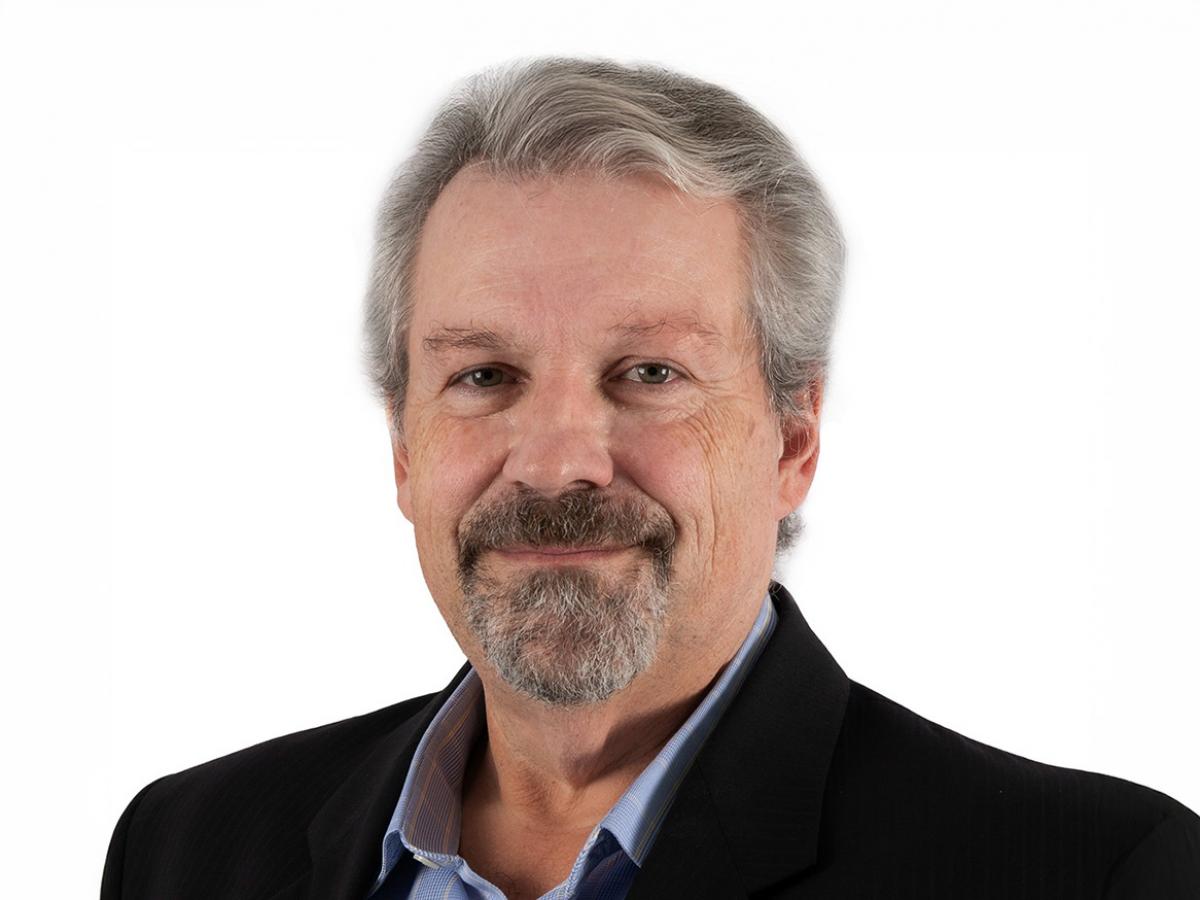
Dr Alan Monaghan is the Senior Vice President of the global Technology & Expert Solutions team for Worley's Resources sector. With over 300 subject matter experts in critical minerals, battery materials and mining solutions, we deliver technology-based and innovative solutions that combine operational improvement and sustainability for industry, including leadership of external technology provider and research relationships for Worley and its customers.
He is currently seconded (part-time) as the Global Mission Coordinator to manage their external collaboration with Mission Innovation, to establish and lead the Net-Zero Industries Mission on behalf of the Australian Government Department of Climate Change, Energy, Environment and Water (DCCEEW).
Dr Monaghan will present:
About Mission Innovation and the Net-Zero Industries Mission
Mission Innovation (MI) is a global initiative of 23 countries and the European Commission (on behalf of the European Union), catalysing a decade of action and investment in research, development and demonstration (RD&D) to make clean energy affordable, attractive and accessible for all. These efforts accelerate progress towards the Paris Agreement goals and pathways to net zero.
Mission Innovation’s Net-Zero Industries Mission (NIM) was established in 2022 to unify the actions of key stakeholder groups, to support the heavy emitting sectors in accelerating the adoption of decarbonisation technologies before 2030. NIM is a collaboration across ten of these countries, from both government and industry, to drive and accelerate the adoption of decarbonisation technologies by the hard to abate, energy intensive industries. Whether it be iron and steelmaking, production of cement and lime, the chemicals and refining industry, or other associated energy intensive industries like aluminium and alumina, decarbonisation requires multiple technical solutions, and a new way of supporting these industries in the investments and risks they must undertake if they are to meet the targets society demands for 2030 and 2050 in achieving net zero.
The Mission’s goal is to catalyse the development and demonstration of cost competitive solutions for the efficient decarbonisation of hard to abate energy intensive industries worldwide by 2030.
-
Dr Alessio Scarsella, Chief Operating Officer, Almatis
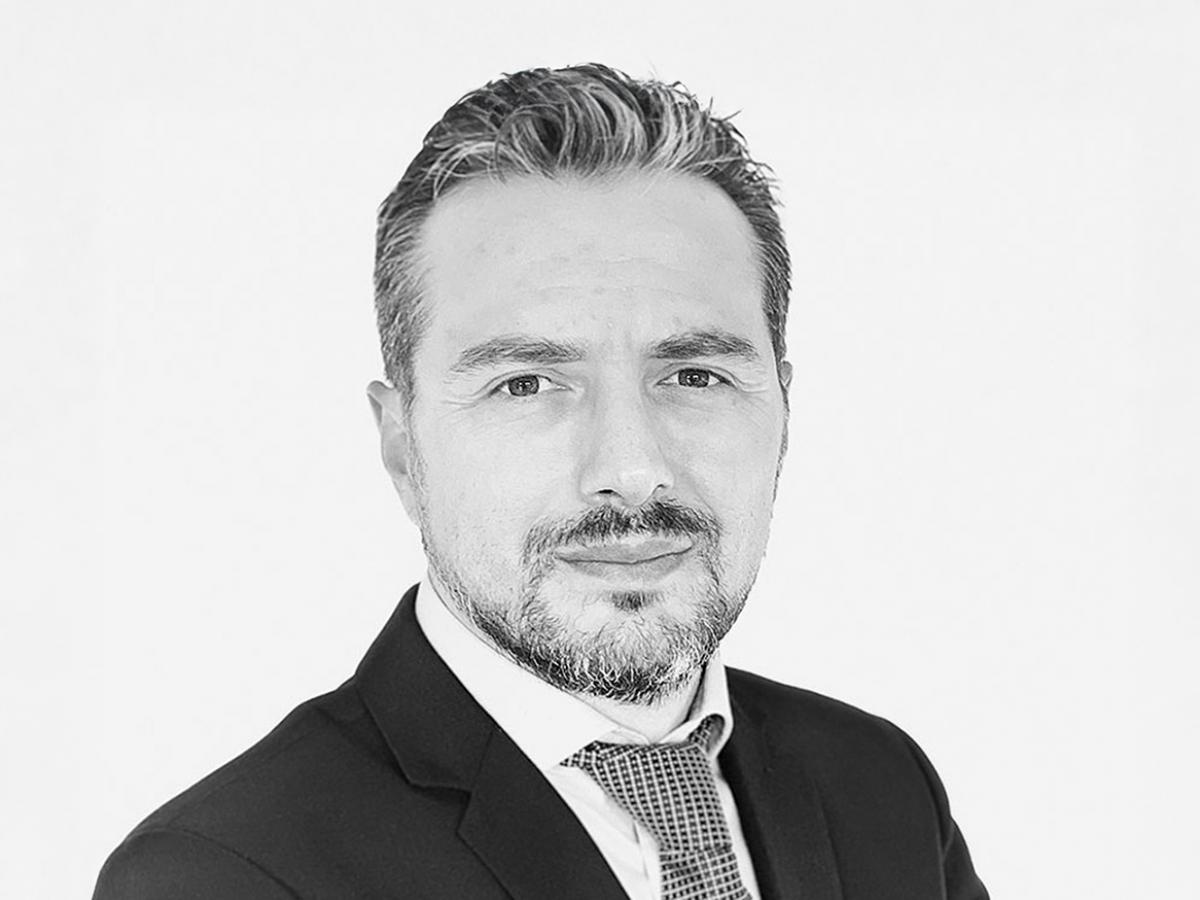
Dr Alessio Scarsella, is a graduate of the University of Adelaide and holds a Bachelor of Chemical Engineering, PhD in Chemical Engineering and Master of Business Administration. He has been working in the mining, minerals, energy and chemical sectors for over 20 years. Dr Scarsella started his career in the power generation sector in Australia then progressed with Rio Tinto, Outotec and Metso, to hold global leadership positions resulting in the establishment of several operations around the world that have contributed significantly to the global production of Aluminum.
Dr Scarsella now holds the position of Chief Operating Officer for the world’s largest Specialty Alumina Producer, Almatis, and oversees the global operations, of 8 sites world wide.
-
Dr Alfonso Chinnici, The University of Adelaide

Dr Alfonso Chinnici is a distinguished Senior Lecturer in Sustainability, Net-Zero, and Energy Innovation at the University of Adelaide and an executive member of its Centre for Energy Technology. Employing cutting-edge research methodologies and fundamental engineering principles, he drives the advancement of ground-breaking clean energy technologies, prioritising the pivotal transition towards a net zero economy. At the forefront of his pursuits are the production and application of hydrogen and alternative energy carriers, alongside initiatives targeting the decarbonisation of carbon-intensive industrial processes, energy networks, and transportation systems. Dr Chinnici’s expertise includes sustainable heat/mass transfer and reaction engineering, combustion science and solar thermal energy, circular economy practices, and environmentally conscious metal/mineral processing techniques. He has over 80 publications in leading international journals, 4 patented innovations, 20 commissioned industry reports, and secured over $10 million in R&D funding. Presently, he occupies a leadership research role within the Australian Heavy Industry Low-Carbon Transition CRC, collaborating closely with industry leaders to drive impactful net-zero initiatives. Dr Chinnici is a former investigator within the Future Fuels CRC, and has also made significant contributions to international initiatives, notably the Mission Innovation ARENA program on green fuels and the Global Net Zero Industries Mission, further establishing his global recognition and influence. Beyond academia, he has lent his expertise as a high-profile consultant to esteemed organisations such as the International Energy Agency and the Government of South Australia, advising on critical aspects of hydrogen, ammonia, green metals, and critical minerals supply chains.
Dr Chinnici will present "Emerging Thermal Pre-treatment Technology".
-
Dr Chris Bataille, Columbia University, US & IDDRI, Paris
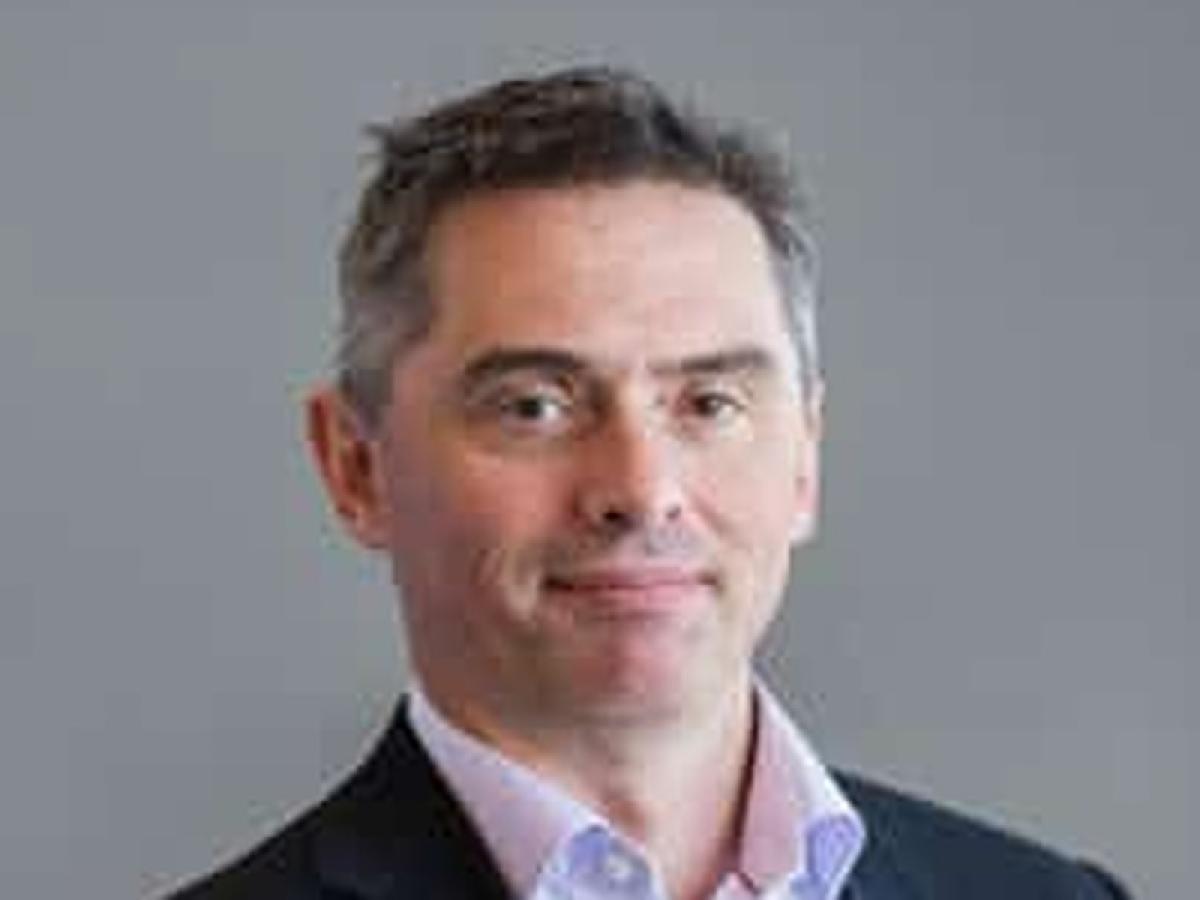
Dr Chris Bataille has been active in energy and climate policy analysis for 27 years as a researcher, energy systems and economic modeller, project manager and managing consultant/partner. He is focused on technology and policy pathways to net-zero GHG emissions for all sectors by 2050-‘70 to meet the Paris Agreement goals. He is an Adjunct Research Fellow at the Columbia University Centre for Global Energy Policy and an Associate Researcher at the Institute for Sustainable Development and International Relations (IDDRI.org) in Paris. Chris was a Lead Author for the Industry Chapter of the 6th cycle of the IPCC Working Group III Assessment Report, as well as the Summary for Policy Makers and Technical Summary. He manages an ongoing global project to review technology and policy options for net-zero decarbonisation of heavy industrial sectors.
Dr Bataille will present:
From first-of-a-kind to the new best available technology standard: How to transform global industrial sectors towards near zero, zero and negative GHG emissions.
Meeting the Paris Agreement goal requires all sectors to reach net-zero by the mid 2050s. Using examples from the iron and steel, and cement and concrete industries, this talk will explore known and speculative, lower and higher cost technical options for resetting the best available standard to near zero emitting. It will also explore sequenced policy options to make this happen in developed and developing country jurisdictions, and to keep driving innovation towards zero and negative emissions.
-
Prof Chris Bumby, Victoria University of Wellington
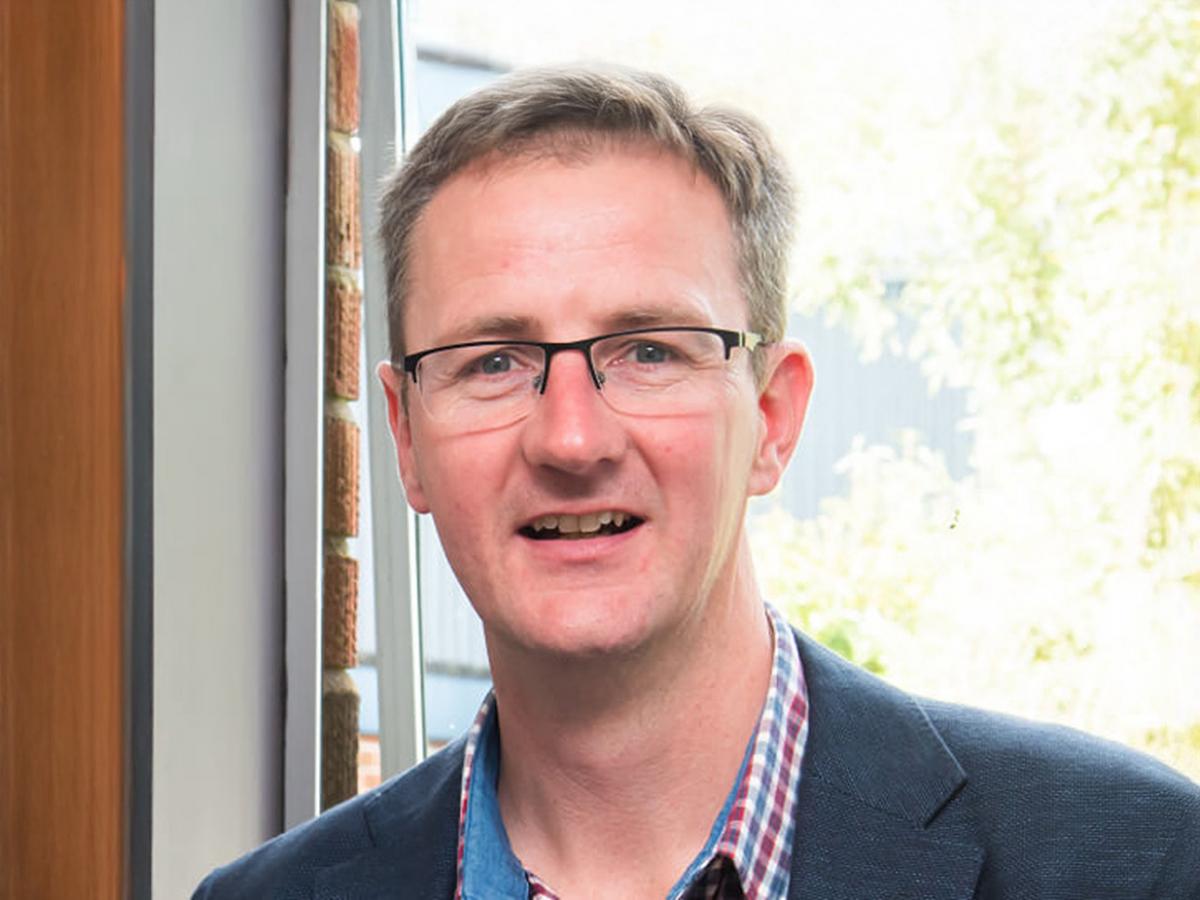
Prof Chris Bumby leads the New Zealand government’s only R&D programme investigating the hydrogen-DRI processing of NZ ironsand. He is Chief Scientist (Materials) at the Robinson Research Institute of Victoria University of Wellington, where his group have built and operate several experimental H2-DRI reactors. This includes both fluidised-bed and continuous vertical shaft systems.
Chris has 20 years R&D experience working with a wide range of stakeholders, including international corporates, start-ups, and government agencies. In 2005, he was awarded his DPhil in Physics from the University of Oxford, and he has subsequently held personal fellowships from the Royal Society of London and the NZ Foundation for Research Science and Technology (FRST). He is a former member of the NZ Climate Change Commission’s Technical Advisory Panel and the Royal Society of New Zealand’s Marsden Panel for Physics, Chemistry and Biochemistry. Chris is also a PI at the MacDiarmid Institute for Advanced Materials and Nanotechnology (a NZ Centre of Research Excellence).
Prof Chris Bumby will present "Operating experience from laboratory-scale hydrogen DRI reactors for New Zealand iron and and other iron ores".
-
Mr Chris Davies, Group Manager Future Energy Systems, AEMO
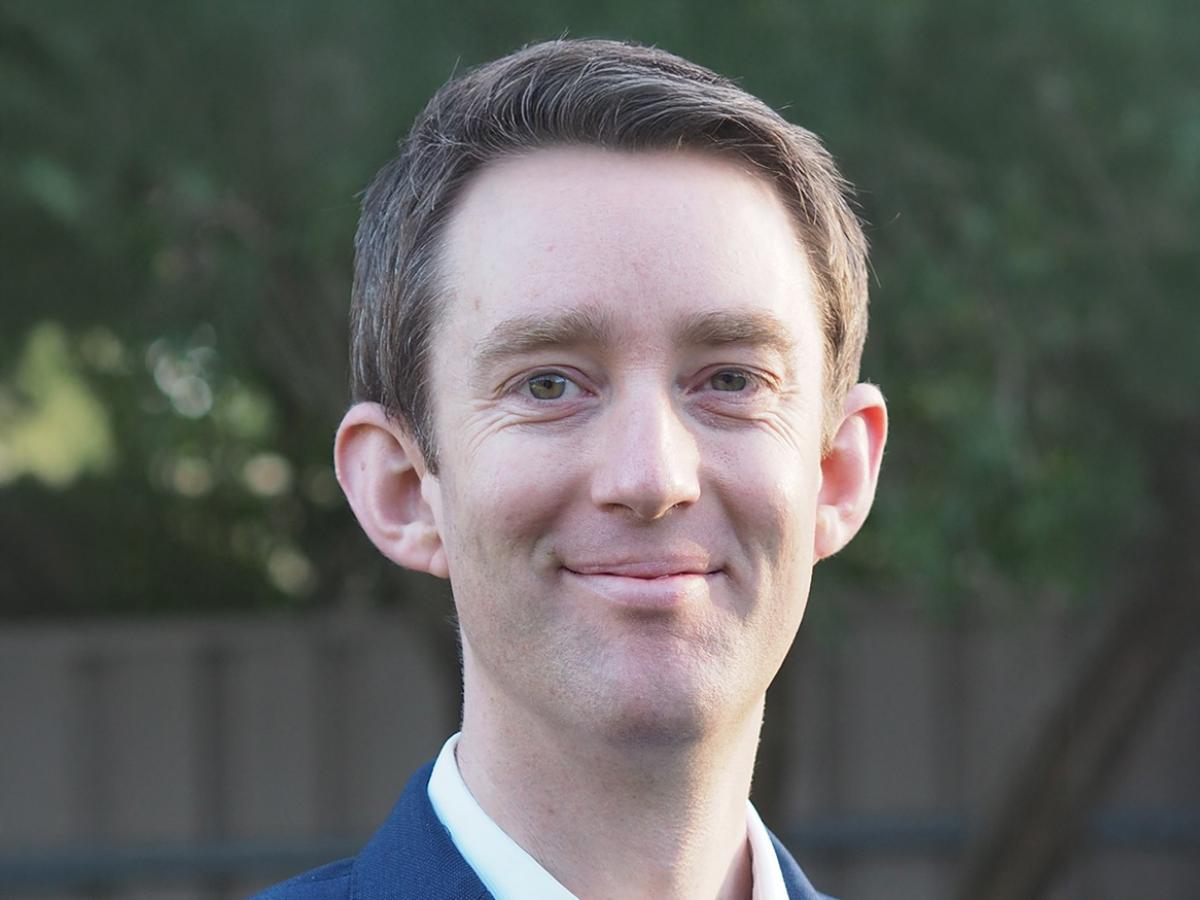
Chris leads AEMO’s Future Energy Systems department, whose core function is to establish and implement a strategy for the engineering and operational readiness efforts that will prepare Australia’s National Electricity Market (NEM) for future operational conditions, including 100% instantaneous penetrations of renewables. In his 7 years at AEMO, Chris has overseen a progressive body of work to prepare for a high renewable power system, including the Future Power System Security Program, AEMO’s Renewable Integration Study (RIS), the NEM Engineering Framework, and most recently the Engineering Roadmap to 100% Renewables.
Chris Davies will present:
Enabling a Net-zero Electricity System
Chris will outline the mix of resources needed to enable a net-zero energy systems by 2050. He will look at how prepared Australia is for a net zero energy system, and what progress has been made in integrating increasing volumes of renewable energy generation.
He will investigate how South Australia provides a window into the future of the way a highly renewable-based power system can function, including how consumer energy resources are playing an increasing role in supporting a reliable electricity supply for the economy.
Chris will also present some of the latest insights from AEMO’s 2024 Integrated System Plan, and the work being progressed through AEMO’s Engineering Roadmap to 100% Renewables.
-
Prof Christian Sattler, German Aerospace Center, DLR
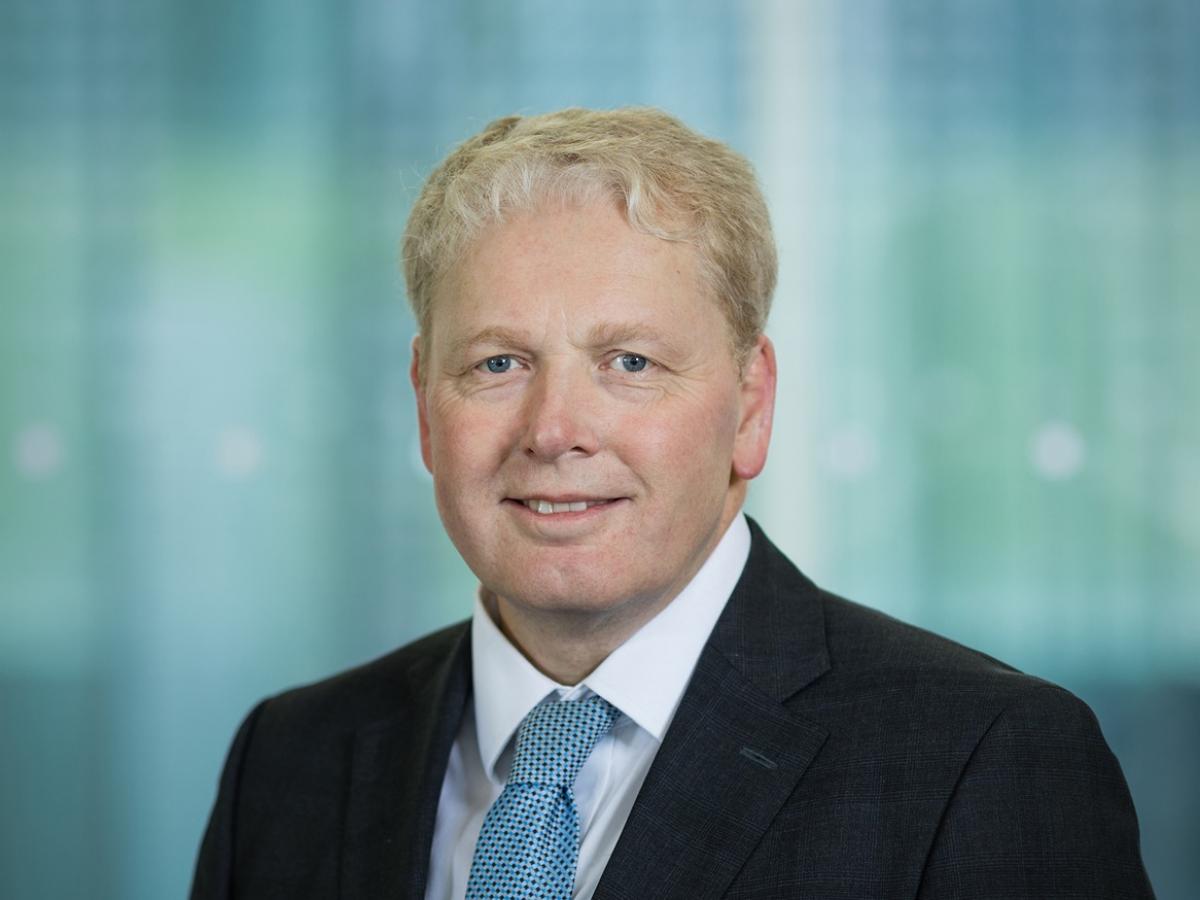
Prof. Dr. Christian Sattler studied chemistry at the University of Bonn, Germany. He is Director of the German Aerospace Centre’s (DLR) Institute of Future Fuels, and Professor for solar fuel production at RWTH Aachen University, Germany. He serves as Vice President of the Association Hydrogen Europe Research representing the European research institutions in the European Clean Hydrogen Partnership. He is the national representative to tasks of the IEA’s SolarPACES Implementing Agreement, and member of the ASME’s Clean Energy Technical Group.
Christian will present "Global Drivers for the Net-zero Transition for Industry and Hydrogen".
-
Mr Corneliu Bodea, CEO, Adrem
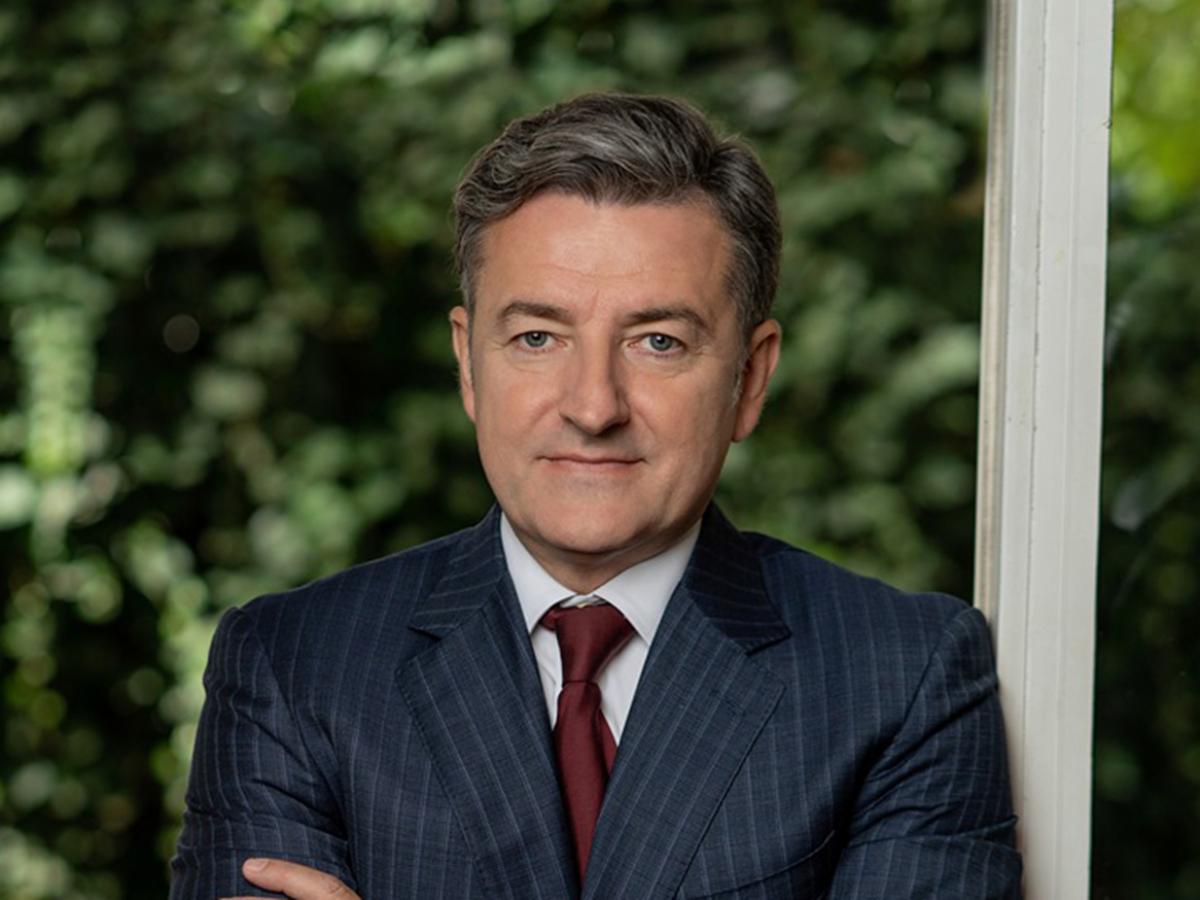
The Romanian entrepreneur Corneliu Bodea is a shareholder of the international ABBC Group and CEO of Adrem. A brand with over 30 years of history on the Romanian market, Adrem consists of three companies active on the entire value chain of the energy sector – Adrem Invest, Adrem Engineering, and Adrem Link.
Corneliu extended his engineering education with management studies and an MBA from the Open University, UK, and most recently with the Board Director’s Programme at Henley Business School.
Since 2014, Corneliu Bodea was elected President of the Romanian Energy Center (CRE), a non-governmental organization active in the energy industry, effective both in Romania and Brussels. CRE represents the interests of the main stakeholders on the Romanian energy market and facilitates communication with their corresponding European interlocutors, while also providing a European platform for dialogue for the energy industry.
With significant experience in the energy industry, in managing complex projects and over 1.000 employees, Corneliu is very committed to contributing to all initiatives that foster the Romanian entrepreneurial environment and to actively supporting economic, environmental, and social sustainability, through his involvement in projects and activities within relevant business associations and organizations, such as the Aspen Institute, CONAF, Leaders Foundation, Romanian Business Leaders and ReThink Romania. He believes it is our responsibility, as companies and individuals, to engage in activities without exhausting the available resources and affecting the environment, thus ensuring that the needs of future generations are being met. -
Mr Craig Garlick, CIMR Research Associate, University of Newcastle
Craig has been a pyrometallurgist for more than 4 decades. Originally employed by Newcastle Steelworks he found his first opportunity in Steelmaking Research with BHP at their Central Research Laboratories. He spent the next 33 years in Technical Operations roles spanning the full steelmaking value chain from Mining iron ore in South Australia, coal in the Hunter Valley, electric smelting and steelmaking in New Zealand, through to casting and rolled product applications with Onesteel in Whyalla and Newcastle.
In the most recent decade, he has worked with Rio Tinto and then Yancoal as a process engineer at their WARKWORTH AND Mt Thorley operations in the Hunter.
In recent years he returned to the Research Labs where it all began with BHP. He works currently as a Research Associate Alternate Ironmaking for the BHP Centre for Sustainable Steelmaking Research at the University of Newcastle. He leads the research activities for electrode smelting of Australian Direct Reduced Iron, preparing for a lower emissions future that makes best use of Australia’s iron ore resources.
-
Mr Dan Manderson, General Manager Assets, Zen Energy

Dan Manderson is responsible for managing all of ZEN’s greenfield origination, connection, and development approvals, tendering for late-stage developments and conducting technical due diligence on potential acquisitions. Additionally, Dan supports ZEN’s Energy Markets team to assess risks involved with PPA and tolling agreements.
Dan has deep and extensive experience across the energy sector with expert capabilities in utility scale solar and battery energy storage systems and a thorough understanding of NEM connection processes and challenges. He has also worked across a range of wind, hydrogen and thermal power projects including as Technical Adviser on Fortescue Future Industries’ global green hydrogen portfolio.
Prior to joining ZEN, he was the Australian manager of New Energy for global engineering advisory firm WSP. During his time there, he was involved in a diverse range of energy sector feasibility assessments and projects, covering solar, wind, bioenergy, energy from waste, carbon capture and storage, hydrogen, and various forms of energy storage (thermal, chemical, hydro, compressed air).
-
Ms Felicity Lloyd, Chief Sustainability and Innovation Officer, Adbri

Ms Felicity Lloyd has a Bachelor of Chemical Engineering and Executive MBA from the University of Adelaide (SA). She is a technical, operational and sustainability leader with 20 years of heavy industry experience. Her current role is with Adbri as Chief Sustainability and Innovation Officer leading the company’s sustainability and innovation initiatives, she also held the role of CEO of the HILT CRC. She currently Chairs the Institute for Sustainability, Energy and Resources (ISER) Advisory Board at the University of Adelaide and is a Member of the Australian Institute of Company Directors (AICD).
-
Prof Frank Jotzo, Australian National University
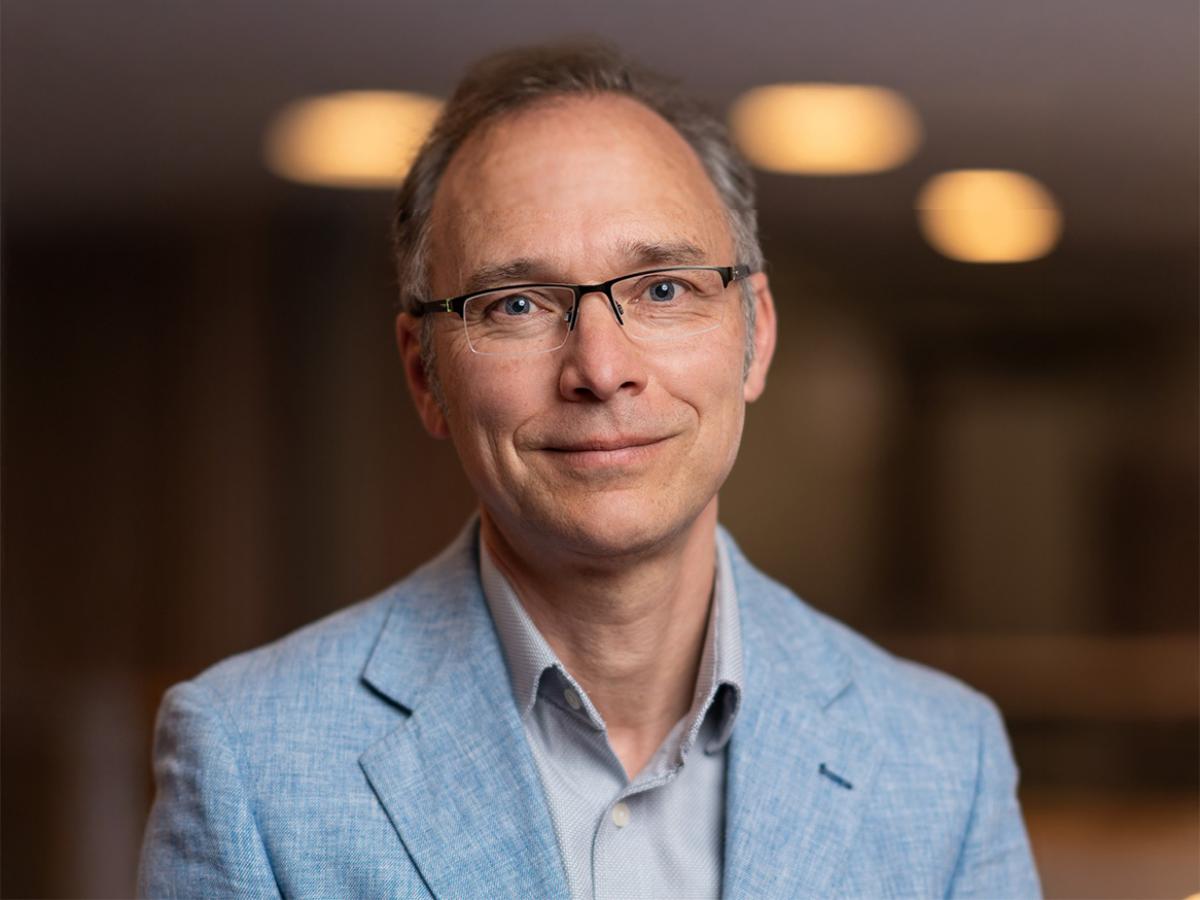
Frank Jotzo is Professor of environmental and climate change economics at the ANU Crawford School of Public Policy. He is also Head of Energy with the ANU Institute for Climate, Energy and Disaster Solutions.
He has led the Australia’s Carbon Leakage Review, recommending policy options to federal government to help underpin clean industry investments. He has also advises State governments, and has held senior author roles with the Intergovernmental Panel on Climate Change. He leads aspects of industrial decarbonisation research under the Heavy Industry Low-carbon Transition Cooperative Research Centre (HILT CRC), and a program to help understand the prospects for large scale green iron exports from Australia to East Asia.
Prof Frank Jotzo will present "Global and National Drivers to Decarbonise Heavy Industry".
-
Mr Gavin Hobart, Executive General Manager of Mining and Transformation, SIMEC Mining
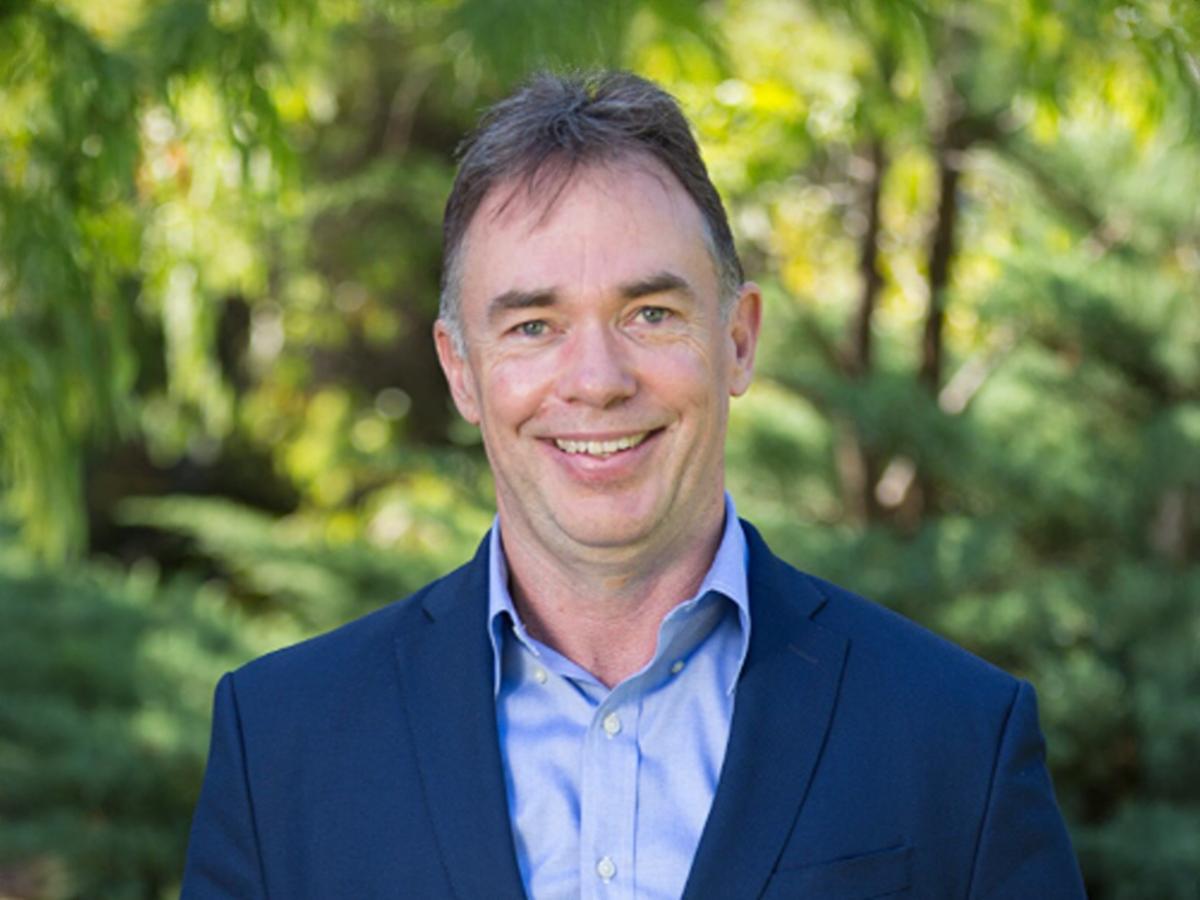
Gavin Hobart is a highly experienced leader in the mining industry, specializing in magnetite processing and sustainable innovation. Presently the Executive General Manager of Mining and Transformation for SIMEC Mining, Adelaide, he has responsibility for the full green iron and steel transformation program in Whyalla. His focus includes identifying scalable mineral resources, and integrating emerging technologies for mining, processing to commercialise the resource, and modernise our iron and steel manufacturing to establish a sustainable manufacturing for the next generation.
With over 30 years of industry experience, 24 of these in OneSteel, Arrium, and now GFG in his current EGM capacity, as well as other leadership roles, including General Manager Development and General Manager Primary Operations. He has led significant expansion projects, including the life extension project at Tahmoor Coking Coal, commissioning and operational debottlenecking of the SMR magnetite concentrator, and growing the hematite export business from 4 Mtpa to 12 Mtpa. He is known for his strategic vision, commercial acumen, and fostering a culture of diversity and inclusion.
Gavin also spent 7 years at Roxby Downs with WMC working in technical and management roles across the various metallurgical processing areas.
Gavin holds a Bachelor of Engineering (Honours) in Metallurgy from the University of South Australia, alongside executive leadership qualifications from Sydney University.
Gavin Hobart will present "Leading the Charge on Decarbonisation on Iron and Steel Making in Whyalla".
-
Prof Geoff Brooks, Swinburne University of Technology
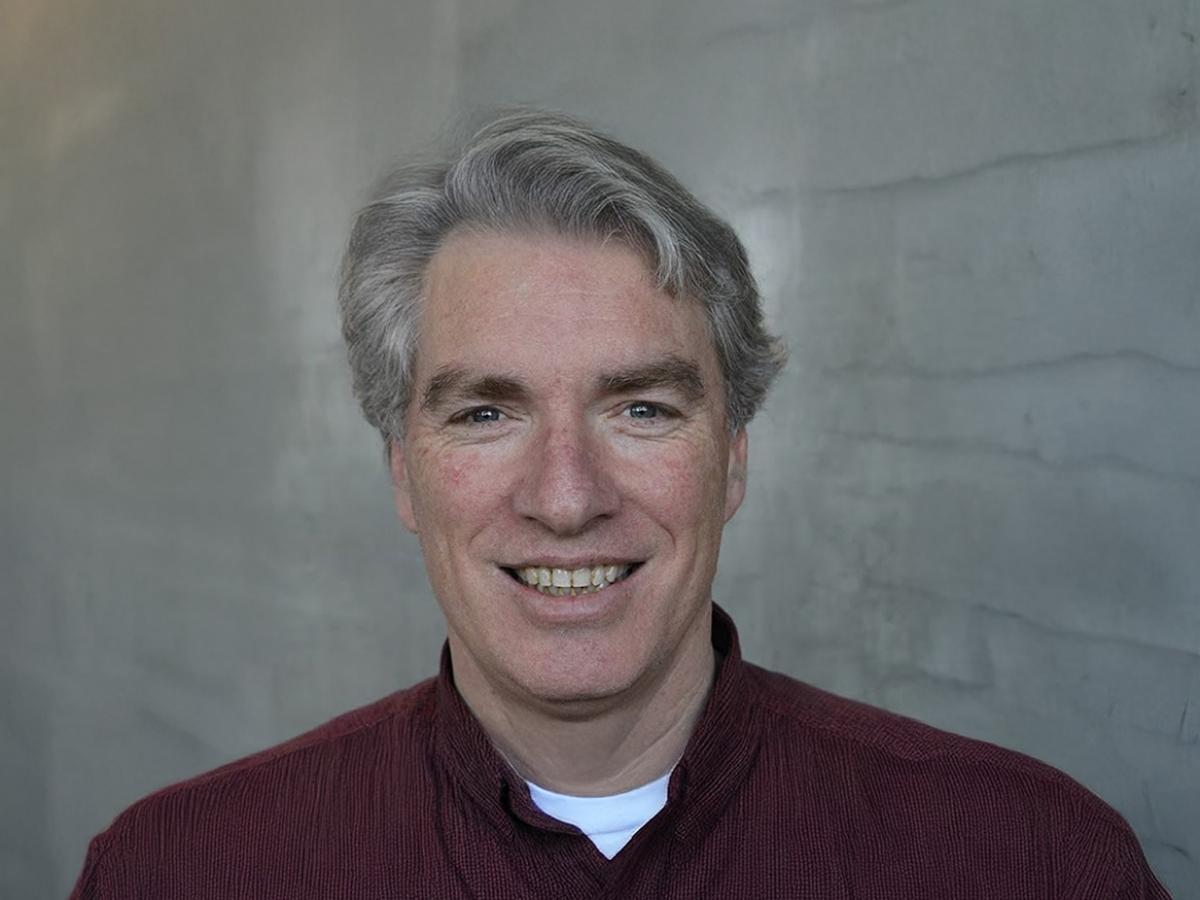
Geoff Brooks is the Joint Swinburne/CSIRO Professor for Sustainable Minerals Processing. He has been a Professor at Swinburne for 17 years and previously held academic positions at the University of Wollongong and McMaster University. Over his career he has worked with many major metallurgical companies, particularly in the steel industry, and published over 250 papers with his co-authors. He and his co-authors won numerous best paper awards from international societies, including awards from the TMS, ASM and IOM3. Geoff was awarded the Bessemer Gold Medal from IOM3 in 2023 for his contribution to the international steel industry.
Geoff will present "Different reactors for Hydrogen DRI - Evaluating the Options".
-
Prof Göran Roos, Adjunct Professor, the University of Adelaide
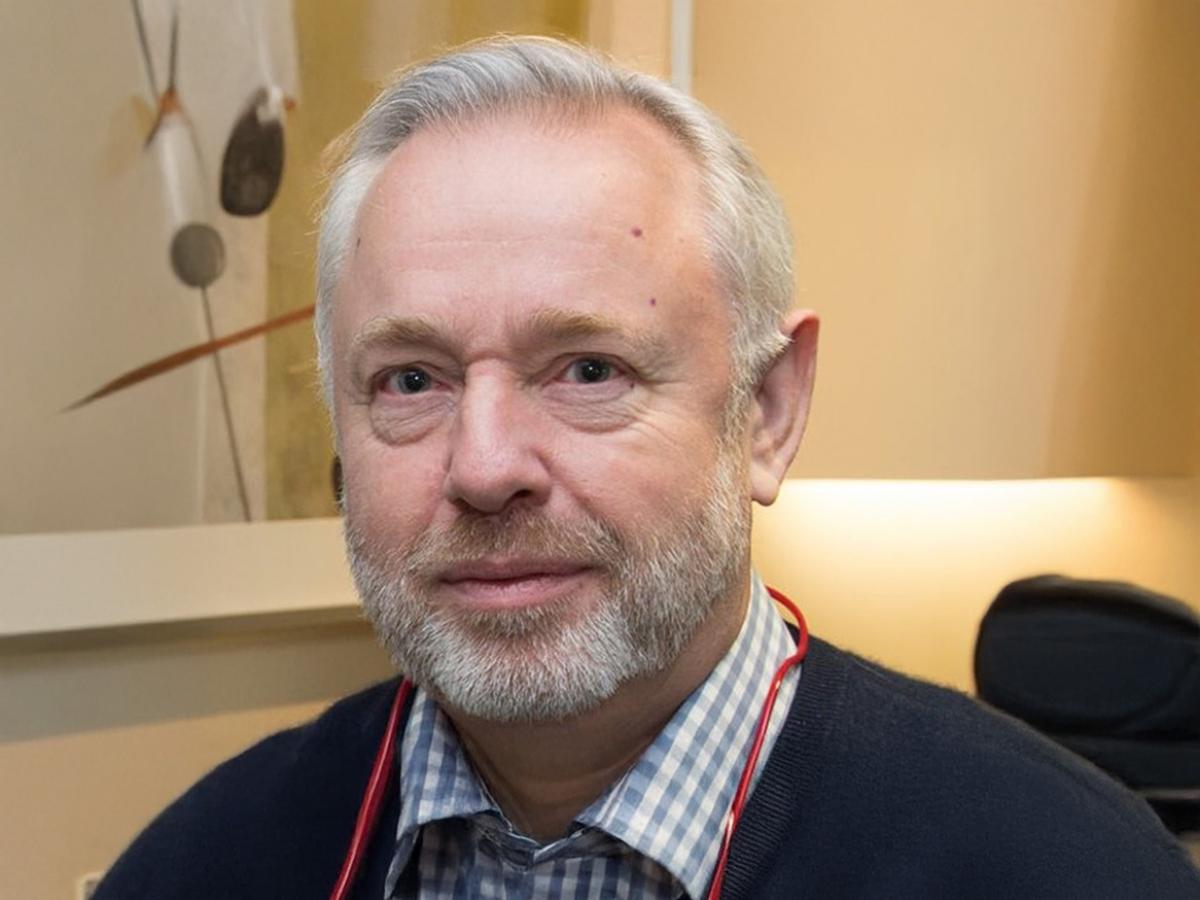
Professor Göran Roos is a leading expert in intellectual capital, strategy, innovation management, and industrial policy. His work has significantly contributed to the development of modern intellectual capital science and its practical applications.
Professor Roos holds several academic positions, including Adjunct Professor at the Institute for Sustainability, Energy and Resources (ISER), University of Adelaide, and Visiting Professor at Kristiania University College. He is also a Visiting Professor in Business Performance and Intangible Asset Management at Cranfield School of Management, Cranfield University. Professor Roos is a fellow of both the Australian Academy of Technological Sciences and Engineering (ATSE) and the Royal Swedish Academy of Engineering Sciences (IVA).
Professor Roos has extensive experience in high-level advisory roles internationally has served on numerous boards and committees. In Australia he served on the Prime Minister's Manufacturing Leaders Group and the Economic Development Board of South Australia as well as in numerous other advisory and governance roles. His expertise has been sought by government bodies and industries in over 50 countries, demonstrating his global influence in both public and private sectors.
With over 300 publications to his name, including books, book chapters, papers, and articles, Professor Roos has made substantial contributions to academic literature. His work has garnered over 18,500 citations according to Google Scholar, indicating its significant impact in the field. He serves on the editorial boards of several international academic journals.
In recognition of his contributions, Professor Roos was named one of the 13 most influential thinkers for the 21st Century by the Spanish business journal "Direccion y Progreso". He was appointed "Manufacturing for the Future" Thinker in Residence by the South Australian Premier in 2011, and in 2022, he was named the first South Australian Green Economy Catalyst, highlighting his ongoing relevance to Australia's economic and environmental strategies.
Professor Roos holds a PhD from the University of South Australia, complementing his international qualifications which include an MBA from INSEAD and an MSc in Engineering Physics from Chalmers University of Technology.
His current work focuses on digital transformation and the transition to a low environmental footprint economy, addressing critical challenges facing businesses and governments globally. Professor Roos's unique combination of academic rigor, practical experience, and international perspective positions him as a valuable resource for organizations and policymakers navigating complex economic and technological landscapes worldwide.
Prof Roos will present "Policy, Regulatory and Financial Frameworks for Facilitating the Net-Zero Transitions for High Temperature Process Industries".
-
Prof G.J. 'Gus' Nathan, Interim Director, ISER, The University of Adelaide & Research Director, HILT CRC

Gus Nathan is the Interim Director of the Institute for Sustainability, Energy and Resources and a Professor in Mechanical Engineering at the University of Adelaide; a Fellow of the Academy of Technological Sciences and Engineering, with the Combustion Institute and Engineers Australia; a recipient of a Discovery Outstanding Researcher Award from the Australian Research Council; and an ATSE KH Sutherland medallist. He was the bid leader for, and is now the Research Director of, the national $215m Heavy Industry Low-carbon Transition Cooperative Research Centre, the HILT CRC. This builds on his leadership of an ARENA-funded program to develop technology with strong potential to provide energy to the Bayer alumina process with concentrated solar thermal heat in partnership with Alcoa and Hatch, together with his co-leadership of program to develop innovative hydrogen production technologies within the Future Fuels Cooperative Research Centre. Overall, he has led the development of six technology platforms, three of which are in ongoing commercial use and include the flame for Sydney Olympic Relay Torch, while three are currently being upscaled to decarbonise heavy industry. He has published more than 300 papers in international journals, 250 in peer reviewed conferences, 50 commissioned reports and 13 patents.
Professor Nathan is also the founding chair of the High Temperature Minerals Processing (HiTeMP) Forum and co-founder of the Hydrogen Production Technologies (HyPT) forums, both of which attract some 150 delegates from more than 13 countries, drawn equally from industry, research and government agencies. He is also a joint founder of the international ISF Workshop for the Measurement and Computation of Reacting Flows With Carbon Nanoparticles, which engages some 100 researchers from around the world and is aligned with his own speciality in optical diagnostic methods to de-risk emerging technologies in hydrogen production and heavy industrial processes.
-
Prof Greg Metha, Acting Director, Centre for Energy Technology, The University of Adelaide & Australian Director, NSF-CSIRO Global HyPT Center
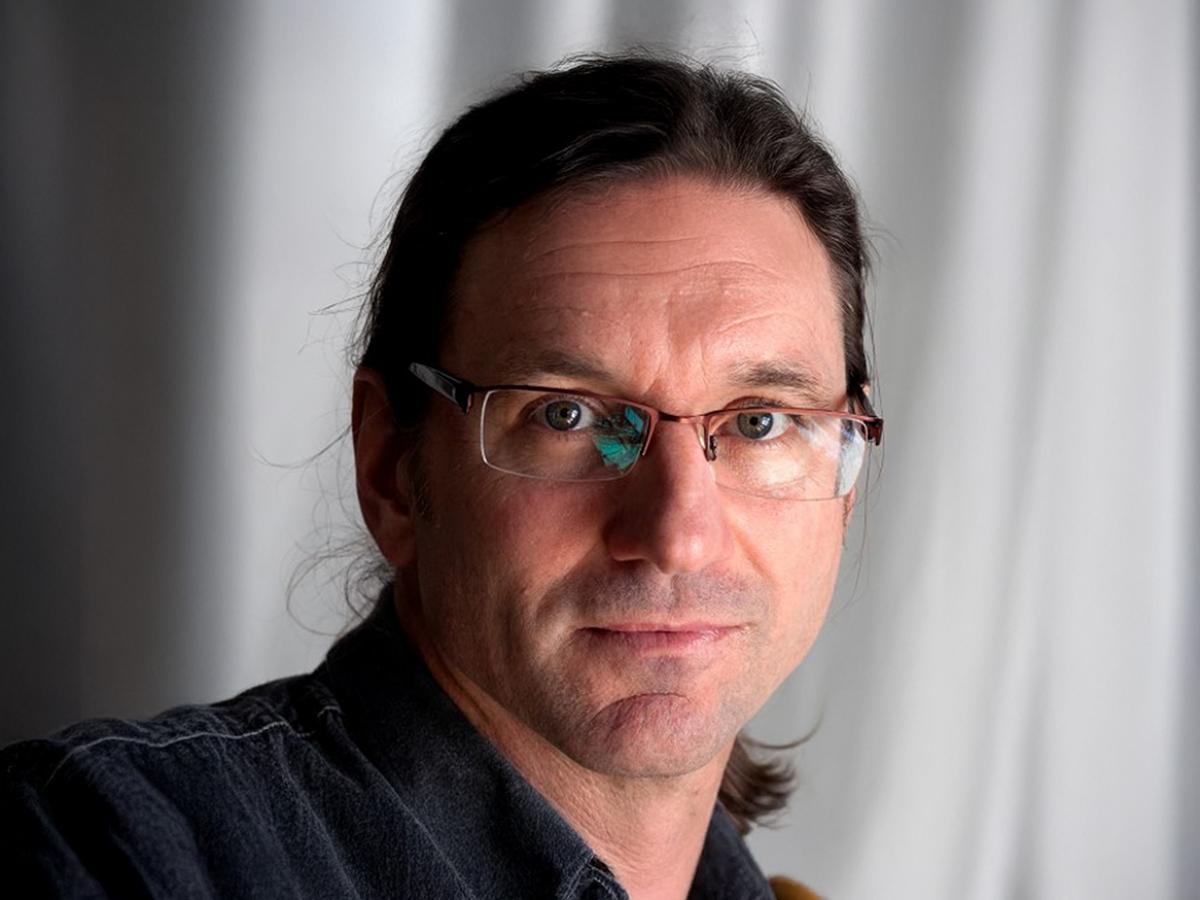
Greg Metha is a Professor of Chemistry and Acting Director of the Centre for Energy Technology (CET) at the University of Adelaide. He established and convenes the international Hydrogen Production Technology (HyPT) series of forums running since 2019. He is also the Australian Director of the NSF-CSIRO Global Center for Hydrogen Production, a sub-task leader for the IEA Hydrogen Technology Collaboration Programme (TCP) Task 45: Renewable Hydrogen Technology, and Australian lead for the Mission Innovation Sunlight-to-X Innovation Platform.
His research uses light sources from lasers to synchrotrons, across the entire electromagnetic spectrum, investigating a range of molecular phenomena to discover new molecules and explore their properties. He heads the Metal Cluster Laboratory which focuses on the exploration of the physical and chemical properties of sub-nanometre sized metallic particles underpinned by advanced computational modelling, the advancement of novel catalysts based on metal clusters, and building novel apparatus and instrumentation including pioneering work developing photocatalytic reactors that operate under concentrated radiation. His most recent work involves using light to produce chemical fuels directly from sunlight such as hydrogen from water-splitting, and hydrocarbons from CO2 reduction.
Prof Greg Metha will present:
Global Assessment of Hydrogen Production Technologies
The production of renewable hydrogen at a massive scale is required to drive the transformation of heavy industries such as iron, steel and cement, as well as displace hydrogen made from fossil fuels that is currently used to generate ammonia and in other chemical processes. The prevailing view is that this hydrogen will come from electrolytic water-splitting using renewable energy, so-called green hydrogen. However, many green hydrogen projects are being shelved indefinitely at FID due to higher than anticipated power process. Consequently, there is increasing interest in alternative forms of hydrogen production that do not directly require electricity. Hydrogen can be directly extracted from natural gas without producing CO2 as a by-product through molten metal or plasma technologies (turquoise hydrogen). Hydrogen can also be extracted from biomass by calcining in a process that can have overall negative CO2 footprint. By directly using solar energy, hydrogen can be formed by photocatalytic or photoelectrochemical water-splitting based on photo-active semiconductors. Concentrated solar can be used to drive thermochemical redox cycles at high temperatures that result in water splitting and other chemical reactions. Hydrogen can also be formed naturally in geological processes and can potentially be directly extracted from underground (white or gold hydrogen).
In order to make sense of this complicated landscape of hydrogen production, the Centre for Energy Technology at the University of Adelaide established a forum where international experts compare, contrast and assess different hydrogen production technologies. The first Hydrogen Production Technologies (HyPT) forum was held in 2019, with second and third meetings in 2021 and 2023, respectively.1 The concept behind the HyPT forums led directly to the formation of the Global Hydrogen Production Technologies Centre.2 With partners and funding from USA (NSF), Australia (CSIRO), Canada (NSERC) and UK (UKRI) it was the only quadrilateral research partnership awarded. The 5-year project has 3 technology thrusts in electrolysis, methane pyrolysis and solar photocatalysis as well as cross-cutting themes in water resources and policy, economics and markets.
This presentation will summarise the global situation for green hydrogen production and consider whether the emergence of alternative hydrogen production technologies can influence the uptake of zero-carbon hydrogen.
1 HyPT-3 forum: www.adelaide.edu.au/cet/seminars-events/hypt/hypt-3-2023
2 Global Hydrogen Production (HYPT) Center: hyptcenter.asu.edu/
-
Prof Hiroshi Nogami, Tohoku University, Japan

Hiroshi Nogami is a professor at Institute of Multidisciplinary Research for Advanced Materials, Tohoku University. He studied Chemical Engineering and was graduated from the same university in 1987. He continued research on the mathematical modelling and numerical analysis of pulverized coal combustion and cokemaking and got the degree of Doctor of Engineering in 1992. He started his academic career at Research Institute of Mineral Dressing and Metallurgy, Tohoku University as Research Associate in 1992. He worked with Prof. Yagi for 13 years and developed kinetic based operation simulator of various high temperature processes, such as blast furnace, ultra-fine powder generation under arc plasma. He also worked with Prof. Guthrie at Department of Mining and Metallurgy, McGill University, Canada from 1997 to 1999. During this period, he developed a method of inverse-heat transfer analysis and applied it to the solidification process in the single-belt strip casting. He also contributed to the development of molten steel feeders for the same process. He was promoted to Associate Professor at Department of Chemical Engineering, Ichinoseki National College of Technology in 2006. Then promoted to Full Professor at Mechanical Science Unit, Muroran Institute of Technology in 2011. Finally, he moved back to Tohoku University in 2013. Three years from May of 2020, he took charge of Collaborative Research Division of Advanced Analysis of Iron and Steelmaking Processes between JFE steel Corporation and Tohoku University. His main research topics are on mathematical modelling of various industrial processes based on the multiphase thermal fluid engineering and reaction kinetics, and optimization of metallurgical and chemical processes through the operation analysis utilizing developed models from the viewpoints of energy, CO2 and resource issues. He has published more than 100 papers in refereed journals.
-
Ms Isha Chaudhary, Global Head of Steel, Raw Materials and Alloys Markets, Wood Mackenzie

With 15 years of experience in the metals and mining industry, Isha drives research and analytics for the ferrous space at Wood Mackenzie. She regularly engages with global miners, steelmakers, investors and industry associations on a variety of commodity research areas. Her specialities include demand and supply forecasting, price surveillance and short-term views, costing and investment analysis across the value chain. She also evaluates and forecasts the impact of decarbonisation on miners and steelmakers.
Before joining Wood Mackenzie, Isha was a Director at CRISIL, an S&P global firm, and was associated with Boston Analytics. Her primary responsibility was advising clients on key strategy and business planning areas in the metals and mining space.
-
Mr Jason Crusan, Vice President New Energy Growth & Solutions, Woodside Energy
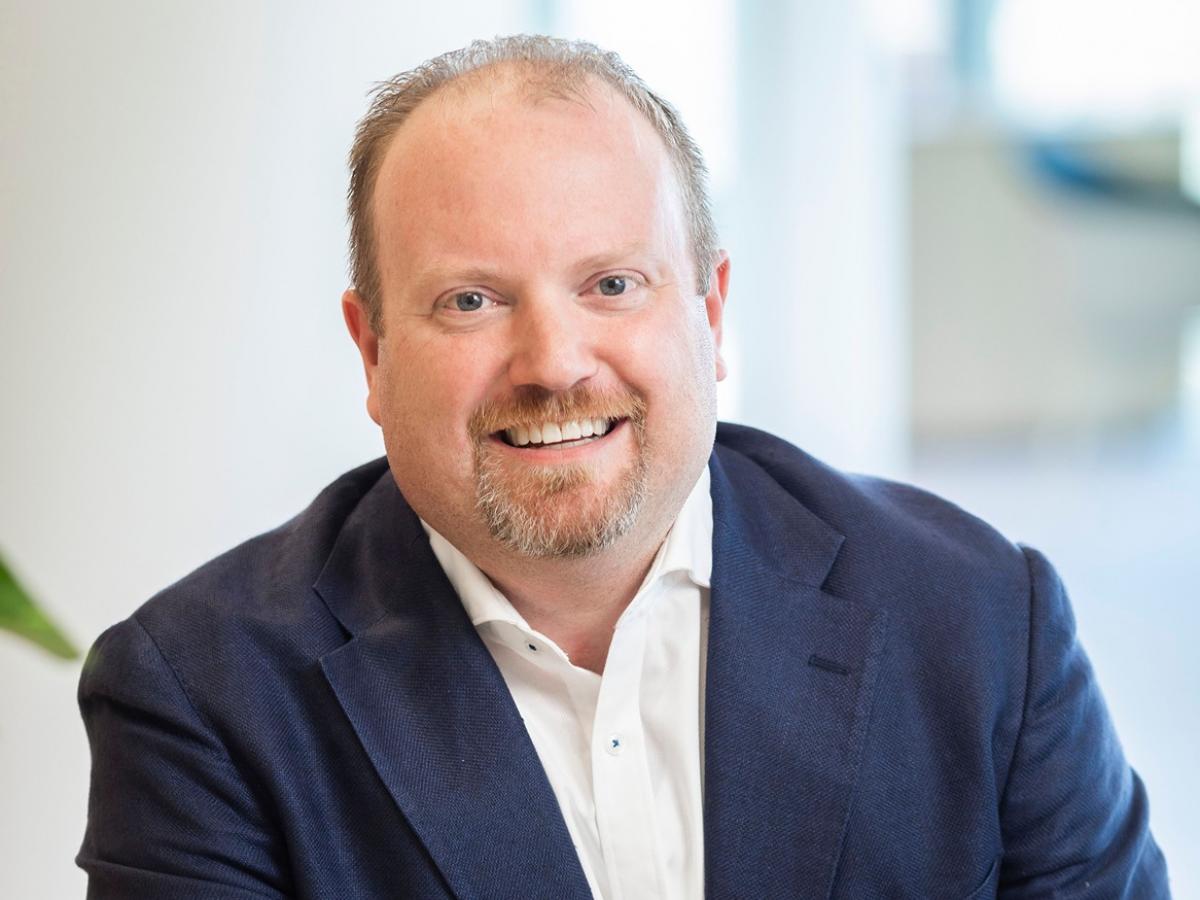
As Vice President New Energy Growth & Solutions, Jason Crusan is responsible for deploying technologies that enable successful energy transition and enabling new supply development outside of the APAC and US regions. This includes Woodside Energy’s production of hydrogen, ammonia and carbon capture and utilisation leading to low cost, lower emissions energy for customers globally.
Jason holds Bachelor degrees in Electrical Engineering and Physics, and a Masters degree in Computing Information Systems. He is currently completing a Doctorate of Engineering in Engineering Management. Jason has more than 25 years’ experience in leveraging industry, academia and government partnerships to accelerate technology advancements across multiple industries.
At Woodside Energy, Jason leads technology across the entire New Energy value chain, including carbon capture and utilisation (CCU). He is responsible for overall system modelling to optimise the production and operations of Woodside’s New Energy solutions, as well as the front end engineering of its hydrogen, ammonia, and CCU facilities for supply development outside of Australia and the United States. This includes securing competitive locations globally, supporting business development via technical solutions for customers, building its portfolio of pilot plants for technology and capability de-risking, and investments to enable growth.
Before joining Woodside in 2019, Jason worked for the United States’ National Aeronautics and Space Administration (NASA), primarily in human spaceflight. He most recently served as Director of Advanced Exploration Systems leading many technology developments and partnerships with commercial industry, including the first human-rated commercial module for the International Space Station (ISS), the first advance manufacturing device in space and the development of launch standards for CubeSats leading to more than 100 missions flown in space. He also established the initial framework agreement for making the ISS a National Lab for commercial use and served as the Senior Executive over NASA’s Return to the Moon efforts with the establishment of the Lunar Gateway and Human Lunar return mission architecture.
Previously, Jason has served as the Chief Technologist for space operations, and successfully directed various technical and strategic initiatives as program or project manager, including the flight of two radar instruments to the moon and being the founding Director of the Center of Excellence for Collaborative Innovation, formed to advance the use of open innovation methodologies across the U.S. Government.
Jason Crusan will present "Enabling H2 Deployment: Lessons from the LNG Industry".
-
Ms Jenny Selway, CEO, HILT CRC
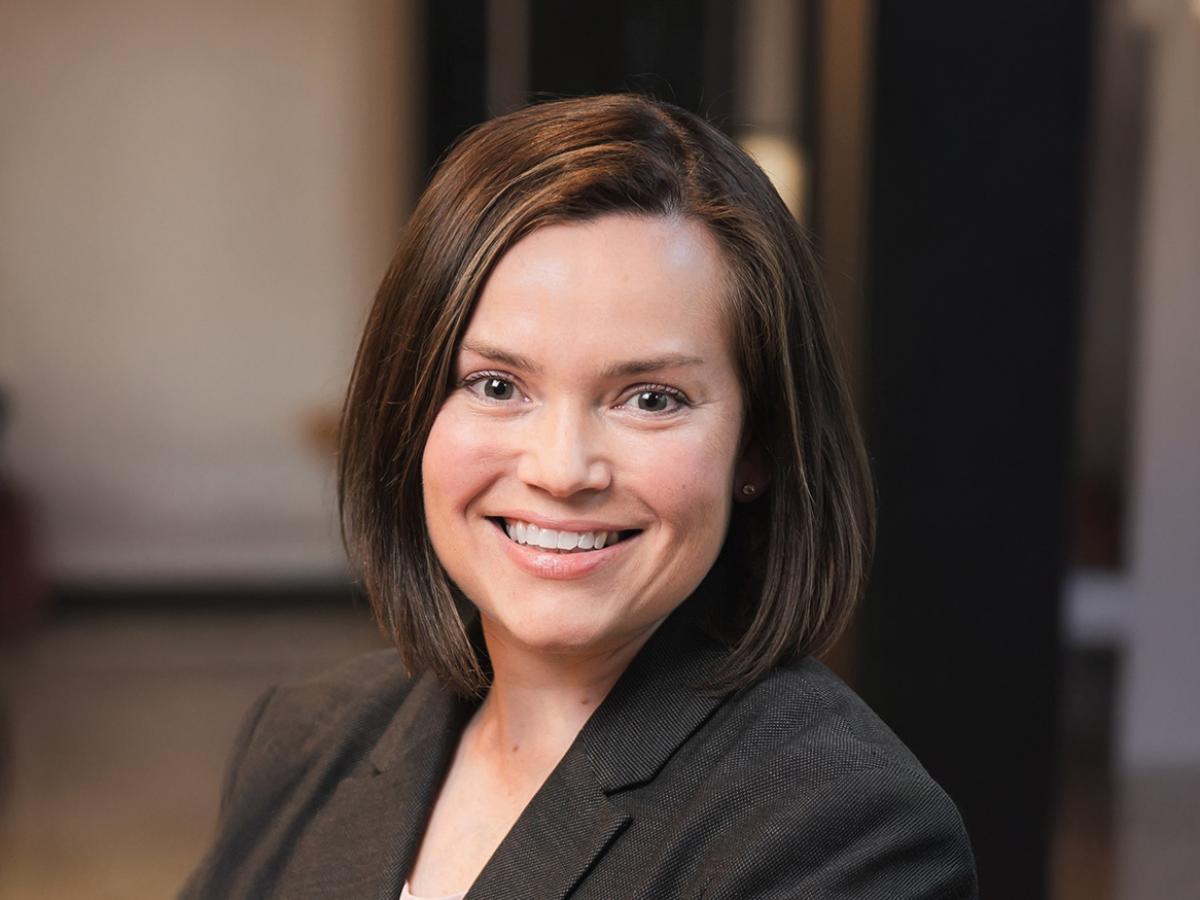
Jenny has over 20 years of experience as an Engineer and Non-Executive Director, with expertise in decarbonisation and the energy transition. Jenny is currently the CEO of HILT CRC, a Co-Operative Research Centre that brings industry, universities and government organisations together to identify and de-risk decarbonisation pathways for Heavy Industry. Prior to this, Jenny worked across the energy industry at AEMO, the Australian Energy Market Operator where she focused on increasing renewable penetration in the Victorian transmission network, and at ExxonMobil, specialising in international joint venture and asset management. Jenny is also currently a Non-Executive Director at Gippsland Water.
Originally graduating from the University of Adelaide with a Bachelor of Engineering (Hons) & Bachelor of Science, Jenny is a graduate of the Australian Institute of Company Directors (AICD), a Fellow of the Engineers Australia, and has completed an Executive MBA from Melbourne Business School and postgraduate studies into Climate Change Policy at the Australian National University.
-
Dr Joe Herbertson AM, Co-founder, The Crucible Group Pty Ltd

Joe is co-founder of The Crucible Group Pty Ltd, which has taken its Continuous Biomass Converter technology to the point of commercialisation. Support for the emergent business remains his primary focus.
Joe was formerly the Director of BHP Central Research Laboratories and General Manager Research BHP Steel. Post-BHP, he initiated the Centre for Sustainable Resource Processing and subsequently became Director of The Natural Step in Australia. He led the strategy development work for Safe Climate Australia.
Recognition for his contributions to research, innovation and sustainability includes Sawamura Award (ISIJ), Hadfield Medal (IMMM), and Member of the Order of Australia. Joe serves on the Assurance Panel of Responsible Steel and continues to act as an advisor to the iron and steel sector.
Joe will present "Renewable carbon products for the transition to net-zero ironmaking".
-
Dr Johann Rinnhofer, CEO, thyssenkrupp nucera Australia
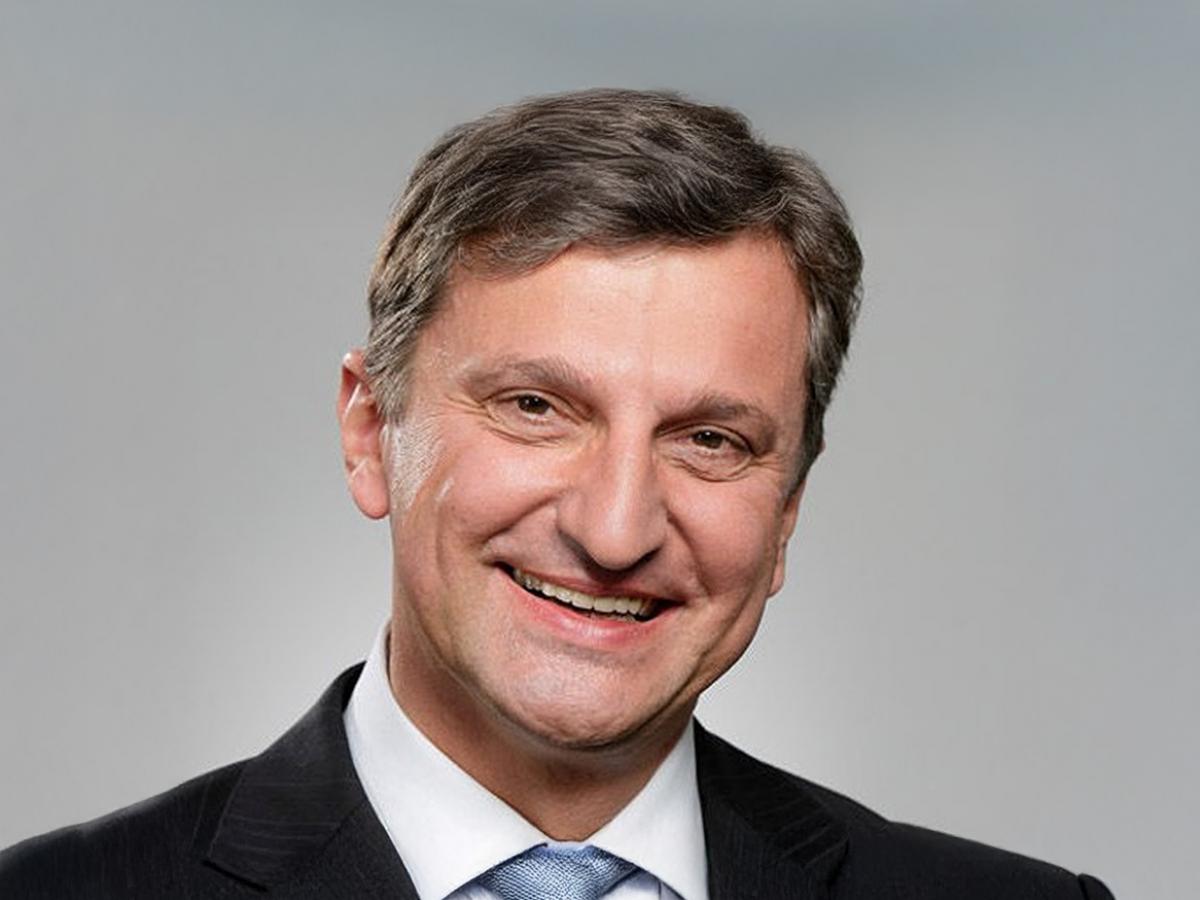
Dr Johann Rinnhofer launched thyssenkrupp nucera Australia in 2022 and is based in Perth, WA.
thyssenkrupp nucera is a leading group of companies in the field of industrial scale green hydrogen technology with more than 3 GW of water electrolysis in execution globally. Those projects are linked to large industrial applications such as green iron & steel as well as green ammonia plants and other.
Johann is a dedicated honorary professor for industrial furnace technology at the University of Leoben in Austria, Dept. of Environmental - & Energy Process Engineering. His special interest is in high temperature minerals and metal processing including the use of electricity and hydrogen as well as heat management in steel, copper and aluminium making as well as the creation of concepts for circular economies.
Johann has more than 25 years of hands-on leadership experience in the role of a CEO in the plant engineering business related to the minerals & metallurgical industry, as well as in applied research. Before joining thyssenkrupp he has been leading companies of SMS, Voestalpine and Austrian Research Centres in Europe and in Australia. He has been a member of the board of VDMA German Mechanical Engineering Federation, Section "Metallurgy, Thermo-Process Technology and Waste Management”.
Dr Rinnhofer will present "Multi Hundred Megawatt and Gigawatt Scale Electrolysis Projects for Industrial Hydrogen Applications - An Update".
-
Assoc Prof John Pye, Australian National University
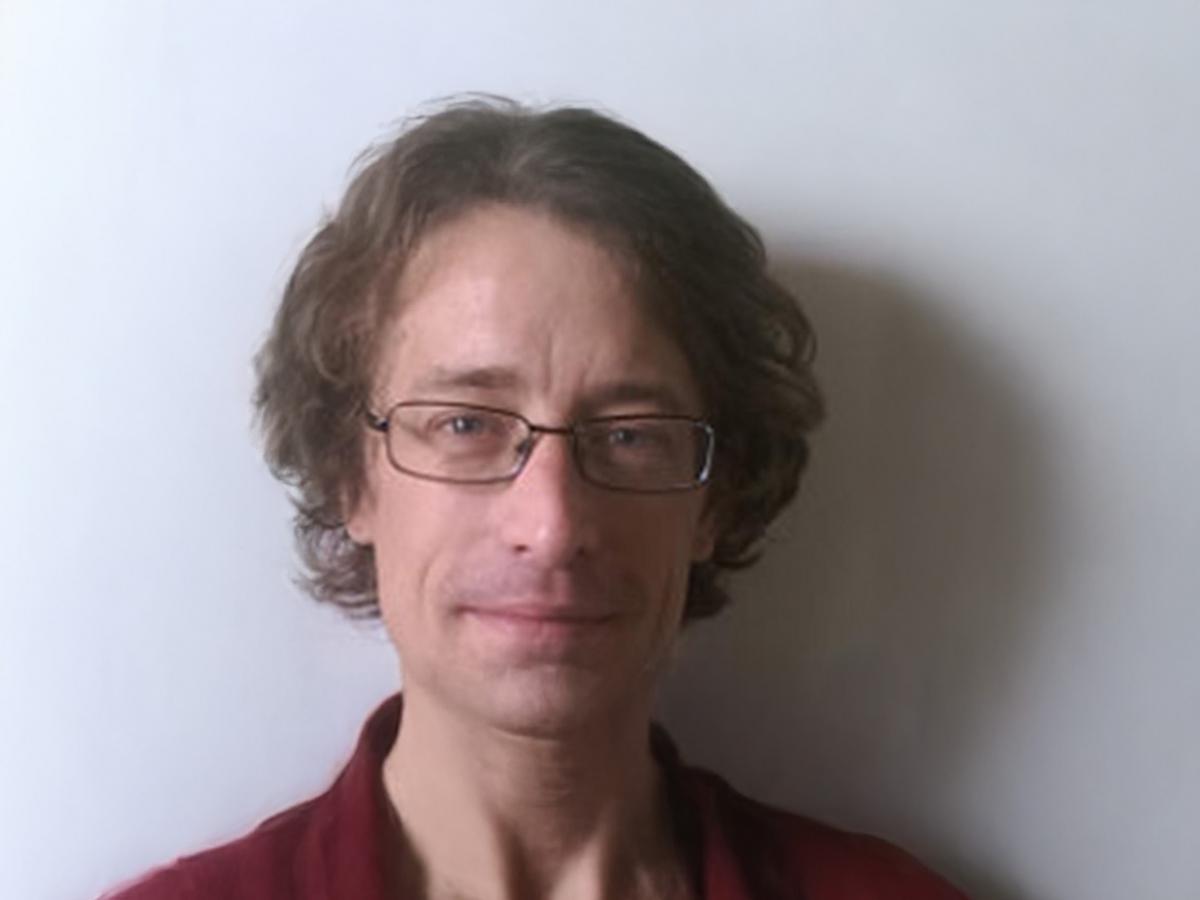
A/Prof John Pye is a Senior Lecturer at the Australian National University’s College of Engineering and Computer Science. His areas of expertise include: energy generation, conversion and storage engineering; renewable power and energy systems engineering; process control and simulation; and mechanical engineering.
A/Prof Pye has been a researcher with the Solar Thermal Group at ANU since 2006. In 2012, he was a visiting scholar at Sandia National Laboratories, National Solar Thermal Test Facility, Albuquerque, New Mexico. His research interests include: high-temperature solar-thermal energy systems; concentrating solar thermal power (CSP aka CST); energy systems modelling; free/open-source software for engineering; optics of non-imaging concentrators; solar receiver design; hybrid thermal energy systems; thermodynamic fluid property calculation; and biomass gasification in supercritical steam.
-
Ms Kristin Raman, Head of Strategy and Sustainability, Australian Gas Infrastructure Group (AGIG)
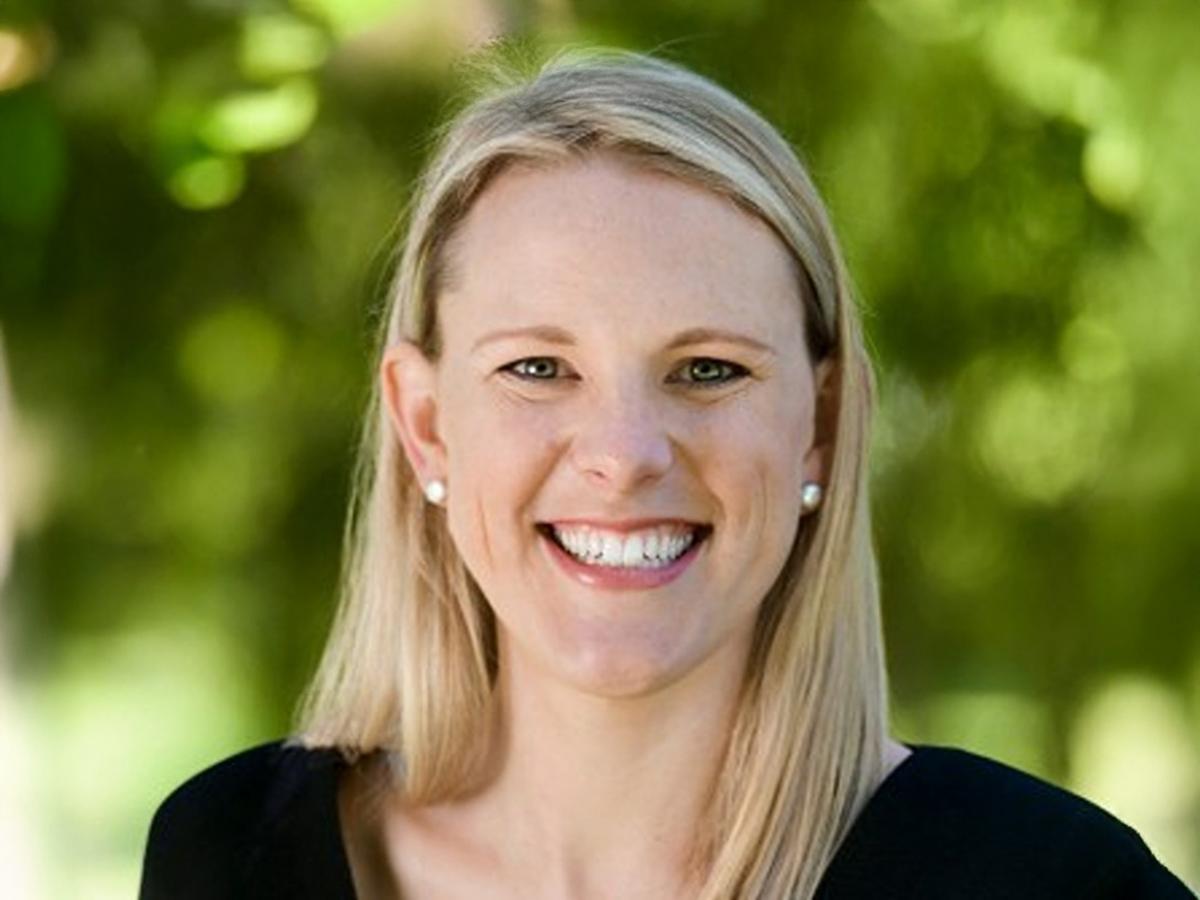
At AGIG, Krissy leads business strategy, Environmental, Social and Governance reporting, internal communications and the implementation of the long-term vision for gas through renewable gases such as hydrogen and biomethane.
Krissy has played a key role in the development and delivery of several renewable gas projects such as Hydrogen Park South Australia, Hydrogen Park Gladstone and Hydrogen Park Murray Valley, including through the related engagement programs.
With a background in Chemical Engineering and Finance, previous experience includes gas and electricity forecasting, energy policy and economic regulation. -
Dr Lina Hockaday, Curtin University
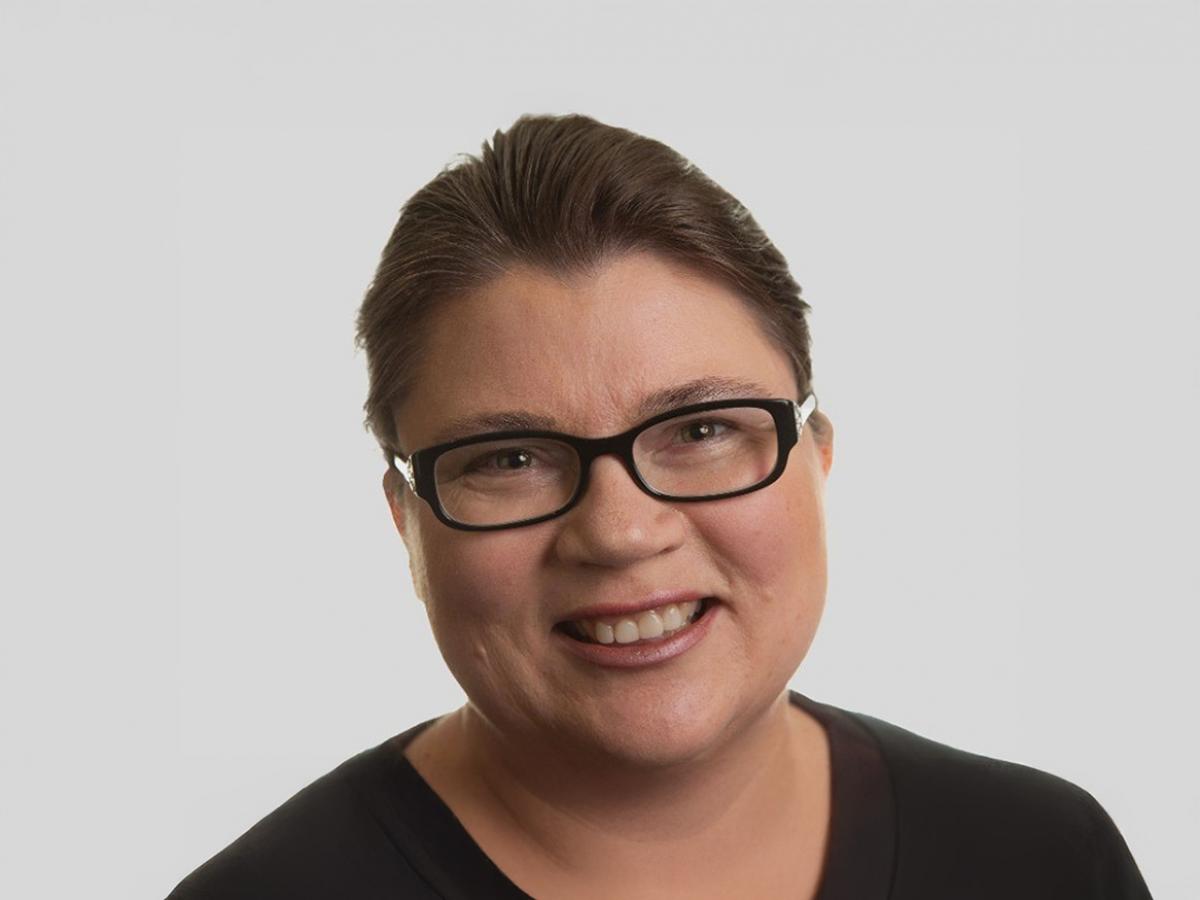
Lina Hockaday has 18 years of pyrometallurgical research experience in the non-ferrous industry. She joined Mintek in 2002 after obtaining her B. Chem.Eng. (Minerals Processing) and M.Sc. in Extractive Metallurgy at the University of Stellenbosch in South Africa. During 2002 to 2010, she worked in the commercial projects group on various projects including the recovery of precious metals in liquid iron and the smelting of ores to produce design specifications of an industrial ferrochrome DC arc furnace. From 2011 to late 2015, she took a break from work and had two delightful children, now aged 13 and 10. From 2015 till 2021, she has been involved in research of new technologies for titanium metal production, chlorination of titanium dioxides in a fluidized bed, and the applications of concentrating solar energy in mineral processing. In 2023, she obtained her PhD Mech Eng with the thesis entitled “Solar Thermal Treatment of Manganese Ores”. Dr Hockaday resigned from Mintek in June 2021 to move with her family to Perth, Australia. Since Oct 2022, she has been employed at Curtin University as a senior engineer and postdoctoral research fellow executing two HILT CRC projects involving the low-carbon upgrading of iron ores.
-
Dr Mahesh Venkataraman, Chief Technology Officer, 1414 Degrees
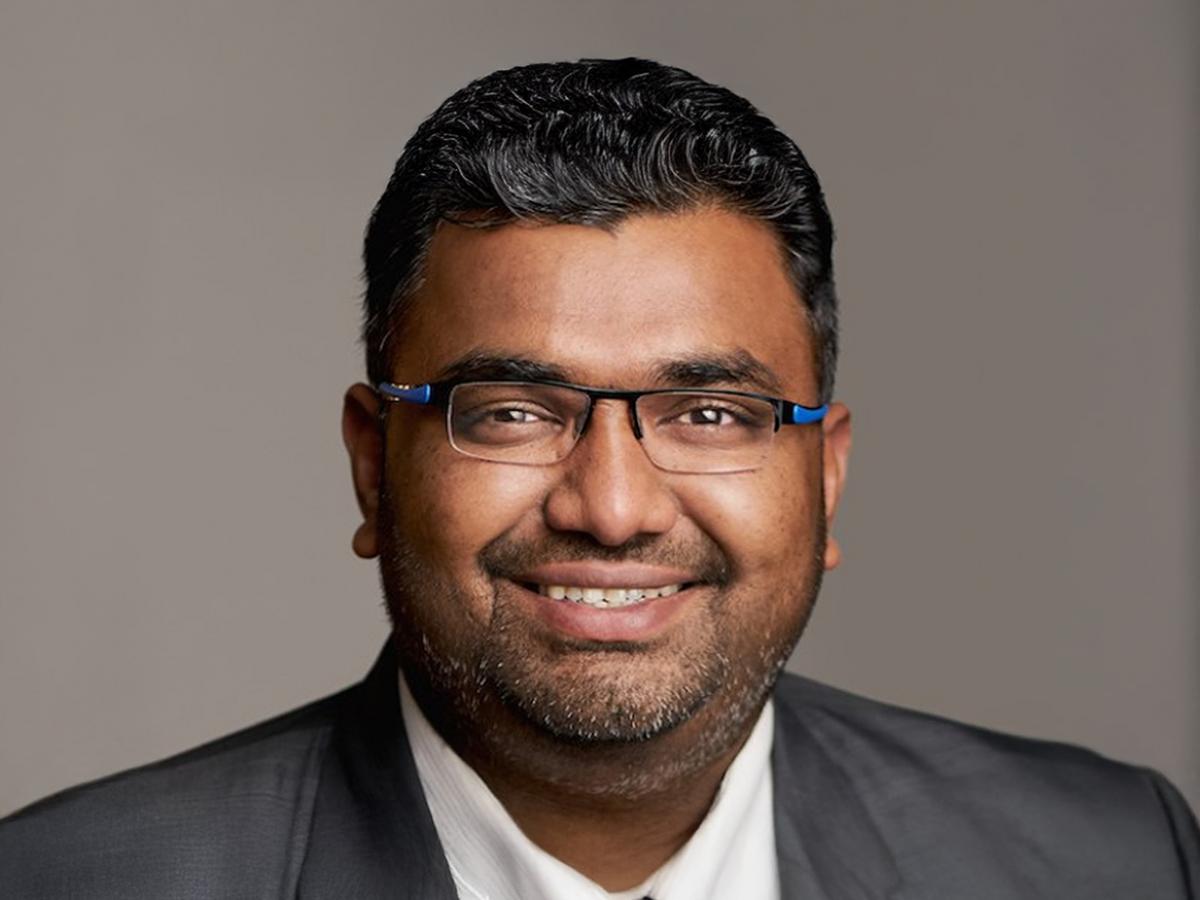
Mahesh has more than 14 years of experience in cutting-edge technological research in high temperature materials, thermal storage, solar thermochemistry and renewable energy integration. As the Chief Technology Officer at 1414 Degrees, he leads their key mission to prove the SiBox™ and SiPHyR technologies for commercial use and develop the next generation of efficient silicon energy storage.
Mahesh has a Bachelor of Technology (Materials and Metallurgical Engineering) from the Indian Institute of Technology, Kanpur and a PhD in Mechanical and Aerospace Engineering from Monash University. At Monash, he studied the effect of grain structure on corrosion of nanocrystalline and bimodal Fe-based alloys. Subsequently, he has worked at world-renowned academic institutions including the Australian National University and the University of Connecticut on solar thermochemistry and intermediate temperature solid-oxide fuel cells. He now leads 1414 Degrees' engineering and R&D teams, and also manages their research partnerships with several universities and national labs in Australia and overseas. Mahesh has a strong interest and track record in developing a wide array of renewable energy technologies including thermal energy storage, synthetic fuels, green steel and low-emissions hydrogen production.
Dr Mahesh Venkataraman will present "The Future of Clean Heat: A Low Carbon Revolution for Industry".
-
Dr Mark Pownceby, Principal Research Scientist, CSIRO

Dr Mark Pownceby joined CSIRO in 1992 as a Research Scientist. Mark’s research expertise is in the field of solid-state chemistry and mineralogy. He applies this expertise in research projects related to the characterisation of bulk iron ores and their sintered products; heavy mineral sands characterisation and processing; the mineralogy of uranium ores; recycling and sustainability; and experimental phase equilibria.
Mark has over 25 years of experience in iron ore and in his present role his major activities involve understanding the complex mineral assemblages formed during the sintering of iron ores and for overseeing the ore characterization activities in CSIRO’s Iron Ore Geometallurgy research area. He has made significant contributions to fundamental studies of iron ore. In particular, Mark and his colleagues have brought a strong scientific understanding to the sintering behaviour of iron ores through high temperature x-ray diffraction and determination of important chemical equilibrium data for these systems. His recent research has focused on understanding the relationships between impurities and iron ore textural types.
Mark Pownceby will present:
Emerging Pathways to Process Low-grade Iron Ore: Green Iron Ore
Transitioning from coal-consuming blast furnaces to green processes is a key step in the global steel sector’s decarbonisation pathway. Substantial research effort continues to be placed on developing new ironmaking process technologies (e.g. hydrogen-based DRI) however insufficient supply of suitable high-grade (>66-67% Fe)* ores remains a significant challenge with head grades declining as high-quality, easy-to-mine resources are exhausted and there is increasing reliance on below water table and problematic, low-grade ore types.
Mineral processing underpins efficient and sustainable iron production and is essential to securing high-quality raw material for green steel processes. While in-ground resources cannot be changed, technical market knowledge supported by fundamental geometallurgical and unit process understanding of ore bodies can improve long-term value optimisation. This presentation discusses the impacts of low-grade ore types on decarbonising the iron and steelmaking industry and considers potential forward pathways.
*4% above the benchmark index and ~5-6% above the grades of major Pilbara iron ore producers.
-
Mr Martin Smith, Business Development Director, Primetals
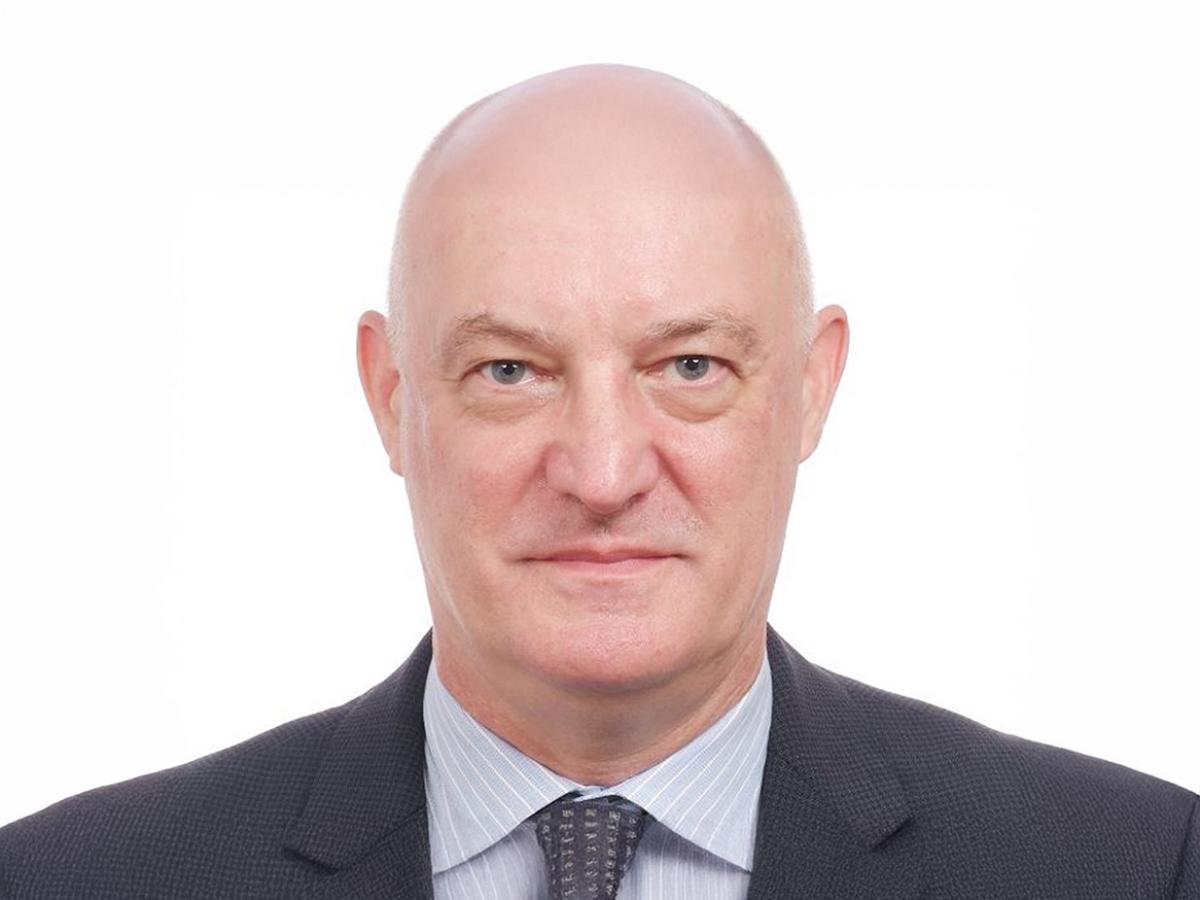
Martin Smith graduated from Imperial College, London with a degree in Process Metallurgy in 1987. An initial engagement with the steel industry started with British Steel Teesside both before and during study. This was followed by employment with the then Davy McKee Iron and Steel group with a focus on iron and steelmaking related technologies. Following overseas secondments to many of the world’s most famous iron and steel makers for commissioning and troubleshooting type roles, Martin was promoted to become Manager of Process Engineering and then to Head of Blast Furnace Technology whilst the company transformed through various guises to be the Primetals that is now a leader in the iron and steel technology supplier market. Martin has now taken a permanent transfer to the Primetals Taiwan office with a responsibility for business development over iron and steel technologies in the Asia/Australia region. Martin is a Fellow of the Institute of Materials, Minerals and Mining, a member for its Iron and Steel Division subcommittee and a nominated reviewer of papers for the Ironmaking and Steelmaking journal.
-
Dr Matt Boot-Handford, Chief Scientist, Calix Ventures

Matt Boot-Handford is the Chief Scientist for Calix Ventures overseeing technology development across Calix and its ventures. His previous roles include General Manager for Research and Development and Head of Calix' Advanced Batteries Program. Matt completed his PhD in Chemical Engineering at Imperial College London in 2016.
Matt will present "Calix: Decarbonising industry through the electrification of industrial HiTeMP processes".
-
Prof Mercedes Maroto-Valer, Director, IDRIC, UK
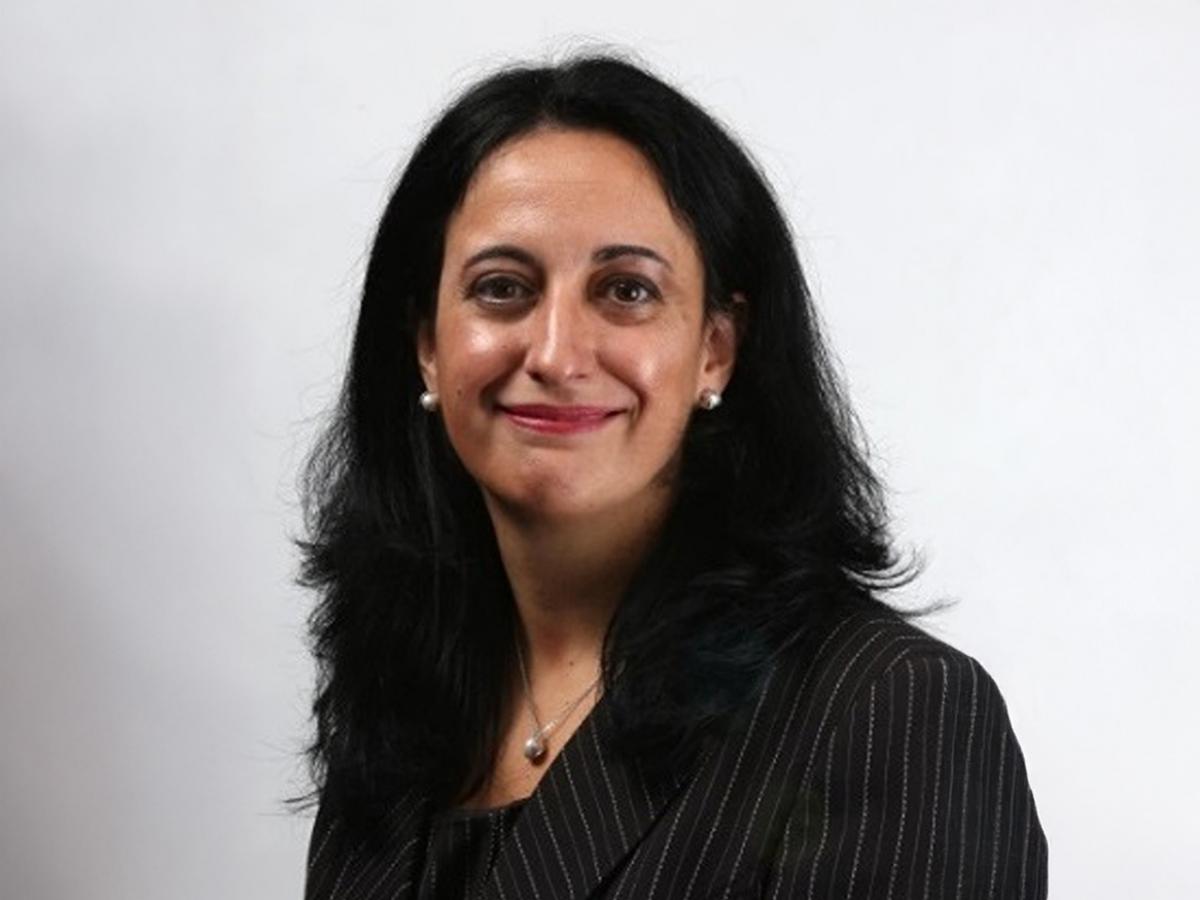
Prof Mercedes Maroto-Valer (FRSE, FIChemE, FRSC, FRSA, FEI) is Champion and Director of the UK Industrial Decarbonisation Research and Innovation Centre (IDRIC) that forms part of the UK Industrial Decarbonisation Challenge focused on accelerating the transition to net zero of industrial clusters and establishing the first world net-zero industrial cluster.
Prof Maroto-Valer is Deputy Principal (Global Sustainability) at Heriot-Watt University, leading the sustainability agenda, making a significant impact on achieving the United Nations Sustainable Development Goals (SDGs) and working with partners to achieve global carbon reduction targets through the development of university wide initiatives (UK, Dubai and Malaysia). She is director of the Research Centre for Carbon Solutions (RCCS) at Heriot-Watt University, where she holds the Robert Buchan Chair in Sustainable Energy Engineering. RCCS is a world leading multidisciplinary centre delivering innovation for the wider deployment of low-carbon energy systems required for meeting net-zero targets. Her internationally recognised track record covers energy systems, CCUS, integration of hydrogen technologies and low carbon fuels.
She has held academic appointments at the University of Kentucky (1997-1998), Pennsylvania State University (1998-2004) and University of Nottingham (2005-2012). She joined Heriot-Watt University in 2012 as the first Robert Buchan Chair in Sustainable Engineering and has been Director of the cross-university Energy Academy and Head of the Institute of Mechanical, Process and Energy Engineering and Assistant Deputy Principal (Research and Innovation).
She has over 575 publications and has received numerous international prizes and awards, including 2021 ACES-Margarita Salas Prize, 2021 Disruptors+Innovators Best Research Project Prize, 2019 Scottish Women Award-Services to Science and Technology, 2019 Honorary Doctorate TU Delft, 2018 SRUK/CERU Merit Award, 2013 Hong-Kong University Mong Distinguished Fellowship, 2011 RSC ESED Early Career Award, 2009 Philip Leverhulme Prize, 2005 US Dep. of Energy Award for Innovative Development, 1997 Ritchie Prize, 1996 Glenn Award-Fuel Chemistry American Chem. Soc., 1993 ICI Chemical & Polymers Group Andersonian Centenary Prize. Her portfolio includes a prestigious European Research Council (ERC) Advanced Award.
Prof Maroto-Valer holds leading positions in professional societies/editorial boards, including her role in the Council of Engineers for the Energy Transition (CEET) under the auspices of the United Nations Secretary-General.Prof Maroto-Valer will present:
Clustering decarbonisation solutions to accelerate sustainable energy transitions
Industrial decarbonisation is essential to deliver climate commitments, whilst achieving economic and employment benefits from the transition to net zero. Industry is crucial to society, contributing around 27% to global GDP, but also accounting for ~25% of global greenhouse gas emissions. Moreover, a large number of industrial sectors are hard to abate and energy intensive, such as iron, steel, cement, aluminium and chemicals.
The Industrial Decarbonisation Research and Innovation Centre (IDRIC) was established in 2021 as part of the UK Industrial Decarbonisation Challenge, supporting the development of four low-carbon industrial clusters by 2030 and the world’s first net zero industrial cluster by 2040. A cluster or ‘place-based’ approach to industrial decarbonisation capitalises on the fact that industries co-locate large-scale infrastructure and job opportunities. This creates local and regional opportunities for cost-effective solutions to decarbonise, while remaining competitive on a global scale.
IDRIC has quickly become an essential catalyst bringing together critical stakeholders across academia, industry and policy in order to deliver impactful outcomes designed to support the delivery of net zero clusters in the UK at scale and pace. This has led to a multi-disciplinary research and innovation programme, addressing key cross-cutting challenges through a whole systems approach to accelerate the development and deployment of low carbon solutions, including carbon capture, utilisation and storage (CCUS), hydrogen, fuel switching, and negative emissions technologies.
The contributions of IDRIC are instrumental in developing cost-effective and scalable solutions, driving innovation, fostering collaboration, and therefore, paving the way for sustainable industrial futures. This presentation will discuss how IDRIC is developing engineering solutions for net zero, whilst integrating economic, policy, skills and future workforce perspectives to ensure that these solutions are implemented at the scale and pace required to achieve net zero targets.
-
Prof Michael John Brear, Director, Melbourne Energy Institute
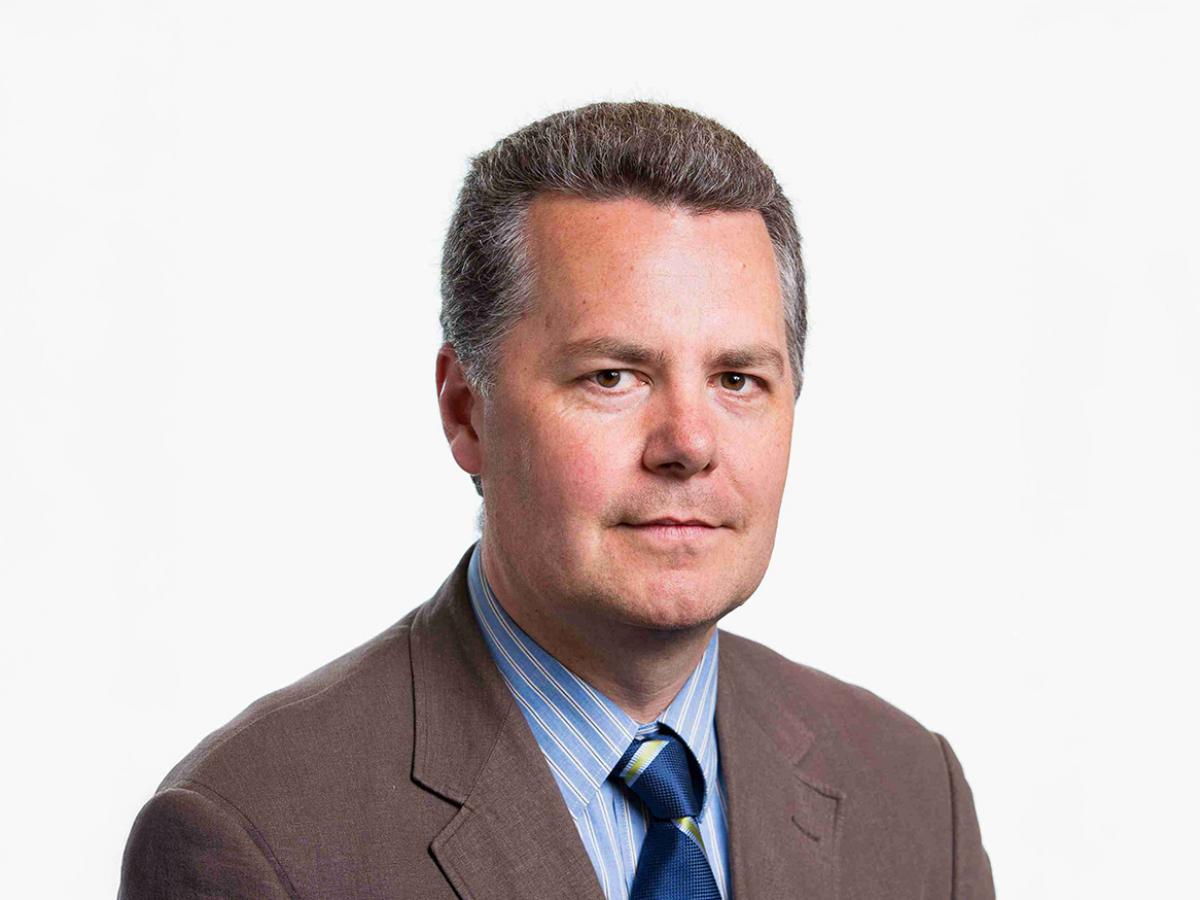
Michael Brear is the Director of the Melbourne Energy Institute at the University of Melbourne. He guides the Institute’s research on the technical, economic, environmental and social impacts of energy systems. His own research is collaborative with industry and government and focuses on:
• the technical, economic and environmental analysis of transport and energy systems;
• systems with reciprocating engines and gas turbines;
• and combustion of conventional and alternative fuels.
Michael is a Fellow of Engineers Australia and the Australian Institute of Energy and he previously established the University’s Master of Energy Systems. Prior to commencing at the University, he worked for ICI Australia (now Orica), then undertook graduate studies at Cambridge University and post-doctoral research at the Massachusetts Institute of Technology.
-
Dr Mike Weiss, Chief Science Officer and Co-Founder, Fortera Corp
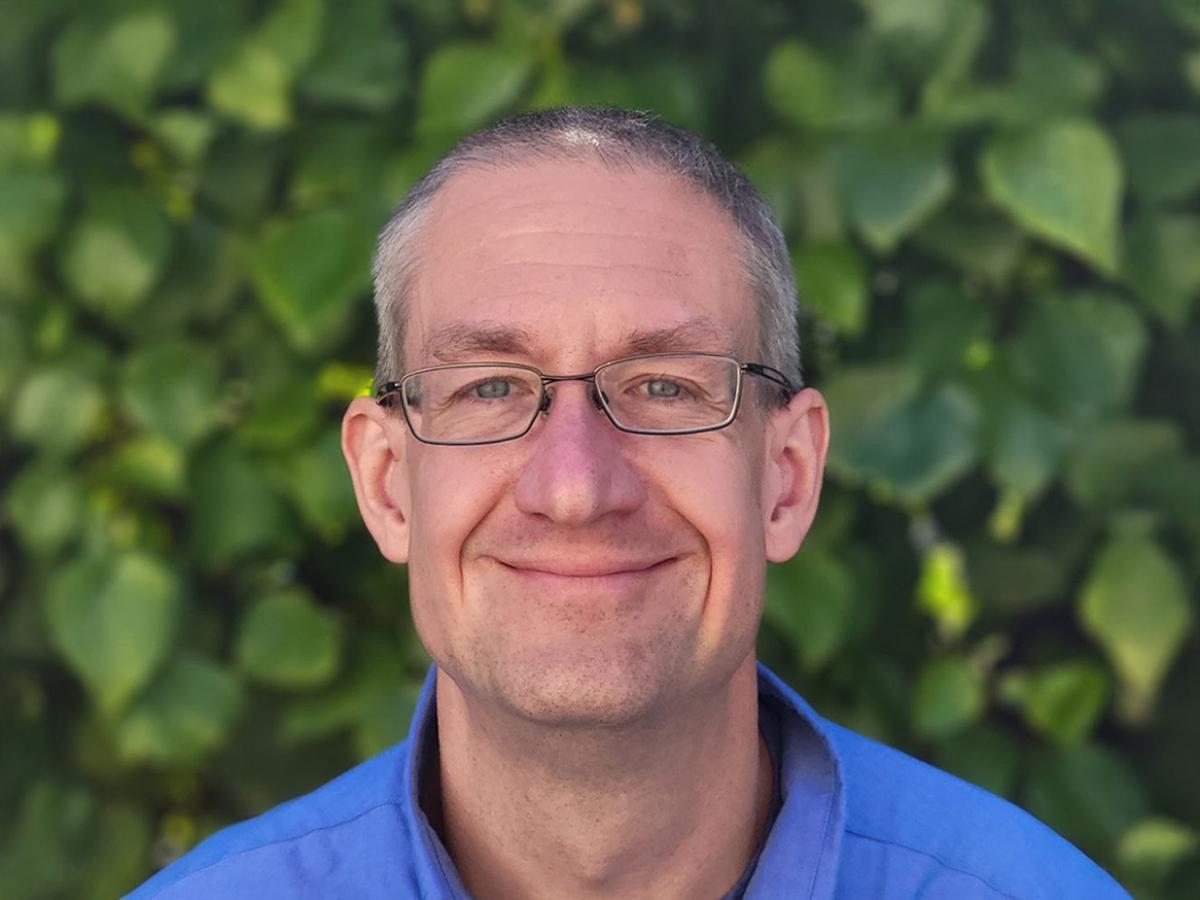
Mike Weiss is Chief Science Officer and Co-Founder at Fortera Corporation where he leads process development efforts and technoeconomic analysis related to the production of low-carbon calcium carbonate cementitious materials. Mike has a BSE in chemical engineering from Princeton University with undergraduate work related to aluminosilicate catalyst supports and a PhD in chemical engineering from the University of California, Santa Barbara. At UCSB, he studied the catalytic surface chemistry of iridium and ruthenium surfaces. Following his graduate work, he worked at the Boston Consulting Group as a consultant with projects related to manufacturing strategy and new product development in the industrial and consumer packaged foods industries. Since 2002, he has worked in new chemical process development in various roles at early stage companies. He was VP of R&D at Gas Reaction Technologies developing bromine-mediated processes utilizing metal oxide reactants for the conversion of natural gas to a variety of chemicals and liquids, leading to the development of a joint venture with Marathon GTF. In 2009, he moved to Calera Corporation where he worked in various roles. At Calera, he initially worked on process development related to a predecessor material and process to the current Fortera process. He also worked at the Chemetry division of Calera on the development and optimization of processes for the production of ethylene dichloride and propylene oxide. In 2019, along with Dr. Ryan Gilliam, he led the spin-off of the Fortera technology from Calera as a Co-Founder. Mike has over 20 US Patents related to new chemical and materials processes.
-
Prof Nazmiye Ozkan, Cranfield University, UK
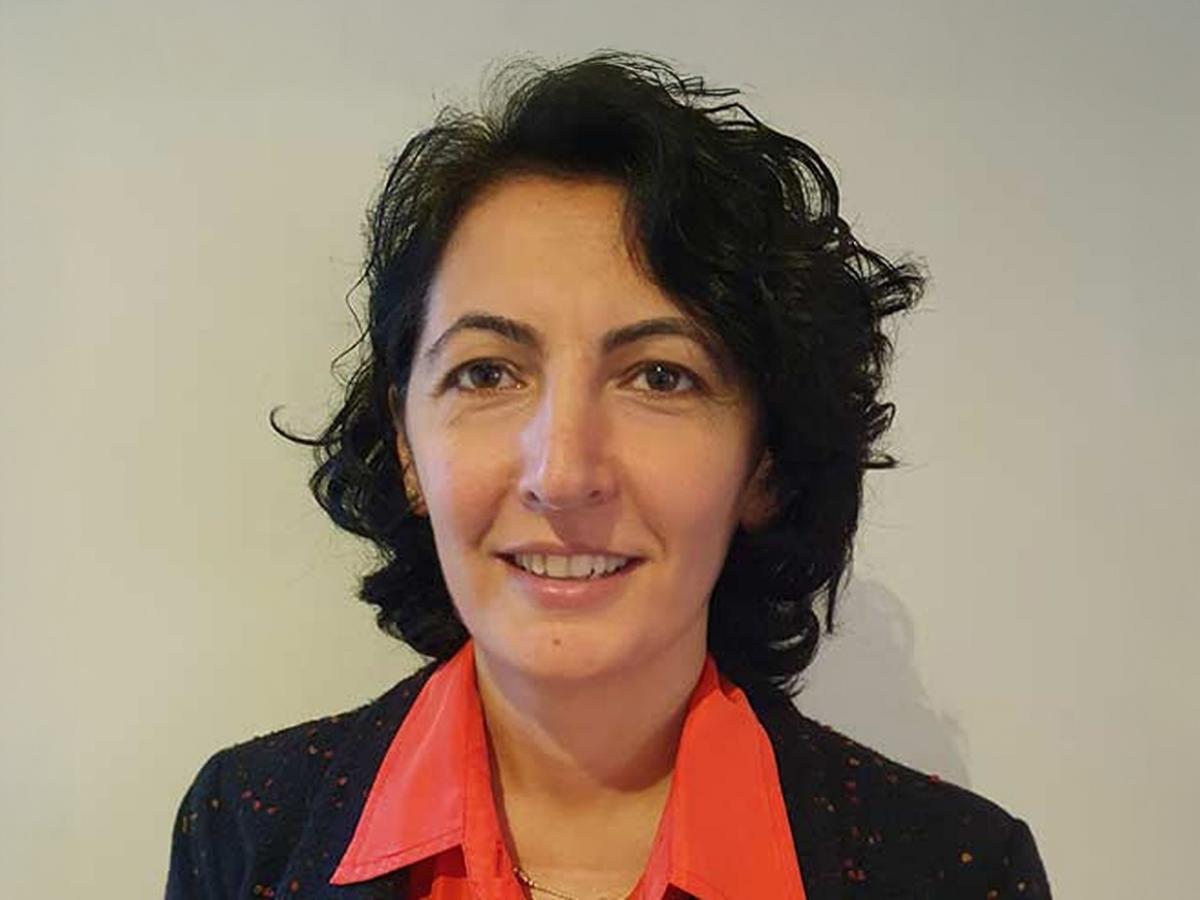
Prof. Nazmiye Ozkan has a Chair in Sustainable Energy Transitions and is Head of Center for Energy Systems and Strategy at Cranfield University. She leads the economics, policy, and markets work package whilst acting as the UK National Director in the HyPT Center. Building on her interdisciplinary training as an urban planner, she focuses on energy systems modelling and spatial understanding of energy system transitions and associated implications for policy and planning. Using mixed methods, she develops socio-technical frameworks, models, and tools. She led and took part in several projects on how the hydrogen economy may develop in the UK, including transport and domestic sectors. She was a secondee to the UK Department of Energy and Climate Change, Strategy Directorate to provide analytical support to the ‘Carbon Plan’. Dr. Nazmiye Ozkan holds a PhD in Regional Planning from the University of Illinois at Urbana-Champaign.
-
Ms Nicole Yazbek-Martin, Head of Taxonomy and Natural Capital, Australian Sustainable Finance Institute
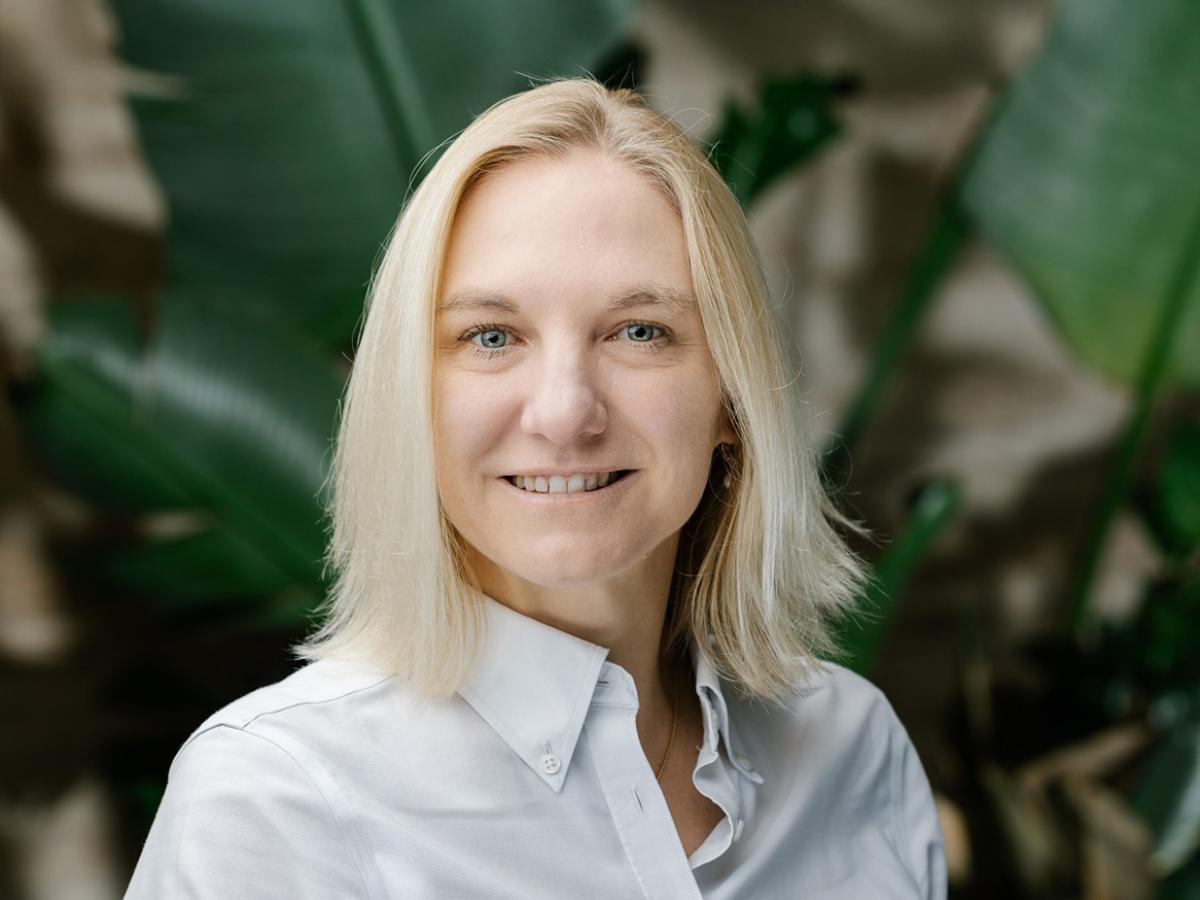
Nicole is currently leading the development of the Australian Sustainable Finance Taxonomy working closely with government and regulators, to develop common definitions for sustainable economic activities and investments. Nicole also leads a body of work at ASFI with major finance sector entities to integrate nature considerations into financial capital allocation decisions. Nicole has a background in climate and sustainability in government, banking, private equity, and law. She has deep knowledge and experience working across the finance value chain on structuring sustainable products, assessing sustainable investment credentials and applying key sustainability monitoring frameworks, and has led the review of major climate policies including of the Emissions Reduction Fund, during her time in the public sector.
Nicole holds a Master of Laws in international trade and post-graduate qualifications in finance and economics.
Nicole Yazbek-Martin will present:
The Role of Sustainable Finance to Guide Capital to Net-Zero Transition Solutions
Nicole will speak about the role of sustainable finance to “green finance” by ensuring that finance systems integrate net zero transition considerations into decision making; and “finance green,” by shifting capital so that more money flows to future net-zero aligned climate solutions.
Greening the finance sector requires regulation and rules that effectively incorporate net zero transition considerations into financial decision-making so that climate risks can be accurately priced according to their material impacts on financial institutions. This requires robust, consistent, quality, transparent and verifiable information and data from financial institutions’ clients and assets to enable financial institutions to adjust their capital allocation away from high-risk activities toward new opportunities. However, without real economy policies to incentivise this shift, sustainable finance is unlikely to fully achieve these outcomes.
-
Mr Parizat Pandey, Director, Product Group Direct Reduced Iron, Metso
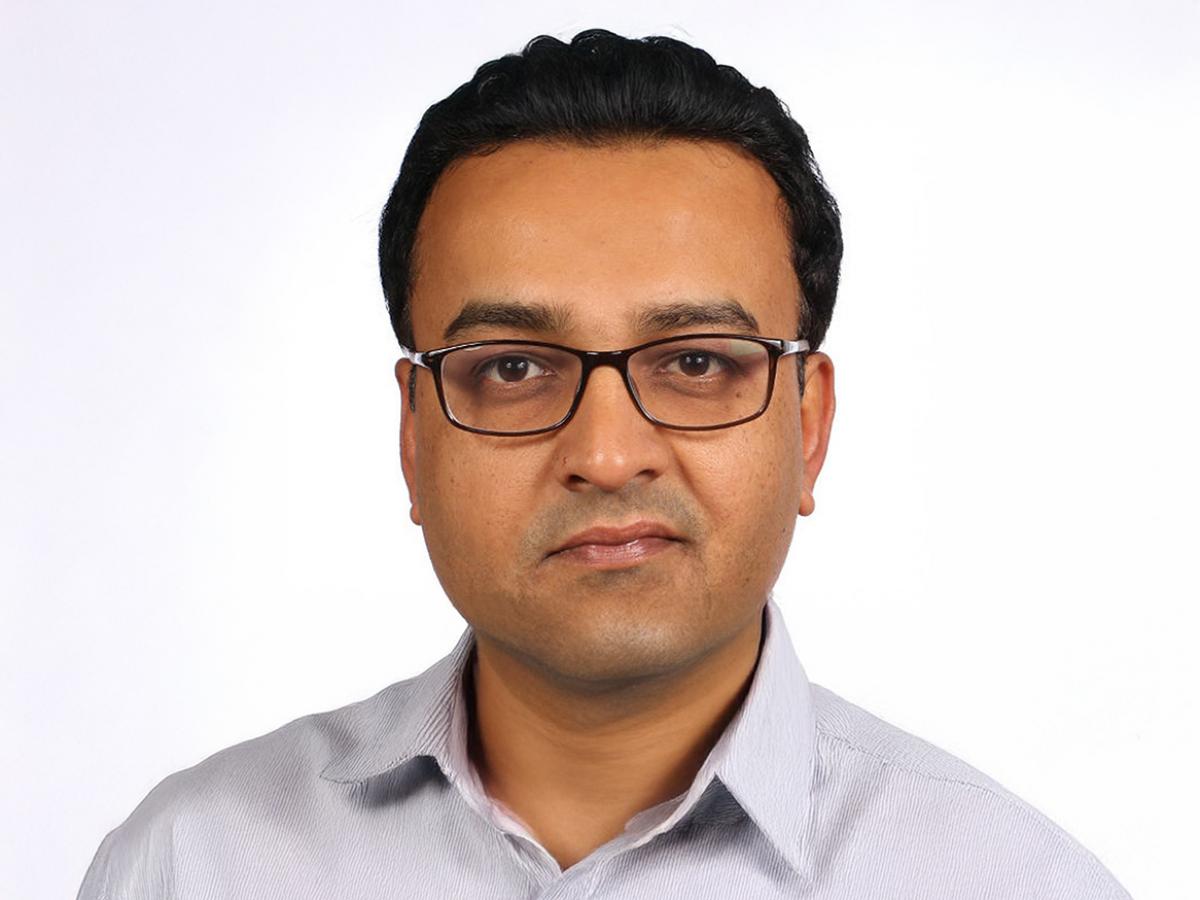
Parizat Pandey is the Director, Direct Reduced Iron Product Group in the Ferrous & Heat Transfer business line at Metso.
Parizat is a Chemical Engineer and has prior experience in plant operations, process improvement projects in the non-ferrous industry and technology solutions within Metso. He is passionate to contribute to the sustainability targets and carbon reduction footprint of the industry. Within the product group, his focus is to develop and commercialize green steel technologies to serve the iron and steel industry.
Parizat Pandey will present:
Circored: A flexible direct reduction process to utilize Australian ores for green steelmaking
In Australia, significant efforts are underway to develop processes for iron ores from the Pilbara, aiming to utilize them in future sustainable steelmaking. One promising technology supporting this vision is the Circored process, a Hydrogen-based direct reduction of iron ore fines which offers several key features to address the specific challenges associated with Pilbara ores.
The Circored process is highly adaptable and can handle a variety of raw materials, making it a versatile solution for different types of ores and waste streams. Besides high quality DR grade ores for the production of HBI, Circored can treat low grade ores including high silica/alumina goethite ores, siderite ores, titanium-rich ores (titanomagnetites, ilmenite) or high sulphur containing iron ores. It is also an option to utilize and recycle waste streams like calcine cinder from the pyrite roasting process and iron bearing dusts.
One challenge for Pilbara ores is their tendency to decrepitate. Decrepitation is the phenomenon where particles break, generating substantial amounts of ultrafine particles. This occurs under various conditions, particularly at high temperatures and reducing conditions as typical for direct reduced iron (DRI) plant processes. In some cases, dust generation (fractions <63µm) can be as high as 20-30%. High dust concentrations in DRI plants can lead to increased sticking tendencies, blockages in process equipment, and higher DRI losses in the down-stream briquetting section. To mitigate these issues, the Circored process incorporates a micro granulation unit, which collects dust from the different process steps and recirculates it directly back into the process, thus minimizing the losses. Furthermore, the hardening of the microgranules is conducted in the same preheating equipment used in the standard process for iron ore, avoiding dust saturation in downstream process equipment.
This flexibility allows the Circored process to effectively treat various raw materials, contributing to more sustainable and efficient steelmaking routes. In combination with a DRI Smelter, the Circored process supports the goal of developing more environmentally friendly steel production methods, by direct utilization of Pilbara ores, without the need for a conventional agglomeration step.
-
Mr Paul Cobden, Researcher, Swerim

Paul Cobden is a trained chemist, having graduated from the University of East Anglia, Norwich, UK, in 1992. After gaining experience in catalysis at the University of Leiden in the Netherlands, he spent 20 years at ECN (later TNO), specializing in CO2 capture technology using solid sorbents across various industries. Since 2019, he has been with Swerim, focusing on decarbonisation efforts, particularly within the metallurgy industry. Paul has authored over 70 publications, holds an H-index of 35, and has 7 patents to his name. He has played a significant role in 19 large European research projects, primarily in the TRL5-7 space, securing €195 million in funding for the involved companies and over €35 million for his employing organization at the time.
Paul Cobden will present "Harnessing Solid Sorbents: European Innovations in CO2 Capture for Sustainable Steel".
-
Mr Richard Day, Director Industry Development, Office of Hydrogen Power SA
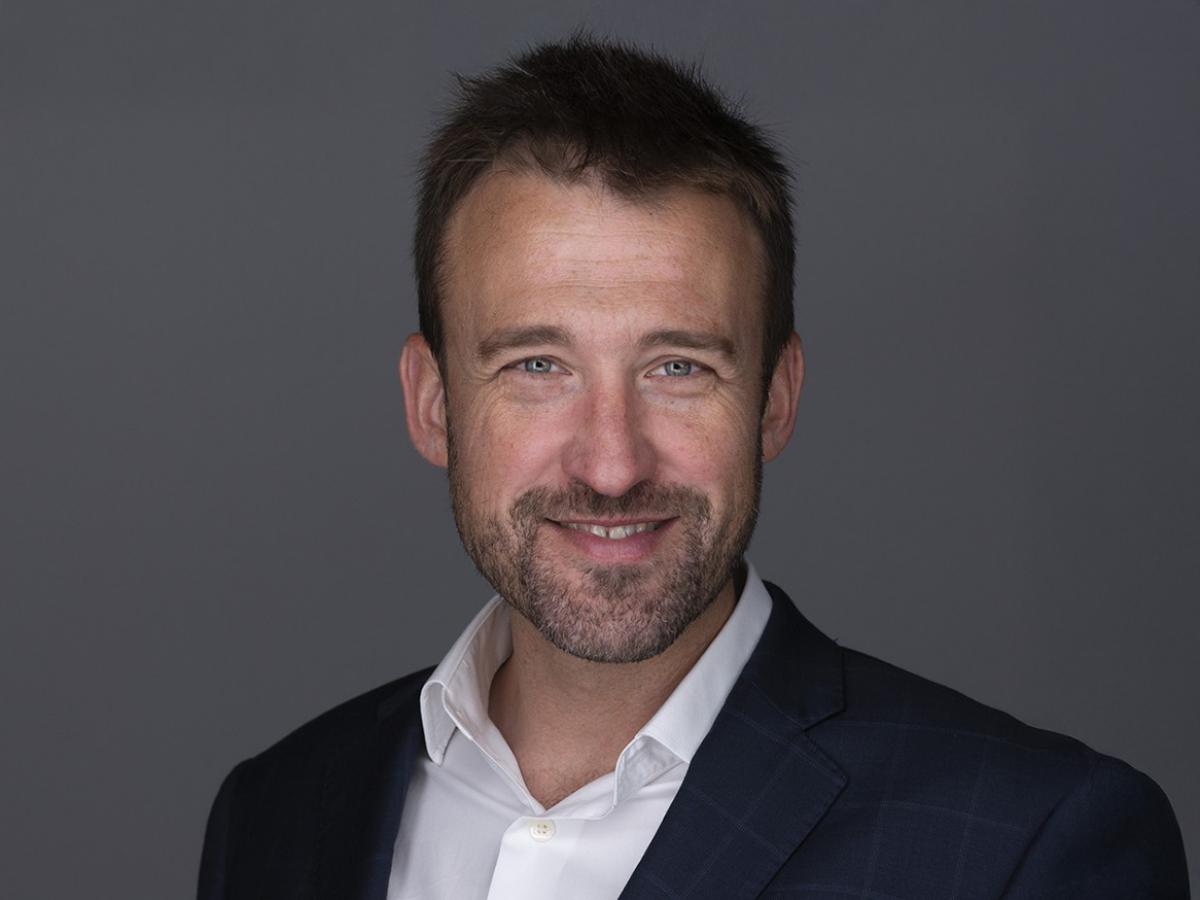
Richard joined the South Australian Government in 2001 and since that time has worked across the energy, climate change and industry portfolios.
Since 2016 his mission has been to capture the economic growth and decarbonisation opportunities associated with South Australia’s clean energy transformation, in particular hydrogen, renewables, energy storage and electric vehicles.
Richard spearheaded the development of South Australia’s inaugural Hydrogen Roadmap in 2017 and has been involved in the sector ever since. In March 2023 Richard joined the Office of Hydrogen Power SA in the role of Director Industry Development.
-
Mr Rowan Mackay, Senior Business Development Manager, Rio Tinto

Rowan Mackay graduated from the University of Western Australia with a Bachelor of Mechanical Engineering and did his post-graduate studies at the University College London. Working in the resources sector for over 20 years, Rowan holds the position of Senior Business Development Manager in Rio Tinto’s Steel Decarbonisation team. His role is to accelerate the decarbonisation of ironmaking and steelmaking through developing partnerships with technology providers, customers and peers. A recent example is Rio Tinto’s partnership with BHP and BlueScope to jointly investigate the development of Australia’s first ironmaking electric smelting furnace (ESF) pilot plant.
His previous roles include over 10 years with Santos, where he led the formation of Santos Energy Solutions focussed on reducing emissions through process efficiencies, renewables integration and the development of Carbon Capture and Storage (CCS). Prior to Santos, Rowan held project development roles at Australian LNG producer Woodside and Industrial Gases Company, BOC Linde group.
Rowan will present "Finding Better Ways to Progress Steel Decarbonisation".
-
Mr Sam Crafter, CEO, Office of Hydrogen Power SA

Sam Crafter’s extensive career, with a focus on the energy and resources industries has spanned project implementation, commercial advisory, public affairs, communications and reputation management in both the public and private sector, over more than 20 years.
In early 2022, Sam was appointed Chief Executive Officer for the Office of Hydrogen Power SA to assemble and lead a high-performing team to procure, build and operate a Hydrogen Power Plant at Whyalla, to be operational by 2025. Delivering the hydrogen-fuelled power generation and associated production and storage facilities in the Upper Spencer Gulf Region, is the objective of the office.
Immediately prior to his appointment Sam was a Director at Woods Street Partners, a strategic commercial and project delivery advisory business which he co-founded, working with clients across the energy and resources sector, as well as other industries.
During his previous state government appointment, as Executive Director, Energy Implementation, Sam led a high performing team that managed the design and implementation of key South Australian Government energy initiatives, including the world’s largest battery (Hornsdale Power Reserve), the $100m Home Battery Scheme, the $50m Grid Scale Storage Fund and South Australia’s Virtual Power Plant using public housing stock.
Sam also spent seven years with Santos Ltd in various senior roles in public affairs, policy, community and government relations in Adelaide, Brisbane and Gunnedah, NSW (New South Wales). Prior to this Sam spent eight years working in State and Federal Government.
-
Dr Sara Hornby, Founder, Global Strategic Solutions Inc.
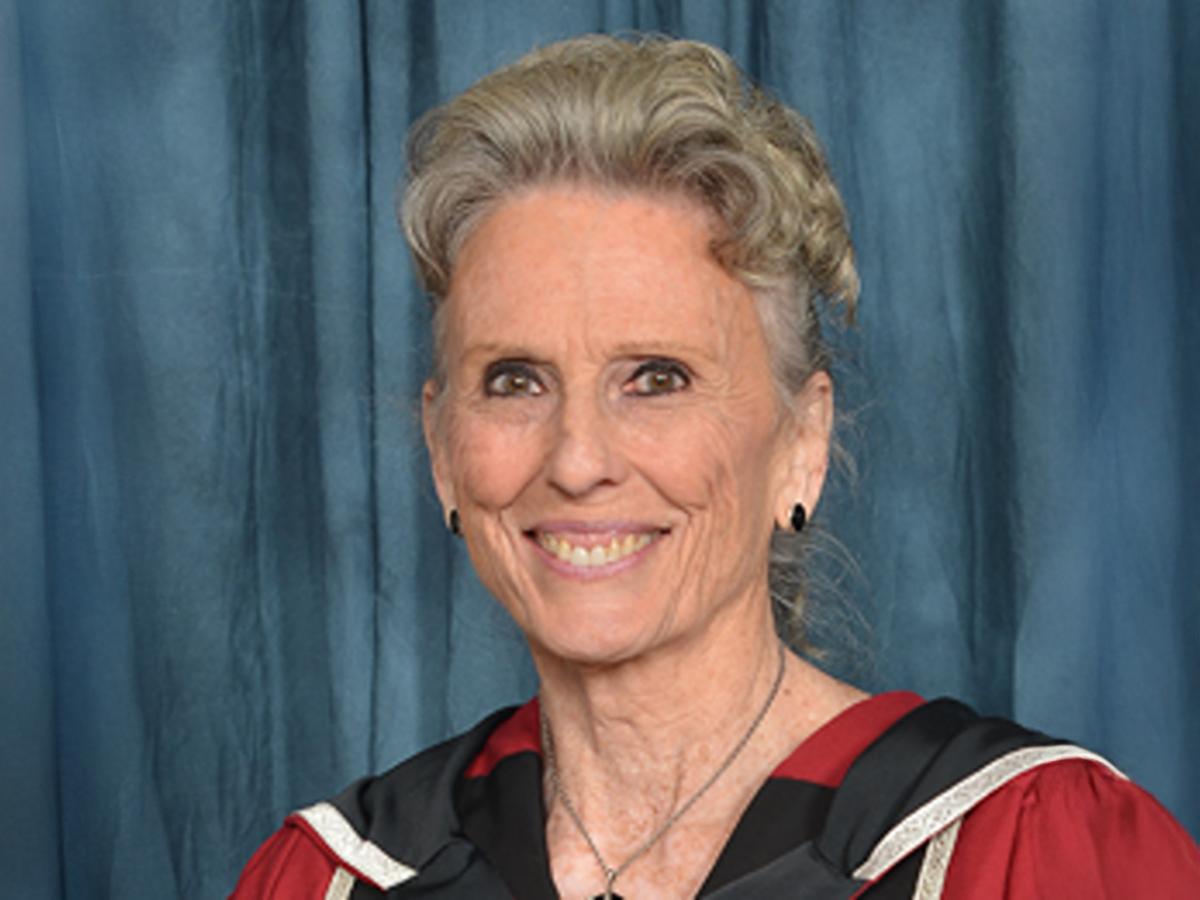
Dr Sara Hornby, C.Eng., FIMMM, was the first woman to graduate from Sheffield Hallam University with a BSc Hons in Metallurgy and a PhD in Industrial Metallurgy. She spent her early career in the UK working for Firth Brown Tools Engineering and British Steel Corporation. Her initial North American Air Liquide roles, developing new technologies and bringing best available technologies to the metals industry (whilst managing multi-disciplinary, multi-location team members) coupled with other EAF steelmaking optimization positions (Tenova Goodfellow, Midrex, Linde, Intertech, TMS International), put her in good stead to set up her own Inc., which supplies consultancy and expert witness to the metals and related industries.
Sara holds five patents and has authored over 137 International papers, seminars and courses. She is a Fellow of the Institute of Materials, Minerals and Mining (IoM3) and was their 2022 Hadfield Medal and Prize winner. In 2020, she was the recipient of the Benjamin Fairless Award (AIST/AIME) and the John Bell Award (AIST). In November 2023, she was awarded an Honorary Doctorate in Engineering by Sheffield Hallam University in recognition of outstanding contribution to the international steel industry and being an inspiration for ambitious women engineers.
Dr Sara Hornby will present:
Ramifications of H2 DRI EAF Steelmaking
H2 DRI EAF steelmaking has been presented as the optimal steel industry decarbonisation solution. As time passes, it appears the ramifications of this, as a long-term solution, were not assessed carefully or completely. It is the intent to review these ramifications and address possible solutions.
-
Dr Shabnam Sabah, Swinburne University of Technology

Dr Shabnam Sabah is a Postdoctoral Research Engineer at Swinburne University of Technology. Presently, she is working on the HILT CRC projects “Prevention of sticking in H2 fluidised bed DRI production” and “Testing of Australian Iron Ores in a hydrogen direct flash smelting process”. Dr Sabah has previously worked on HILT CRC research projects about the Impact of Hydrogen DRI on Melting in an Electric Furnace and hydrogen Ironmaking with a fluidised bed. She has expertise in steelmaking, ironmaking, and metallurgy.
Dr Sabah completed her PhD on the splashing behaviour of a Basic Oxygen Furnace at Swinburne. She has worked in process industries after finishing her bachelor’s in mechanical engineering from Bangladesh University of Engineering and Technology (BUET).
Dr Sabah will present "Pathways to Decarbonise Iron and Steel Making".
-
Mr Shane Gaddes, Head, Net Zero Industries Division, DCCEEW
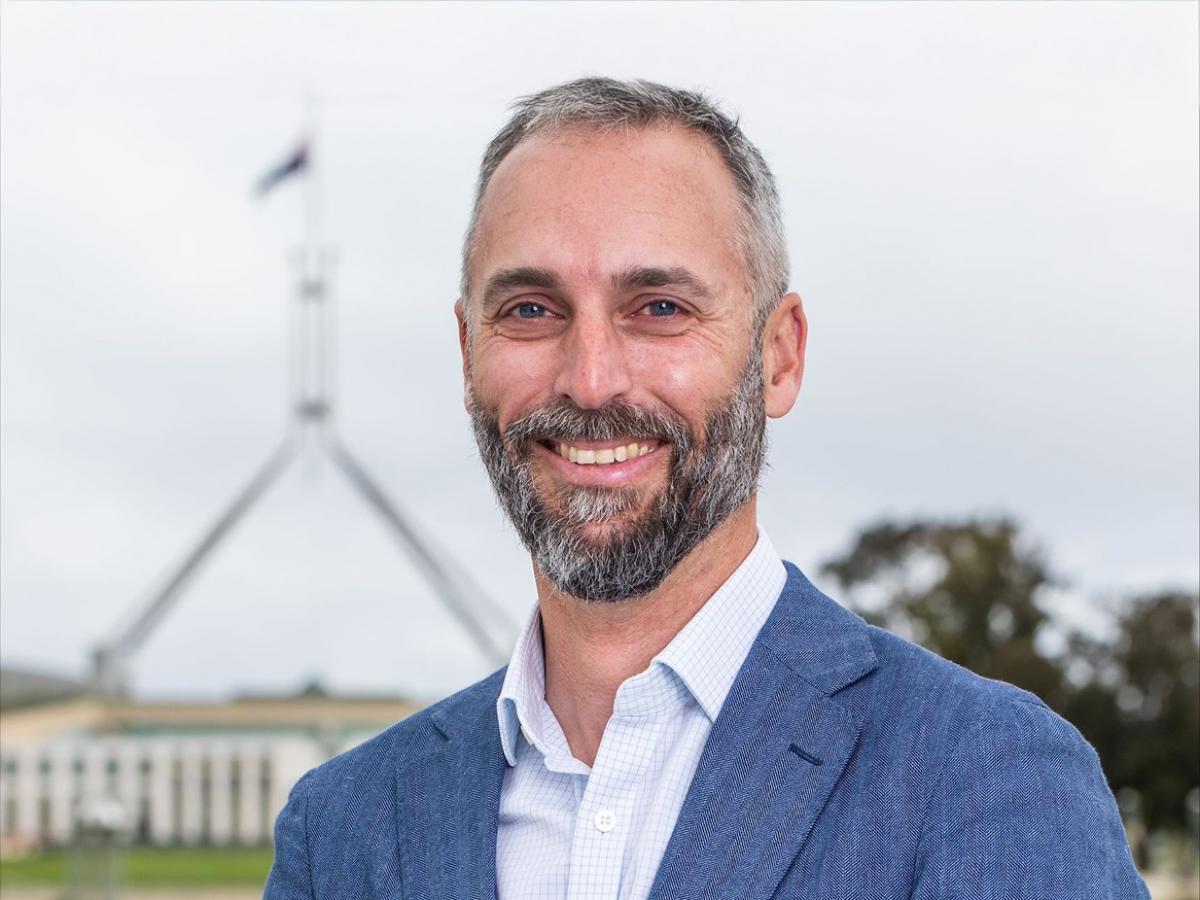
Shane Gaddes is Head of the Net Zero Industries Division in the Department of Climate Change, Energy, the Environment and Water. In this role, Mr Gaddes has responsibility for industrial decarbonisation, Hydrogen, CCS, offshore renewables and new technology deployment.
Mr Gaddes has previously held senior executive roles in energy, resources and environmental regulation. He has represented Australia at various International Energy Agency and G20 meetings and worked closely with former Chief Scientist, Dr Alan Finkel, in his review of the security of the National Electricity Market.
Mr Gaddes holds a degree in science and has over 25 years’ experience in the Australian public service at the Commonwealth and State levels. He has significant experience in environmental regulation, energy policy and fisheries management reform, having led significant structural reforms at both the State and Commonwealth levels.
Shane Gaddes will present "National Strategy to Achieve Net-Zero for Industry".
-
Mr Simon Nicholas, Lead Energy Finance Analyst, IEEFA
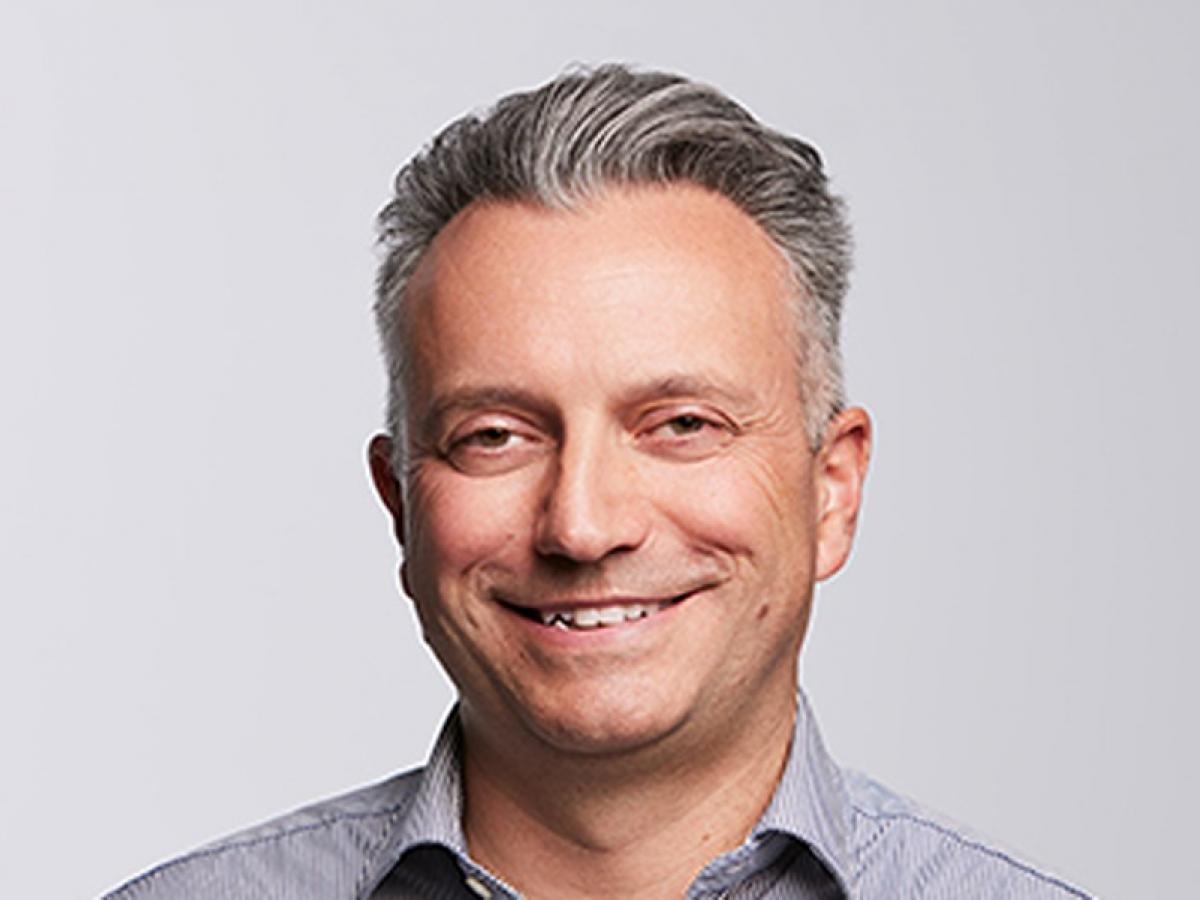
Simon Nicholas is the Lead Energy Finance Analyst with the Institute for Energy Economics and Financial Analysis (IEEFA). Simon is IEEFA’s Lead Analyst for the global steel sector, as well as Asian seaborne thermal and coking coal markets.
Simon’s focus is on the energy transition, the long-term outlooks for coal and steel as well as the need for emerging nations to establish financially sustainable power systems to support their development.
Before joining IEEFA in 2016, Simon had 16 years’ experience in the finance industry at ABN Amro, Macquarie Group and Commonwealth Bank of Australia in Sydney and London.
Simon is a fellow (FCA) of the Institute of Chartered Accountants in England and Wales, has a BSc in Zoology and a Master’s in Environmental Management, for which he was awarded the Orica Ronnie Harding Prize by the University of New South Wales.
Simon Nicholas will present:
Low-carbon iron hubs: Australia faces growing global competition
With China’s steel and iron ore demand now in decline and new high-grade iron ore supply set to come on line, the seaborne iron ore market is set to enter significant oversupply later this decade, with a likely impact on prices. Now is a good time for Australia to consider what its iron ore (or iron) sector needs to look like in the longer term. In a positive development, green iron projects are now in their early stages in Australia, with South Australia leading the way.
However, Australia faces growing international competition in the emerging green iron space. A first wave of green iron hubs can be expected in places that have both high-quality iron ore and a decarbonised power grid (usually due to the presence of hydro power). Canada and Brazil have potential and parts of Africa may also have an opportunity. The Middle East is already exploring an iron export trade with Japan. However, challenges exist including the high cost of green hydrogen and steelmakers’ reluctance to shift from domestic iron production towards iron imports. -
Mr Simon Thomsen, Chief Technology Officer, Leilac
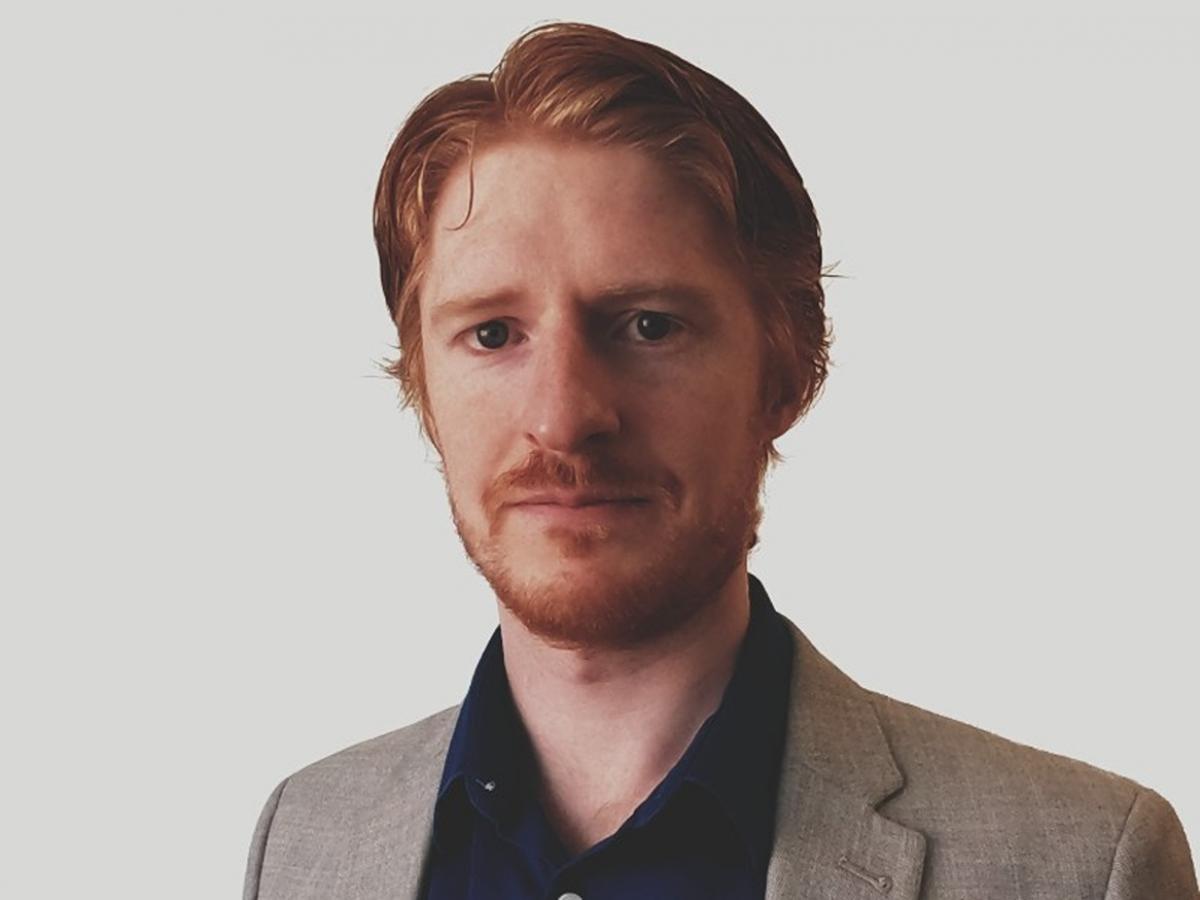
As CTO, Simon leads Leilac's technology development and innovation team. With a background in mechanical engineering, Simon started with Calix in 2011 and developed the CFC15000 commercial demonstration plant.
Simon worked across a range of Calix activities, before moving to France in 2018 to focus on the Leilac 1 and subsequent Leilac 2 projects. These have involved the development and application of a number of new technologies to Calix's core calcination technology.
-
Dr Tara Hosseini, Senior Research Scientist, CSIRO
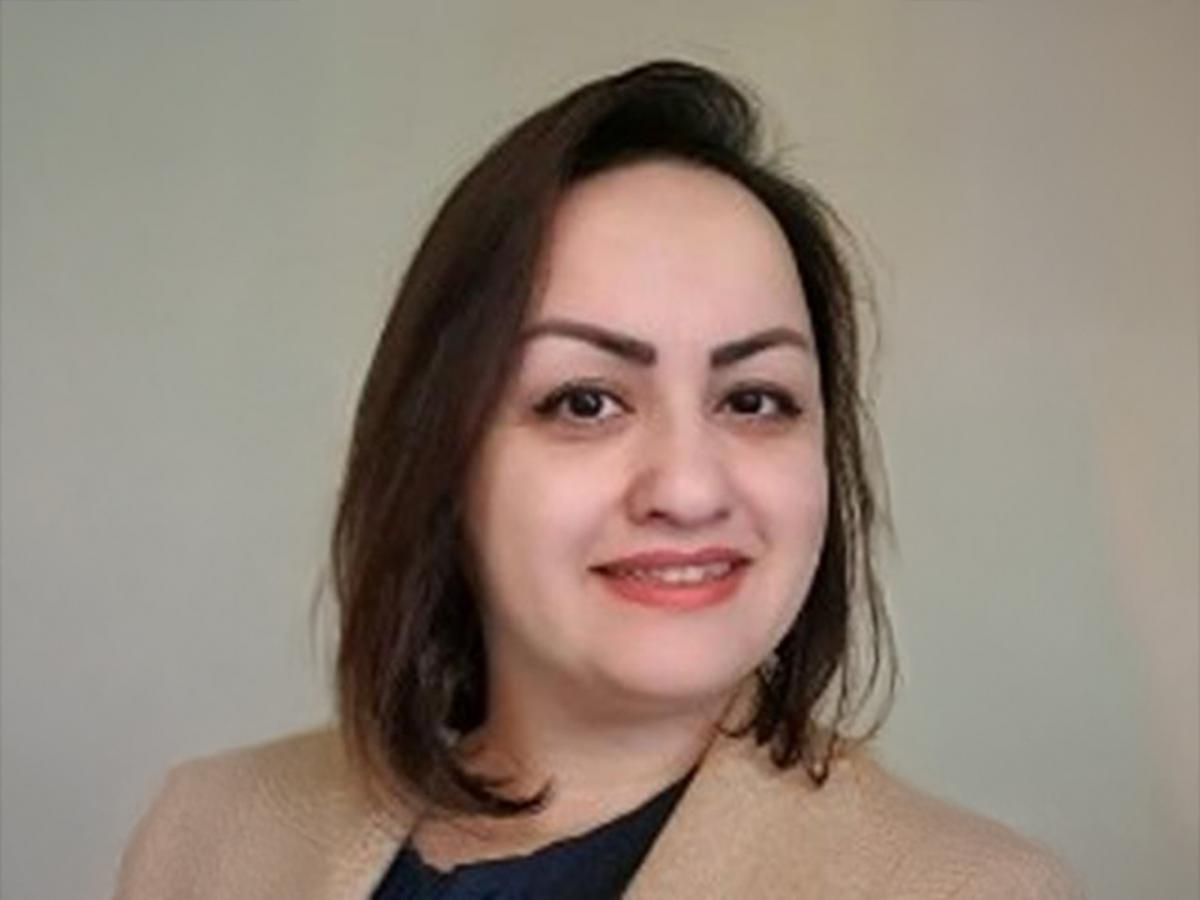
Dr Tara Hosseini is a Senior Research Scientist in the Electrochemical Energy Systems Research Group in the Energy Business Unit of the CSIRO. She joined CSIRO in April 2022 and presently works on different aspects of hydrogen energy systems. Dr Hosseini has 15+ years of experience in process simulation and techno-economic analysis. She specialises in the development of sustainable and clean bio-energy technologies through thermochemical conversion methods. She also has a background in mineral processing technologies through both hydro and pyrometallurgical techniques. With the experience of work as a process engineer in the oil, gas and mineral industries in both Australia and overseas, Dr Hosseini has expertise in the design and development of different chemical and mineral processes, process simulation and modelling using Aspen Plus and HYSYS, techno-economic analysis and reactor design and kinetic modelling
Prior to joining CSIRO she worked as a Future Fuels CRC fellow and lecturer at the University of Adelaide (2019-2022), where she worked on different projects in the Future Fuels CRC and HILT CRC related to hydrogen production technologies. She also worked as research fellow at Monash University from 2016 to 2019. During her employment at Monash University she worked on a couple of industry-linked projects. Dr Hosseini has developed a patented process to produce high-purity magnesium oxide/metal from Victorian brown coal fly ash. The demonstration plant is going to be built in the near future in Latrobe Valley with an initial capacity of 10000 tpa of magnesium metal. She also developed a process flowsheet for utilisation of waste tyre char in a value-added way to upgrade Victorian brown coal upon the co-pyrolysis with waste tyre char. This process offers high-value derivatives with low emission outcomes.
-
Assoc Prof Tom Honeyands, University of Newcastle
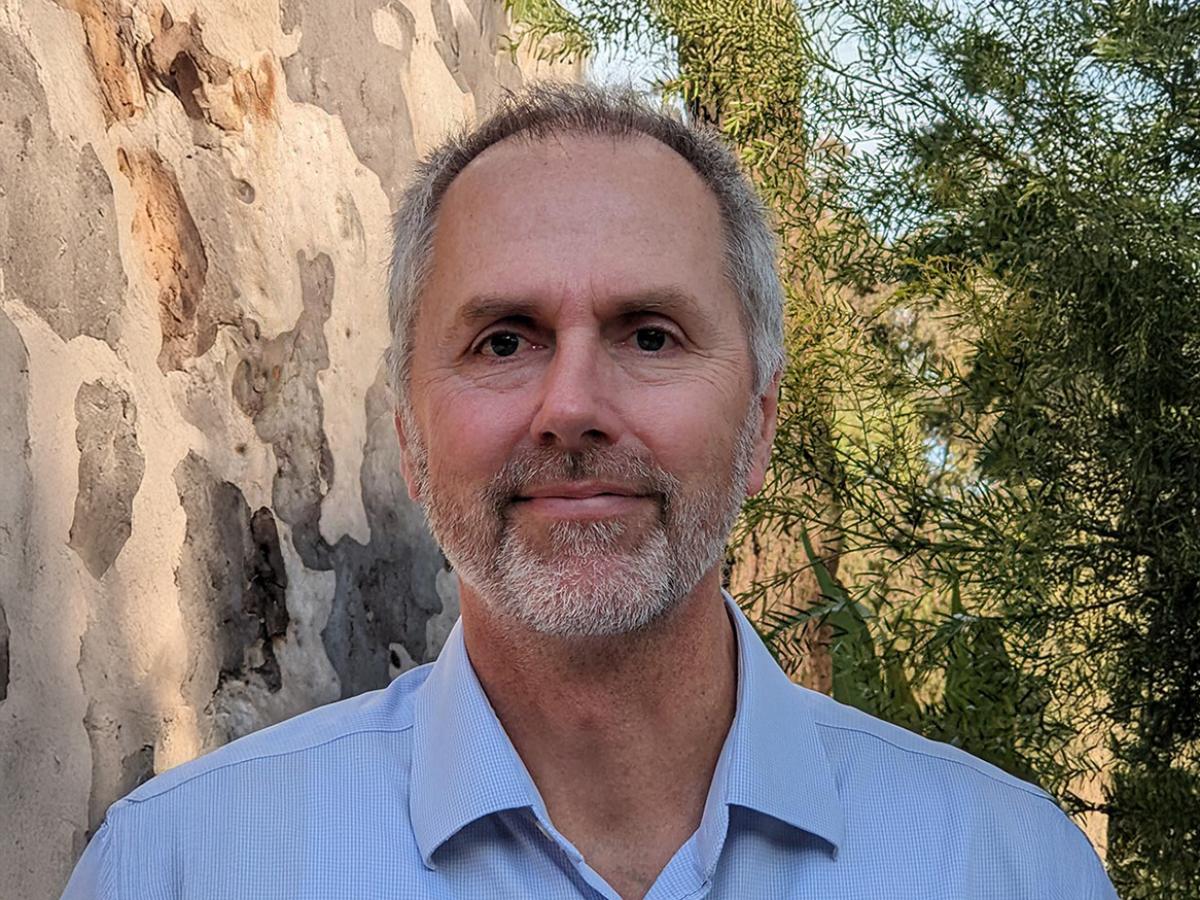
Associate Professor Honeyands is Director of the Centre for Ironmaking Materials Research (CIMR) at the University of Newcastle. He is a metallurgical specialist with more than 30 years’ experience in research, consulting and process engineering.
Prior to joining the University of Newcastle in 2015, Associate Professor Honeyands spent 20 years working in an industrial R&D environment and 6 years as a metallurgical consultant. While working for BHP he was involved in research into both conventional blast furnace ironmaking and alternate ironmaking technologies. He was a member of the core team responsible for the R&D to mitigate technical risks with the development and commissioning of a new hydrogen based direct reduction technology; FINMET. While working for Creative Process Innovation, A/Prof Honeyands led the AMIRA P1097 project on transportable moisture limit (TML) of iron ore fines to address a global safety issue in the iron ore industry.
In his current role as director of CIMR he is responsible for leading research in the use of iron ores in both conventional and low carbon iron and steelmaking as part of a $10 Million dollar partnership with BHP. He is also engaged in leading projects in the Australian Research Council Steel Research Hub, in the Heavy Industry Low Carbon Transition (HILT) Cooperative Research Centre, and for the Australian Renewable Energy Agency (ARENA).
Associate Professor Honeyands will present:
Laboratory-scale Electric Smelting of Hydrogen-based DRI produced from Australian Hematite Goethite Iron Ore
Associate Professor Honeyands will introduce the direct reduced iron – electric smelting furnace (DRI-ESF) as a low greenhouse gas emission alternative process for producing iron and steel, suitable for utilisation of Australian iron ores. The challenges of DRI production will be summarised, and some example results of hydrogen DRI production from Australian iron ores at laboratory scale will be given.
He will summarise existing ESF processes for iron, before giving some results of the smelting of the Australian hydrogen DRI at laboratory scale.
-
Mr Umberto D'Agostino, Sales and Business Development Manager, Magaldi Green Energy
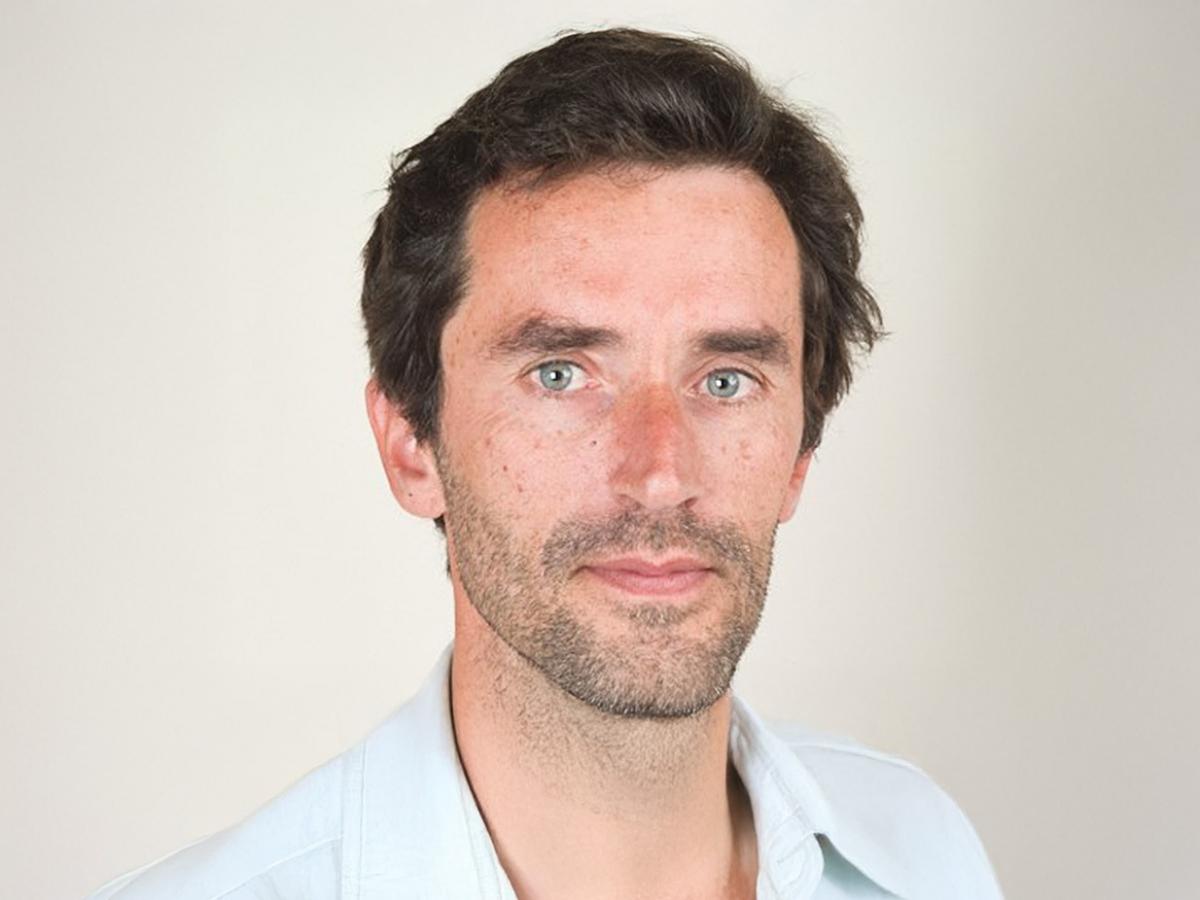
Umberto is the Sales and Business Development Manager of Magaldi Green Energy, a company developing innovative technologies for thermal energy storage.
It is part of the Magaldi Group, which was founded in Italy in 1929 and is a leader in providing customized solutions for conveying materials at extremely high temperatures (over 1000°C) and under severe process conditions.
With more than 1,200 installations worldwide and 55 patents for proprietary technologies, Magaldi continues to drive industry innovation.
Prior to joining Magaldi in 2013, he was General Manager of an Italian ceramic manufacturing group.
Umberto holds a degree in Economics from the University of Leicester, UK, and the University of Valencia, Spain.
Umberto will present: “Steam Generation with Integrated Thermal Energy Storage”.
-
Ms Wendy Harris, Regional Director, Climate Change, Hatch

Wendy is the Australasia Regional Director for Hatch’s Climate Change Practice. She has 18 years of experience in the metals and mining industry as a process engineer and technical specialist in the industrial off-gas cleaning and underground mine ventilation. In the Climate Change practice she leverages her technical and project background to ensure the GHG emissions estimates and carbon reduction assessments for her clients are comprehensive and credible by bringing Hatch’s various subject matter experts across different sectors and industries.
Wendy will present “Decarbonising Lithium for a Net-Zero World”.
-
Dr Woei Saw, The University of Adelaide
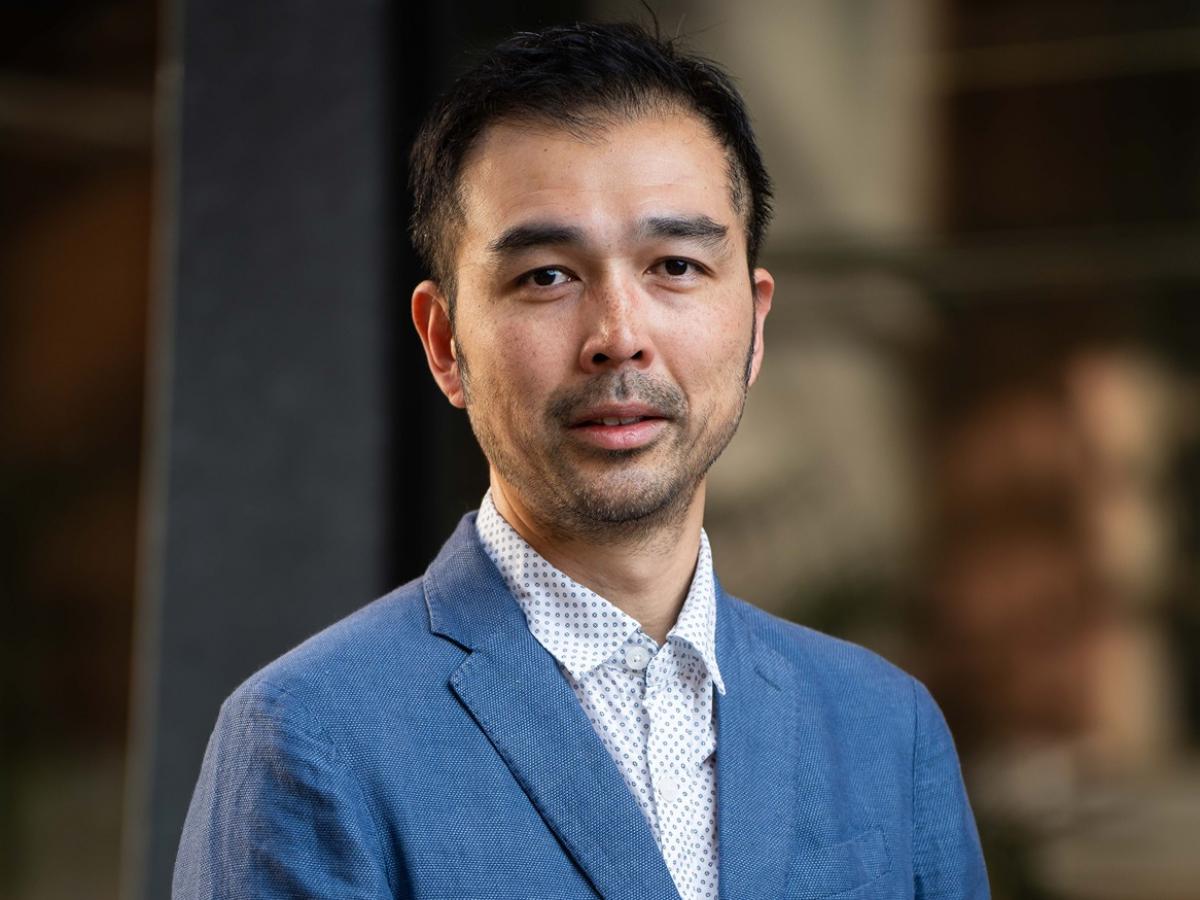
Dr. Woei Saw is a Senior Lecturer in the School of Chemical Engineering at the University of Adelaide (UA), with a strong track record in the development and demonstration of novel technologies aimed at decarbonizing high-temperature industrial processes using net-zero energy resources, such as concentrated solar thermal, hydrogen, or renewable electricity. His expertise in process integration focuses on optimizing complex energy systems to improve efficiency and reduce emissions across various industrial sectors. By integrating renewable energy sources with existing industrial processes, Dr. Saw's work enables more sustainable operations and significantly reduces greenhouse gas emissions. He has developed a patent on net-zero steam alumina calcination, allowing steam from the alumina calcination process to be recovered and utilized in the Bayer process for bauxite digestion.
In addition to his work in process integration, Dr. Saw is an expert in fluidization, particularly in mixing and segregation processes, with applications in high-temperature industrial processes such as alumina calcination, iron reduction, and biomass gasification. His expertise contributes to optimizing these processes for improved efficiency and emissions reduction, aligning with decarbonisation goals. His research also explores converting agricultural waste, municipal solid waste (MSW), and refuse-derived fuel (RDF) into valuable synthesis gas, which can be upgraded into green hydrogen, transportation fuels, or chemicals.
Representing the Deputy Premier of South Australia, the Hon Susan Close MP, Mr Michael Brown MP, Member for Florey, is a special guest speaker at the HiTeMP-4 cocktail function, to be held on Mon 21 Oct, 2024 at the National Wine Centre, Adelaide.
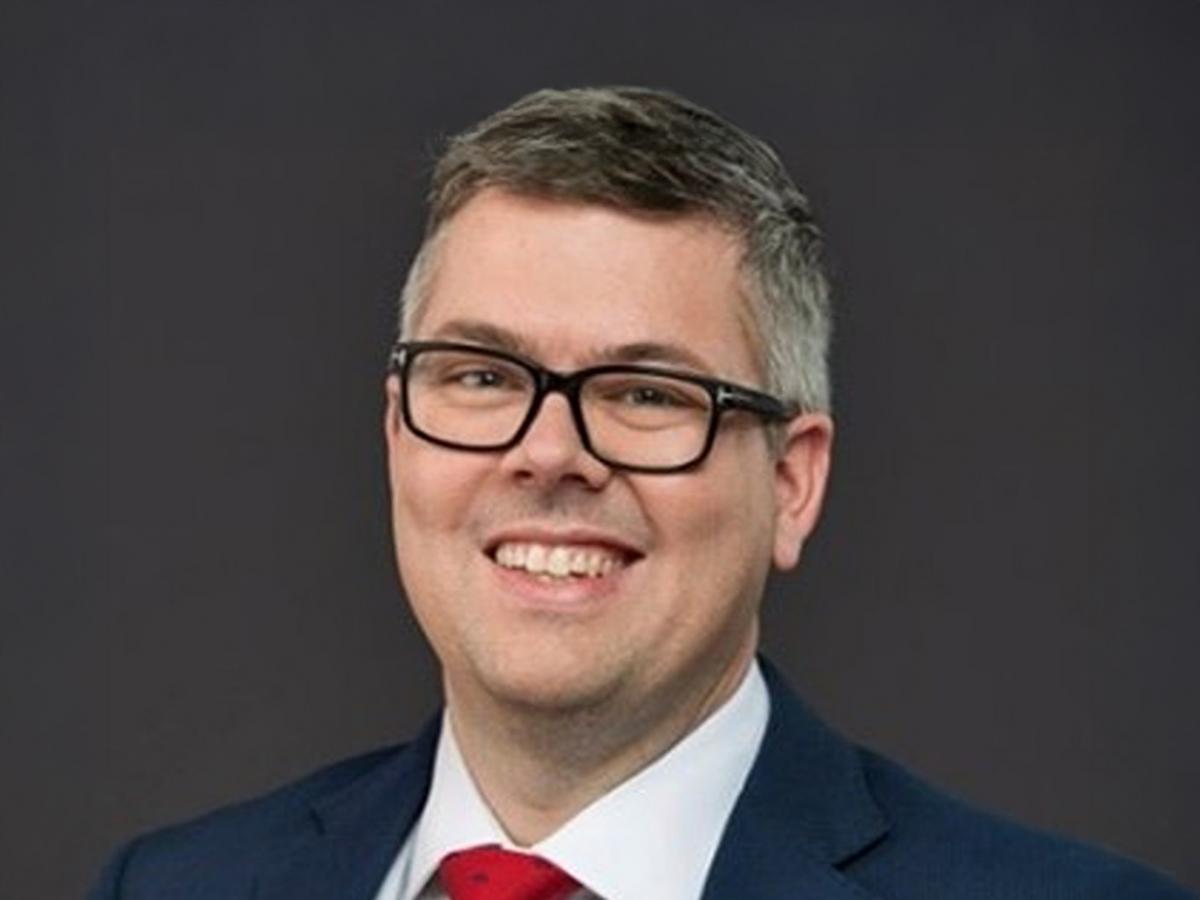
Mr Michael Brown MP was first elected to South Australia’s Parliament as Member for Playford in March 2018. Following electoral redistribution in March 2022 he has since served as Member for Florey.
Mr Brown has served on a number of Parliamentary Committees, including as the Chair of the Select Committee on Artificial Intelligence and as a member of the Joint Committee on the Establishment of Adelaide University.
Before being elected to Parliament, Mr Brown spent six years as State Secretary of South Australian Labor, after which he served as the Chief Executive of an Adelaide law firm and as Chief of Staff to the Minister for Communities and Social Inclusion.
His Excellency Mr Radu Gabriel Safta, Ambassador of Romania to Australia is a special guest speaker at the HiTeMP-4 cocktail function, to be held on Mon 21 Oct, 2024 at the National Wine Centre, Adelaide.

His Excellency Mr Gabriel Safta has held the position of the Ambassador of Romania to Australia since 8 April 2021.
Between 2009 and 2016, Mr Safta served as Ambassador of Romania to South Africa with additional accreditations to Namibia, Botswana and Mozambique.
Previously, he held the Consul General office in Toronto- Canada (1998-2002) and Istanbul-Turkey (2004-2009) with additional accreditation to the Black Sea Economic Cooperation Organisation.
In the Foreign Ministry Headquarters in Bucharest, Mr Safta was Director General for Global Affairs (2016-2021), Director/Deputy Director for Consular Relations (2002-2004), Director of the Direction of Diplomatic Organization (1997-1998).
He holds a MSc in Hydropower Engineering from the Technical University of Constructions in Bucharest (1979-1984), a MBA from the Academy of Economic Studies in Bucharest and CNAM Paris (1993-1996), a PHD in International Relations and European Integration from the Babeş-Bolyai University in Cluj Napoca (2010) and a PhD in Hydraulics from the Technical University of Constructions in Bucharest (1998).
Dr Fiona Simon, CEO of the Australian Hydrogen Council (AHC), is the HiTeMP-4 Forum Dinner speaker, to be held on Tues Oct 22, 2024 at the Adelaide Oval.
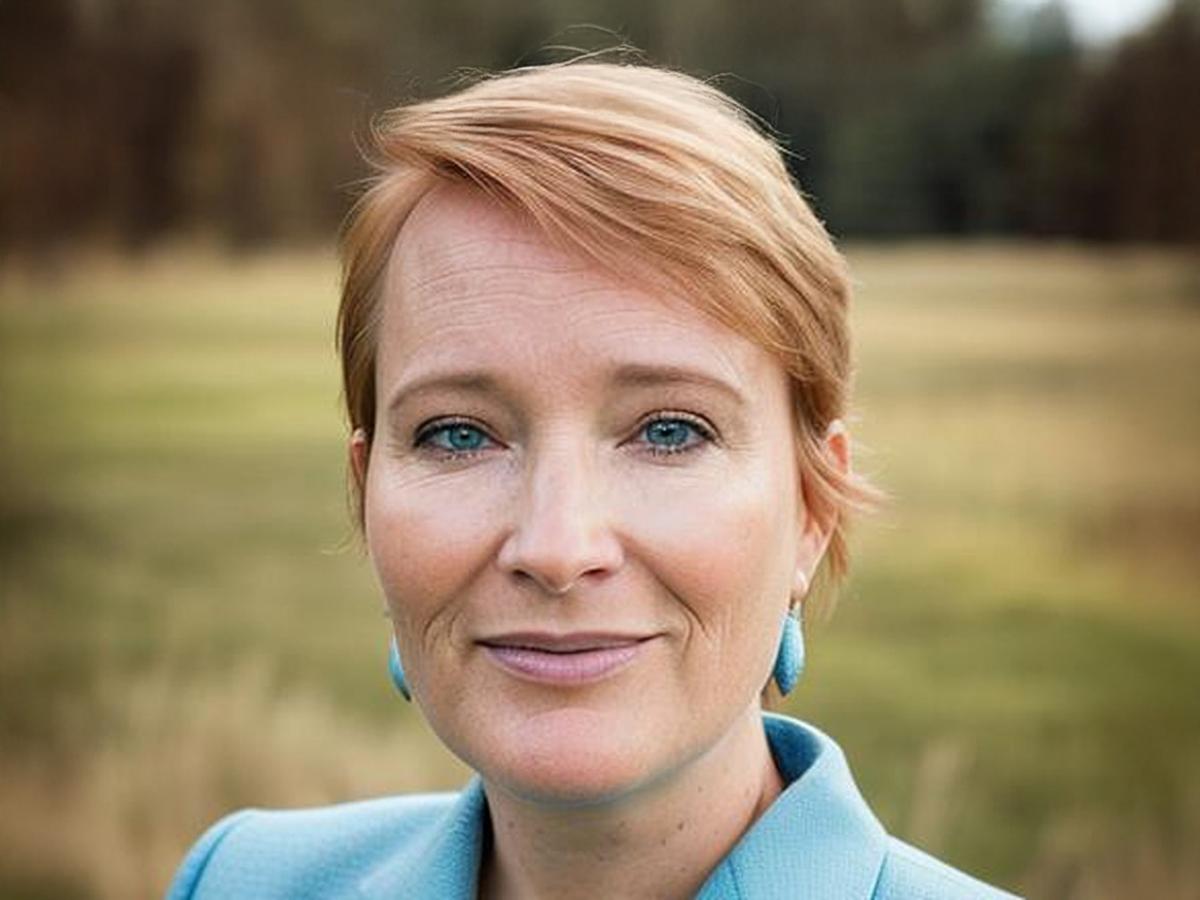
Fiona Simon is the CEO of the Australian Hydrogen Council (AHC), the peak body for the Australian hydrogen industry.
AHC connects the hydrogen industry and its stakeholders in building a secure, clean and resilient energy future that sustainably produces and uses hydrogen within the energy mix. AHC’s members are from a range of sectors, including energy, transport, consulting, banking and technology.
Prior to joining the Australian Hydrogen Council, Fiona worked for close to 20 years in energy policy and regulation, specialising in energy retail competition and consumer protection matters.
Fiona holds a Bachelor of Arts and a Doctor of Philosophy from the University of Melbourne. She has published a well-regarded academic book on retail energy regulation in Australia.
-
Ms Susan Jeanes, Director Jeanes Holland and Associates - s1

Susan has worked in the Australian renewable energy and broader sectors for more than two decades. She is a Director of Jeanes Holland and Associates (JHA) and a former Director of The Australian Renewable Energy Agency (ARENA). In addition, Susan is Chair of the HILT CRC, Director of the Environment Protection Authority, and Member of the Premiere’s Climate Change Council. Susan works with industry, research organisations and governments to build relationships and foster collaboration on shared goals. She develops pathways for reaching agreed outcomes from differing perspectives. She understands the political environment and how governments develop a national interest view. She has previously held the roles of inaugural CEO of the Australian Geothermal Energy Association (AGEA), and of the Renewable Energy Generators of Australia (REGA). Prior to 2002, she was the Climate Change and Energy Advisor to former Federal Environment Minister Robert Hill and the Member for Kingston in the Federal Parliament.
Susan will chair session 1: Introduction, Review, Global Drivers and Projections at the HiTeMP-4 Forum on October 21, 2024.
-
Prof Mikko Hupa, Special Research Advisor, HILT CRC - s2
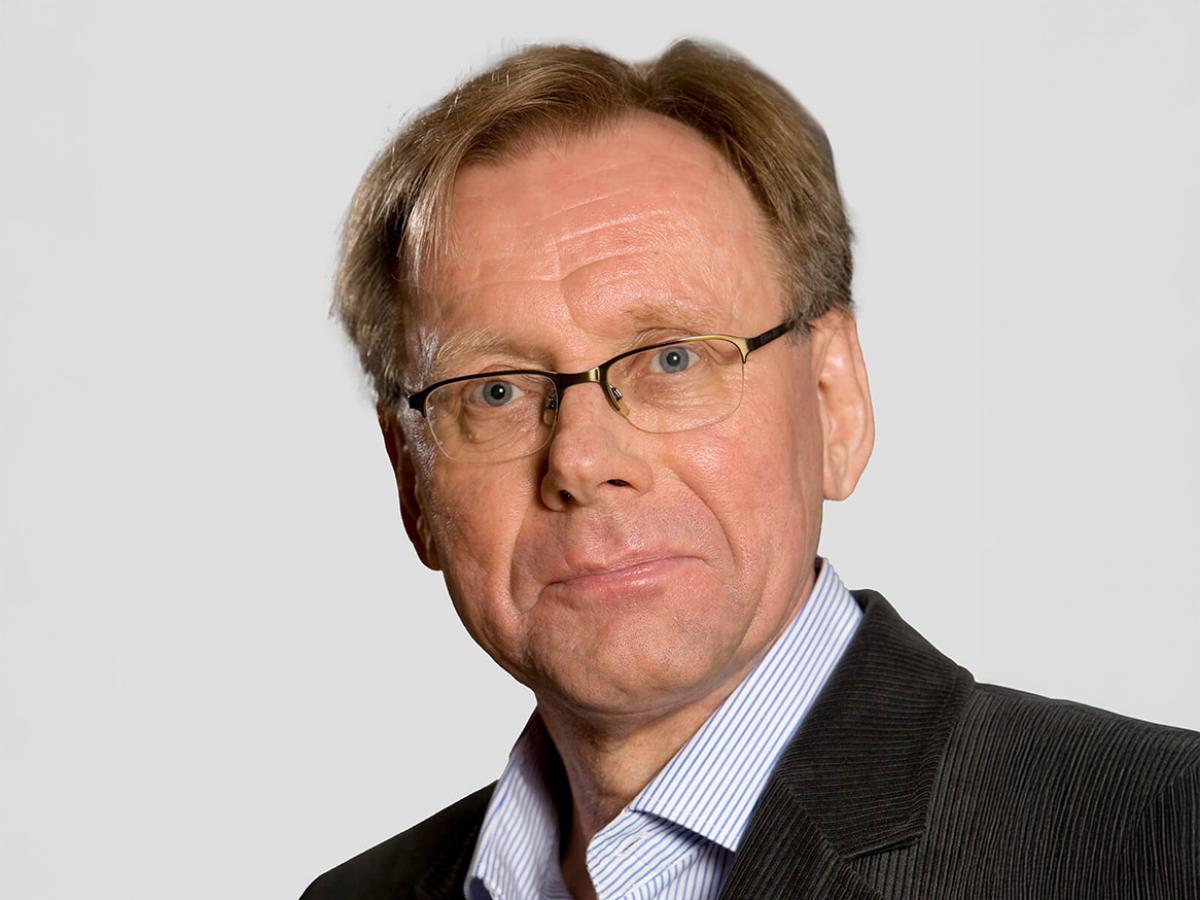
Mikko Hupa is former Professor in Chemical Engineering, and since 2021 Professor Emeritus, at the Åbo Akademi in Turku, Finland. In 2014 Mikko was elected to President of the university, a five-year term filled with successful operations and challenging reforms. Mikko has led major industry-academia research programs in areas of clean combustion, biomass and waste derived fuels, high temperature materials etc. His research has been strongly supported by major energy and pulp and paper companies. He was President of the International Flame Research Foundation, IFRF, an international organisation with more than 250 member organisations in almost twenty countries in the world in the area of industrial combustion. He is also a member of scientific or engineering academies in Finland, Sweden and the US. Mikko has supervised some 50 PhD Theses and is author of more than 400 international journal publications. Mikko’s research team was part of a National Center of Excellence in Finland 2000-2012. Mikko will bring his long experience in research collaboration between industry and academia and his expertise in biomass and waste based renewable energy to the HILT CRC Board.
Prof Mikko Hupa will co-chair session 2: Global Strategies and Initiatives in Decarbonisation of High Temperature Processes at the HiTeMP-4 Forum on October 21, 2024.
-
Ms Kyra Reznikov, Head of Environment, Planning & ESG, Special Counsel at Finlaysons - s2
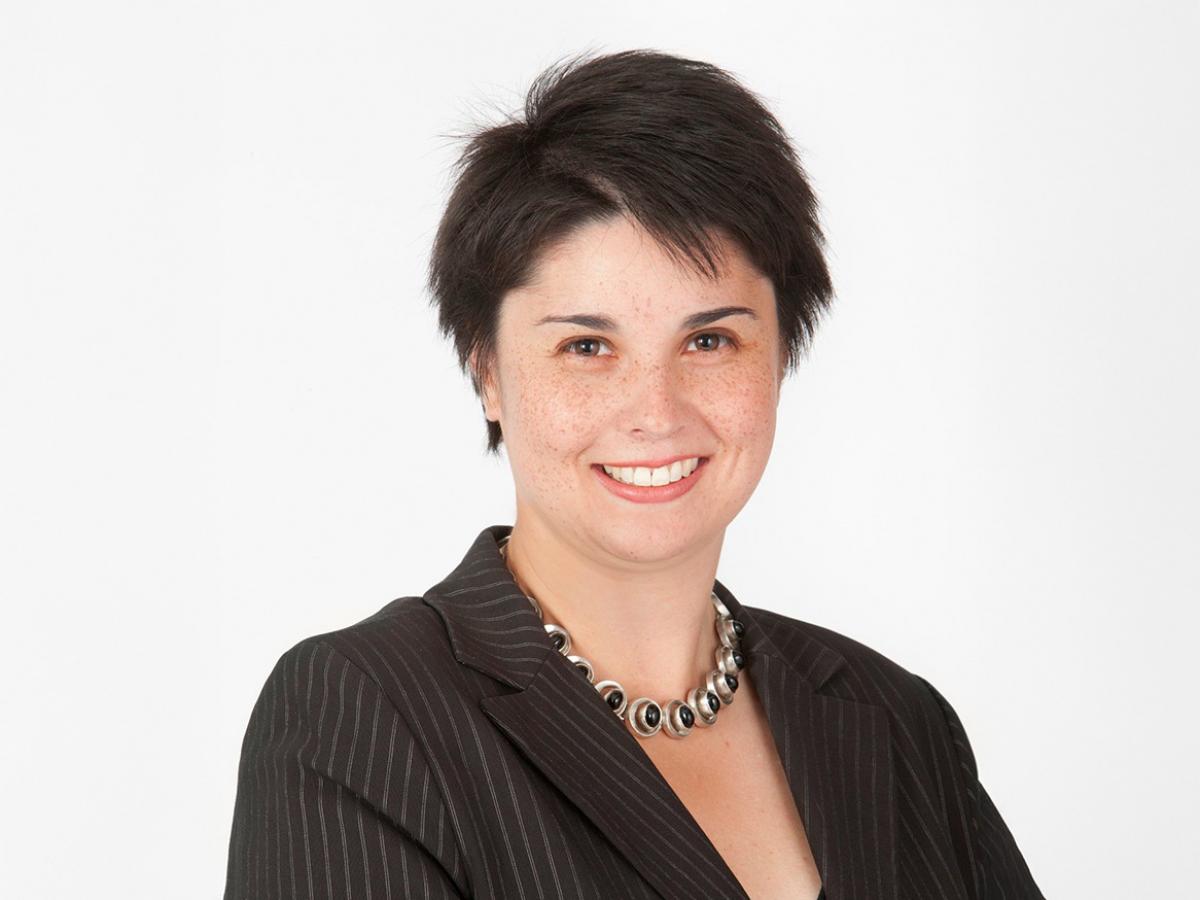
Kyra Reznikov is a member of the board of HILT CRC Ltd. She is the head of the Environment, Planning and ESG practice at Finlaysons Lawyers in Adelaide. For more than 20 years she has provided legal advice to clients in the Resources and Energy sectors regarding regulatory compliance, with a particular focus on regulatory approvals, project development, land access, environmental compliance and sustainability. She has degrees in Chemical Engineering and Law from the University of Adelaide.
Kyra Reznikov will co-chair session 2: Global Strategies and Initiatives in Decarbonisation of High Temperature Processes at the HiTeMP-4 Forum on October 21, 2024.
-
Prof Ellen B. Stechel, Professor of Practice and Co-Director, ASU-LightWorks® - s3

Ellen B. Stechel is the Executive Director of the Center for an Arizona Carbon-Neutral Economy, Co-Director of ASU LightWorks®, Professor of Practice, School of Molecular Sciences; and Senior Futures Scientist, Julie Ann Wrigley Global Futures Laboratory at Arizona State University (ASU). With a Ph.D. in chemical physics from the University of Chicago, her career has afforded her opportunities to build and/or coordinate research programs at a national laboratory, industry, a U.S. government agency, and now in higher education; in both basic and applied research; policy and commercialization of emerging technologies; and in multi-disciplinary R&D strategy and management. Her current research focuses on materials and systems design for solar technologies for producing sustainable liquid hydrocarbons from carbon dioxide, hydrogen from advanced water splitting, clean water, renewable ammonia, and for thermochemical and chemical energy storage.
Prof Ellen B. Stechel will chair session 3: Industry Hubs for the Heavy-Industrial Sector at the HiTeMP-4 Forum on October 21, 2024.
-
Ms Rachelle Doyle, Manager Strategic Programs, Rio Tinto Iron Ore - s4
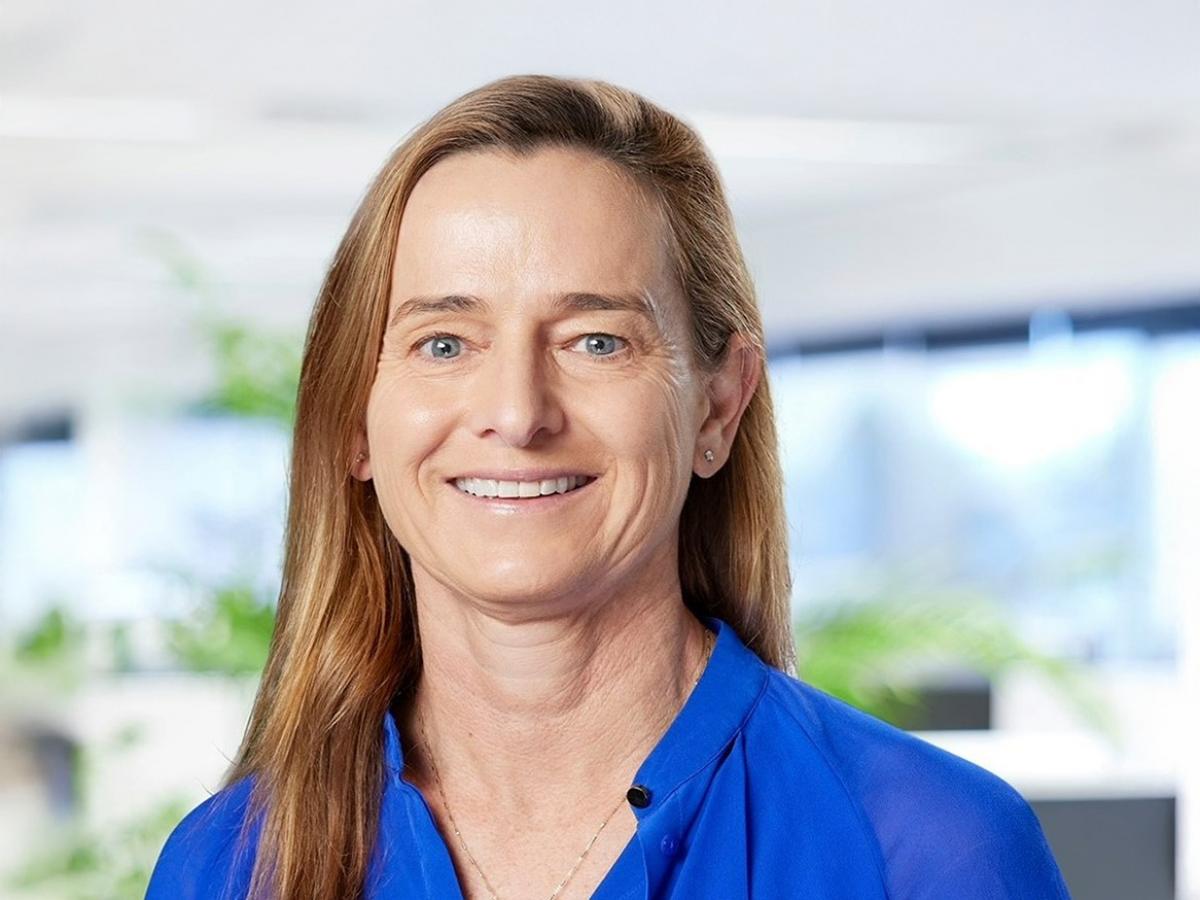
Rachelle is a passionate energy transition champion and clean energy leader. She is an experienced professional with over 20 years’ experience working in the energy and minerals processing with significant experience in provision of technology and engineering solutions for complex projects and operating environments. She believes building long-term meaningful relationships is critical to enable sustainability and energy transition to net zero emissions.
Rachelle is Manager Strategic Programs for Rio Tinto Iron Ore, the current Chair of the Standards Australia ME-093 Hydrogen Technologies committee, an Industry Advisory Board member for the University of Adelaide Centre for Energy Technology and a Fellow of the Institution of Chemical Engineers.
Rachelle Doyle will co-chair session 4: Energy Infrastructure - Overcoming the Barriers at the HiTeMP-4 Forum on October 21, 2024.
-
Prof Bassam Dally, King Abdullah University of Science and Technology - s4
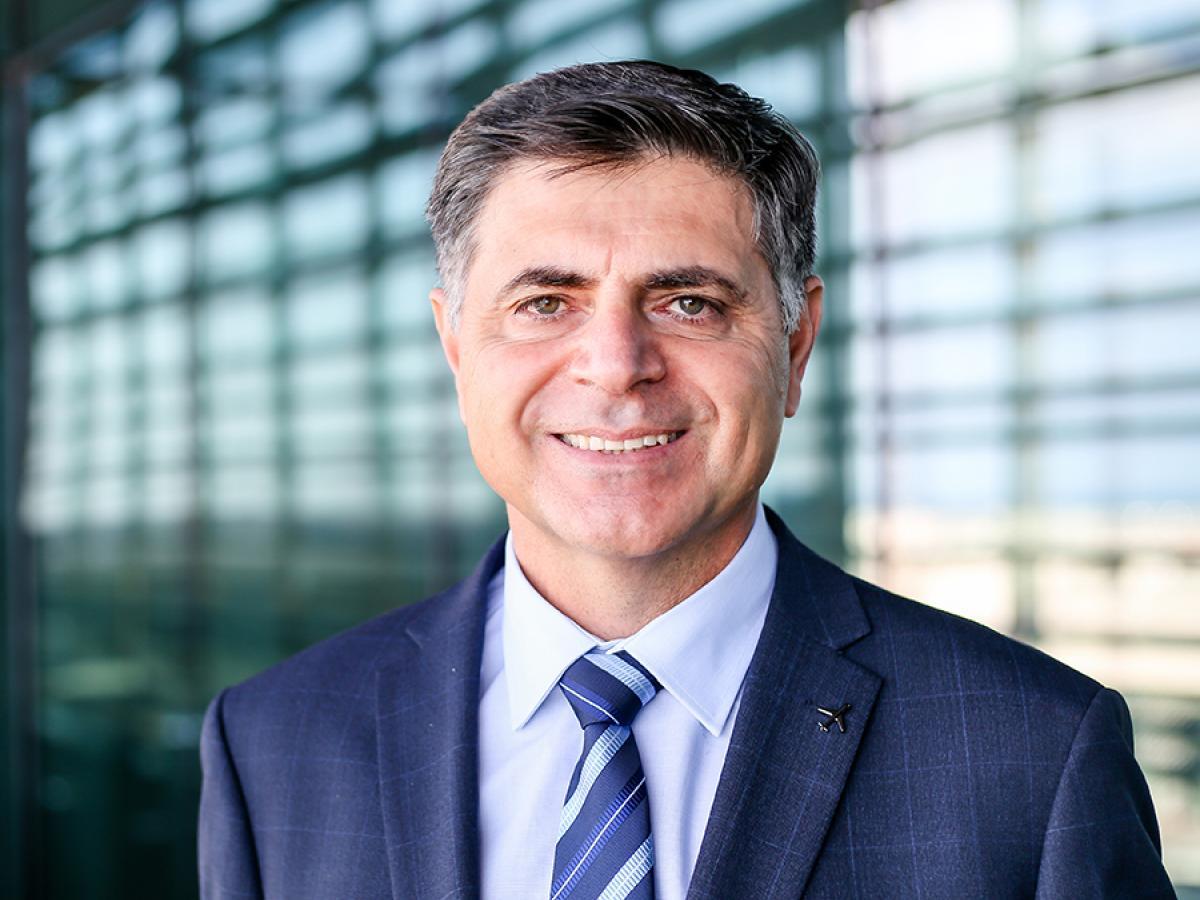
Bassam Dally is a Professor of Mechanical Engineering, at King Abdullah University of Science and Technology, KAUST, Saudi Arabia. He has been in academia for last 33 years, where he has contributed seminal work on a variety of research topics related to energy conversion, sustainability and decarbonisation. He has expertise, in solar thermal, ocean power, combustion, hybrids and alternative fuels production and utilization. Lately, his work is particularly focused on the development of new technologies to decarbonize industrial processes, waste to value (plastic recycling), energy systems and fuel pyrolysis. He has published more than 380 peer reviewed papers in leading scientific journals and conferences, and his work attracted more than 10,600 citations (h-index=53), and he is named on four patents. He held many positions, including head of mechanical engineering, deputy director of the centre for energy technology (University of Adelaide) and stream co-lead in the KAUST circular carbon initiative. He is one of the initiators and a team member of the Energy Voice debate in SA. He won many awards over the years, including ‘Energy Professional of the Year in South Australia’, and recently was awarded a Fellowship of the Combustion Institute.
Prof Bassam Dally is co-chairing session 4: Energy Infrastructure - Overcoming the Barriers at the HiTeMP-4 Forum on Oct 21, 2024.
-
Prof Peter Draper, Executive Director, Institute for International Trade, the University of Adelaide - s5
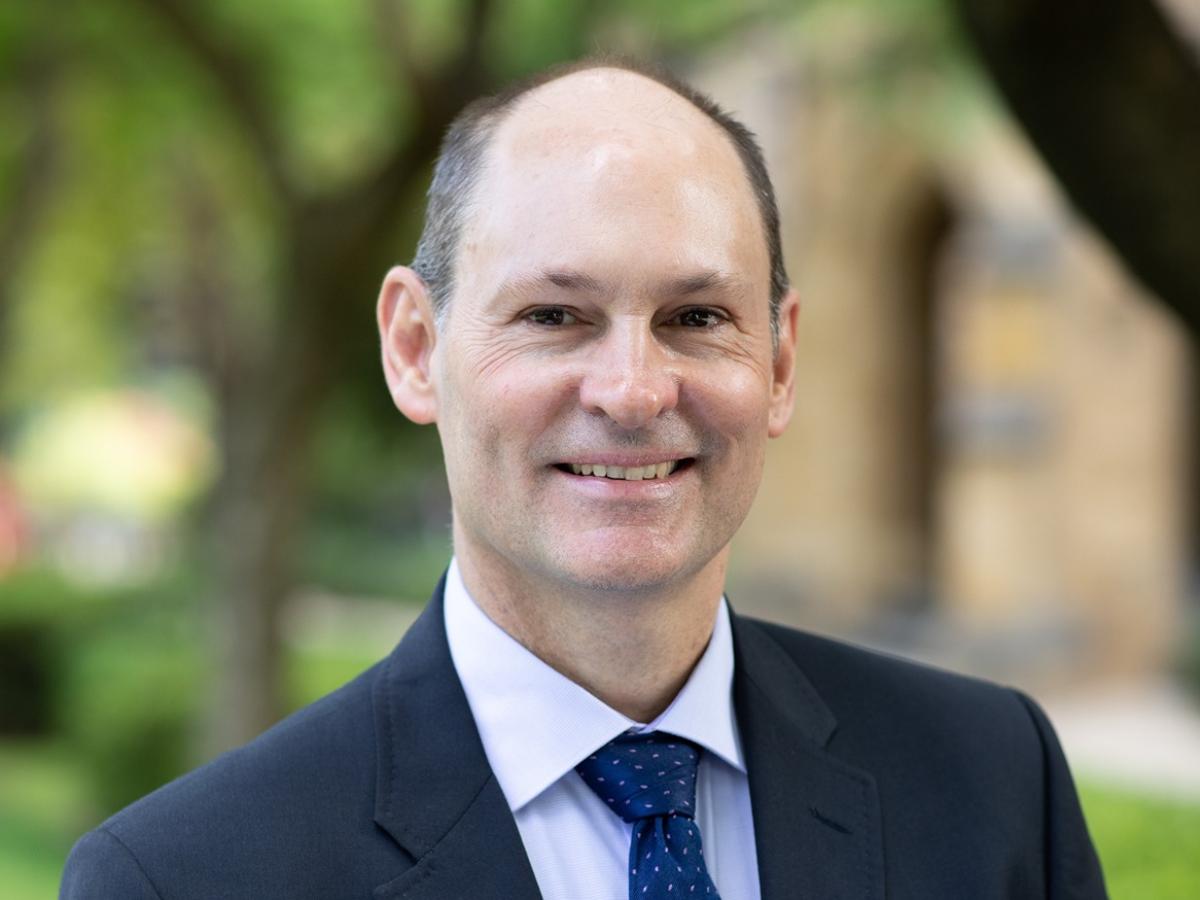
Peter is Professor and Executive Director of the Institute for International Trade in the School of Economics and Public Policy, The University of Adelaide, Australia. He holds a Jean Monnet Chair in Trade and Environment and directs the newly established Jean Monnet Centre on Trade and Environment. He is a board member of the Australian Services Roundtable. He is also a Director of the Board of Trustees of the International Chamber of Commerce’s Research Foundation; non-resident senior fellow of the Brussels-based European Centre for International Political Economy; and Associated Researcher at the German Institute of Development and Sustainability.
Peter has extensive international trade and investment policy research experience, traversing a wide variety of global, regional, and national contexts from the WTO, through various regional economic integration groupings, to country-focused projects. He has also worked on many different aspects of global supply chains, particularly their governance and immersion in trade cooperation arrangements, including the political economy of evolving governance arrangements. He has consulted to many international organizations, including the OECD, the World Bank, the WTO; the United Nations including UNESCAP; the EU, the African Union, and the Southern African Development Community. He has also worked for G7 governments on a bilateral basis, and key developing countries, notably the BRICS, in the G20 context. For ten years he was closely involved in the World Economic Forum’s Global Trade and Investment Council, including as Chair, Co-Chair, and Vice-Chair. He has published widely on trade policy, arrangements, and negotiations, and has extensive experience in the think tank world. His expertise lies in international political economy, or the practical study of why states pursue particular forms of integration into the global economy and their approaches to negotiating their terms of engagement (or trade policy settings). He has led and participated in many consulting projects related to these themes.
Prof Peter Draper will co-chair session 5: Policy, Regulation and Finance at the HiTeMP-4 Forum on October 22, 2024.
-
Assoc Prof Fiona Beck, Australian National University and HILT CRC - s5
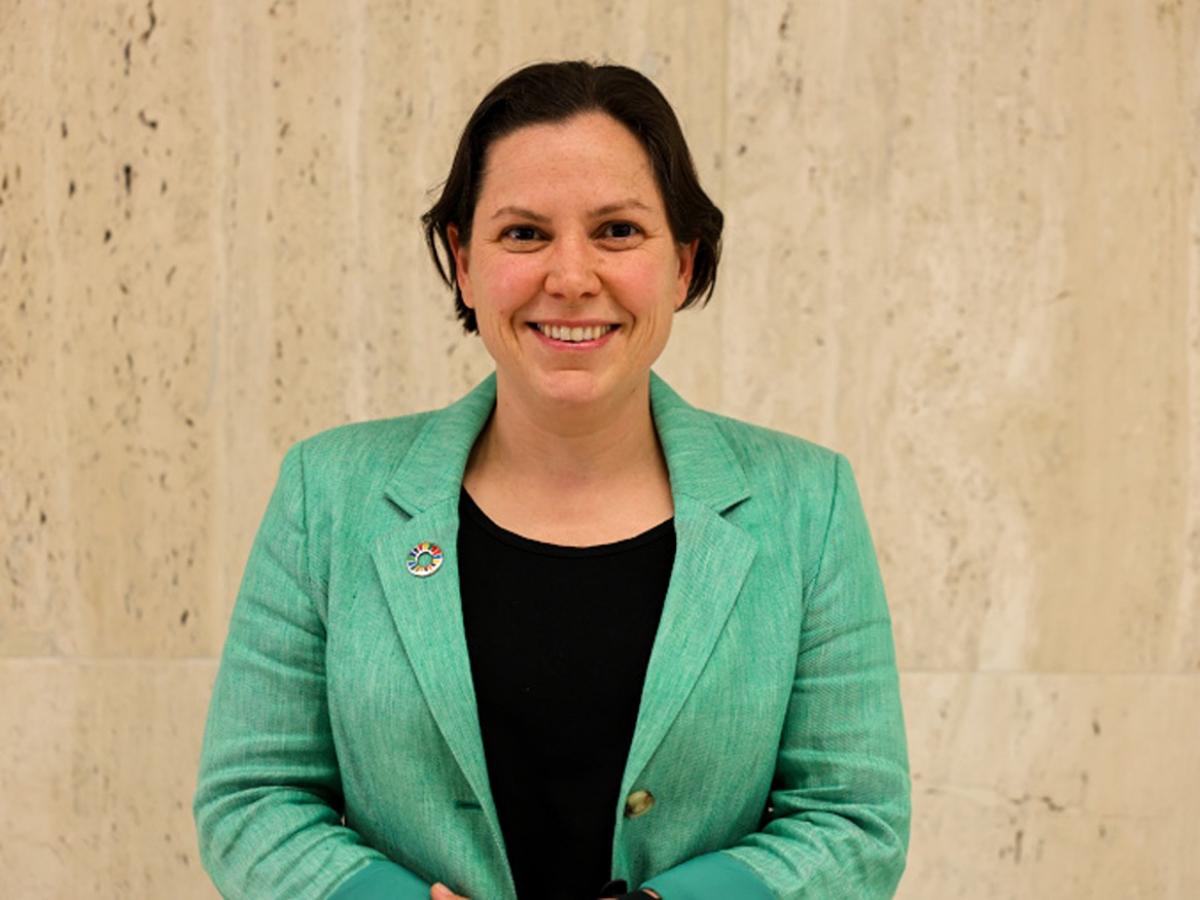
Fiona Beck is an Associate Professor at the ANU School of Engineering and research lead for the Facilitating Transformation Program in the HILT CRC - De-Risking Decarbonisation for Heavy Industry. Her research focuses on the opportunities and challenges in transitioning the global energy system from fossil fuels to renewable energy. She has over 15 years’ experience developing novel technologies for solar energy including the production of renewable fuels and commodities like hydrogen. Over the past 5 years, her work has combined engineering, energy policy, and techno-economics to provide high quality information on the costs, benefits, and implications of decarbonisation pathways for a range of stakeholders, including industry, government and the broader community.
Associate Professor Fiona Beck will co-chair session 5: Policy, Regulation and Finance at the HiTeMP-4 Forum on Oct 22, 2024.
-
Dr Burkhard Seifert, Manager Innovation Execution, BHP - s6
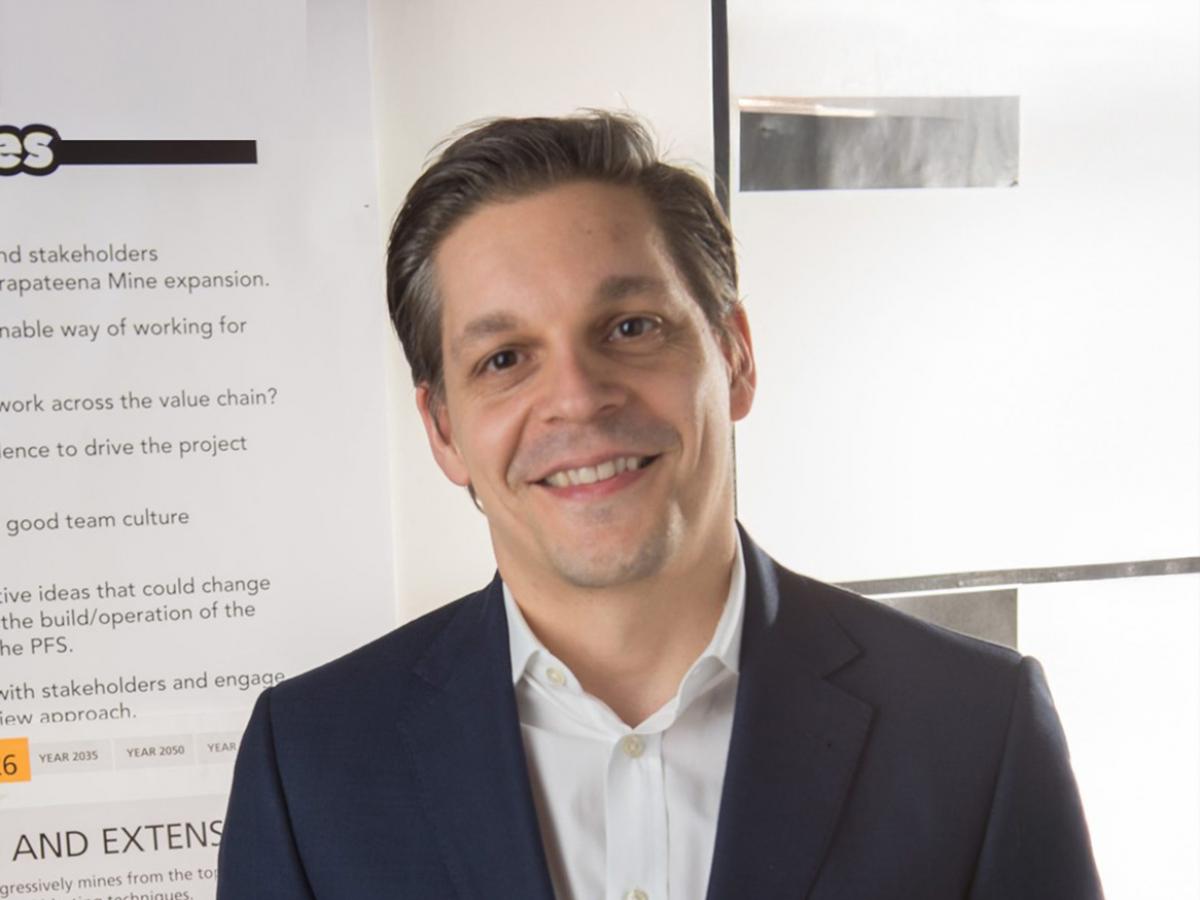
Burkhard Seifert is Manager Innovation Execution in BHP's Global Innovation Team, Think & Act Differently. Burkhard has over 18 years of international experience in managing and developing technology projects across various sectors including mining, oil & gas, and renewable energy. He has a unique blend of experience derived from having successfully operated in the three places where technology development and innovation is professionally practised: corporate innovation, academia, and start-ups. His experience having worked in corporate innovation teams is complemented by his experience as a consultant advising Boards and Executive teams. Burkhard has also co-founded a start-up developing emission reduction projects for major energy and mining companies and has been instrumental in fostering innovation within academia.
As the energy transition relies on the mining industry to meet the growing demand for the resources the world needs to grow and decarbonise, accelerating technology development and integration presents immense opportunities to unlock these resources faster and more cost-effectively whilst lowering the environmental footprint. Building partnerships and collaborations are key for success.
Burkhard holds a PhD and an MSc in Mechanical Engineering from the Technical University Munich, with specialisation in Process Engineering, Thermodynamics, Desalination, and Renewable Energy.
Burkhard Seifert will chair Session 6: Net Zero Upstream Processing Technology.
-
Prof Peter Ashman, the University of Adelaide & HILT CRC - s8
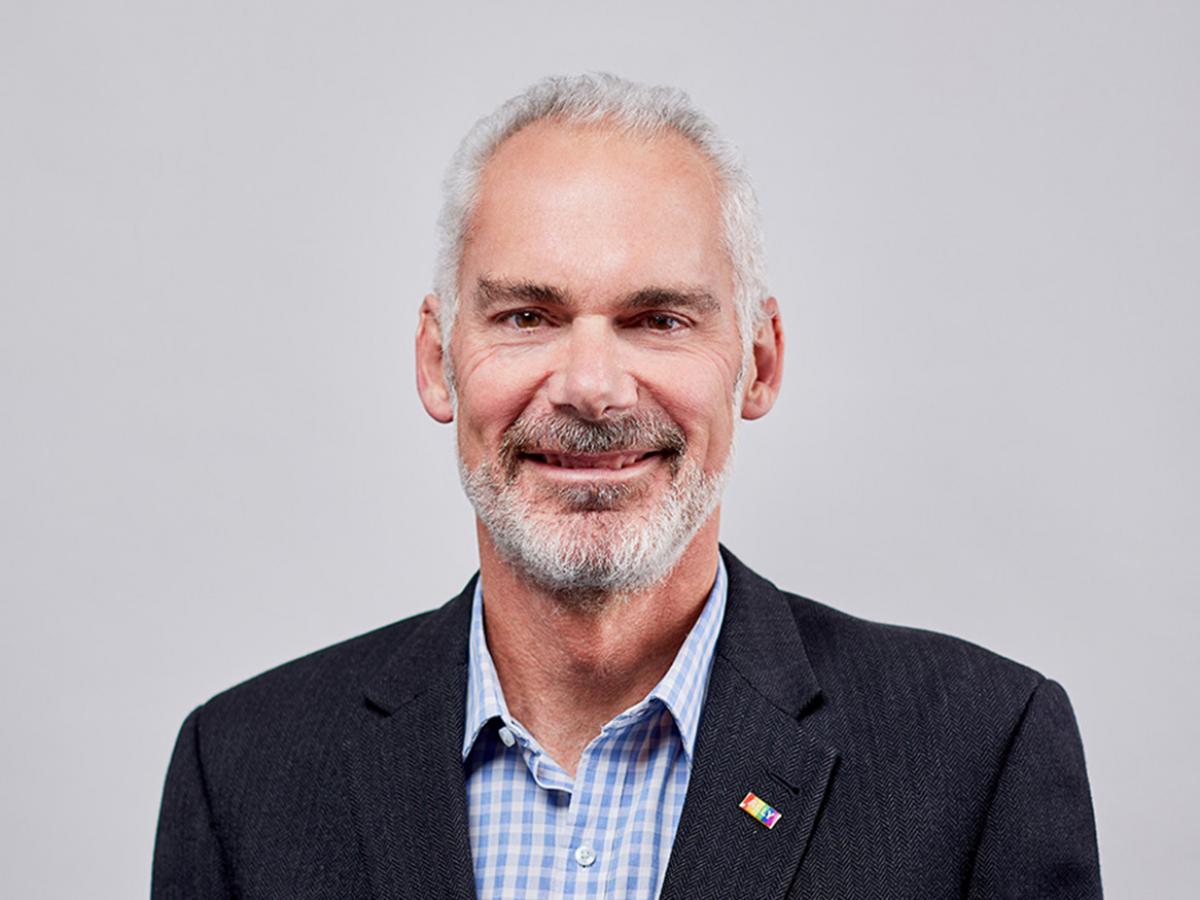
Professor Peter Ashman is a Professor in the School of Chemical Engineering and is seconded as Program Leader for the Cross-Cutting Technologies program within the HILT CRC. He is a senior member of the University of Adelaide’s Centre for Energy Technology (CET) and his current research interests are in the fields of clean energy, H2 production technologies, H2 utilisation, biomass, bioenergy and solar thermal energy. He also co-leads the End-use Appliances working group as part of the Future Fuels CRC.
As part of the Future Fuels CRC his team undertook a detailed technical and economic assessment of existing and emerging processes for the production of both blue and green hydrogen. This work was undertaken with colleagues in the Dow Centre for Sustainable Engineering Innovation at the University of Queensland and colleagues at the University of Melbourne.
Also with the Future Fuels CRC he is currently working to investigate and understand changes in performance when existing domestic and industrial combustion appliances and systems are fuelled using mixtures of hydrogen and natural gas. This work is vital to underpin the safe roll out of hydrogen blending projects across Australia. This work also considers the impact of various impurities associated with the production of biomethane from biogas.
Previously with the Centre for Energy Technology, he worked with colleagues here and with other university and industry collaborators, to develop and assess new approaches for the direct integration of solar thermal energy into various industrial processes including, with ARENA funding, the production of alumina.
With colleagues in the Centre for Energy Technology (CET), Prof Ashman previously worked on the development of new processes and technologies in the field of solar gasification. This group has been assessing process options for the production of synthetic transport fuels using solar gasification with coal, biomass and agricultural residues as feedstocks. They are also conducting experiments to assess the impact of intense solar radiation on the pyrolysis and gasification of solid fuels and the impact on ash formation and ash agglomeration mechanisms. They are planning larger-scale experiments making use of a unique 50kW solar simulator which is currently being constructed.
Prof Peter Ashman will chair session 8: Net Zero High Temperature Process Technology at the HiTeMP-4 Forum on October 22, 2024.
-
Mr Brian McDonald, Technical Development Director, Roy Hill - s9 & 10

Brian has over 30 years’ experience in the iron ore mining and steelmaking industries, and possesses a unique combination of technical expertise, commercial acumen and industry insight. During this time his involvement has included:
- R&D, operation, commercialisation and marketing relating to ground-breaking new processing technology, including DRI / HBI and Direct Smelting (HIsmelt)
- Studying the feasibility of new iron ore mines and processing technology
- Sales & technical marketing for iron ore, working with customers in China (including a 2-year placement in Beijing), Japan, Korea, Taiwan, South-East Asia and India
- BF-BOF steelmaking operations
Brian works for Roy Hill, a 60 million tonnes per year producer of iron ore, which is majority owned by Hancock Prospecting (the largest privately owned company in Australia, and a Top 10 company by profits).
Brian represents Roy Hill’s involvement as a Core Partner in the HILT CRC, and Chairs the Steering Committee which recommends research projects to the Board for approval.
Brian McDonald will chair sessions 9 & 10 on International Best Practice in the Pathways to Net-zero Iron and Steel at the HiTeMP-4 Forum on October 23, 2024.
-
Mr Adrien Guiraud, Principal Research Consultant - Processing Mineral Resources, CSIRO - s9 & 10

Adrien Guiraud is a Principal Research Consultant in the Green Metals Production Group at CSIRO and research co-lead for the Processing Technologies Program in the HILT CRC.
He is an engineer with over 15 years’ experience leading R&D projects for the minerals & metals industry, in the areas high temperature minerals processing, primary metal production and decarbonisation.
Adrien's expertise covers a broad range of projects across multiple commodities, including: dry granulation and heat recovery from metallurgical slags, production and use of metallurgical-grade biochar in ironmaking, mass and energy balance modelling of green steel processing routes, microwave processing of copper ores (including ore sorting and pre-comminution), and novel energy efficiency aluminium reduction cell technologies (including sidewall heat recovery and high amperage/low energy designs).
-
Mr Mitch Burt, Practice Lead for Decarbonisation Technology, South32 - s11
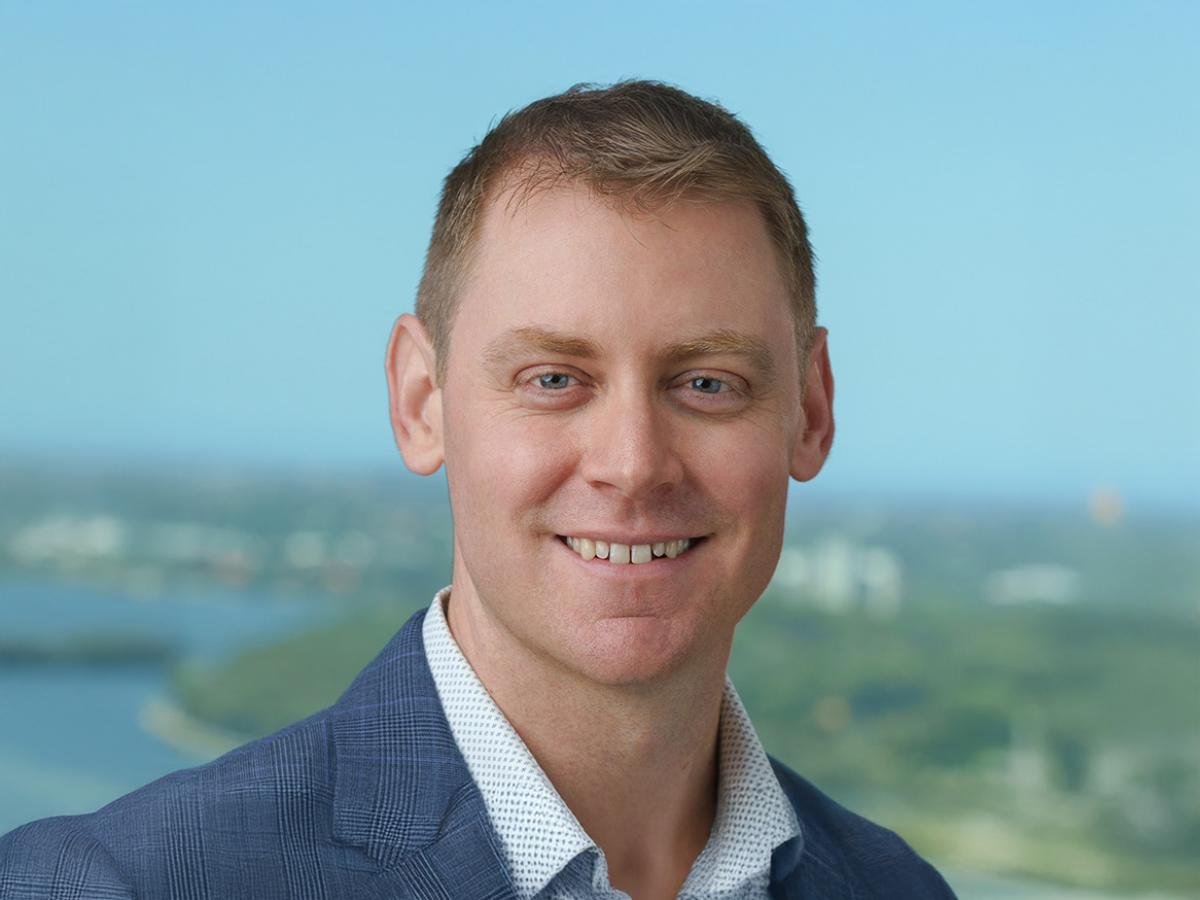
Mitch Burt is the Practice Lead for Decarbonisation Technology at South32, where he is responsible for identifying and advancing nascent technology options that will be required to achieve net zero emissions across the company's diverse portfolio of operations.
A Mechanical Engineer by profession, he has spent the majority of his career in operational roles at underground coal and hard rock mines in central and western Queensland. Prior to moving into technology development, his experience included project management, asset management, finance and managing multi-disciplinary teams.
In his current role since 2021, Mitch has identified key technology focus areas for South32, established and accelerated internal study programs, and played leading roles in collaborative partnerships including the Long Duration Energy Storage Council, the Electric Mine Consortium and the HILT CRC. Mitch currently acts as the Industry Lead for the HILT CRC's Program 2 - Cross-cutting Technologies.
Mitch holds bachelor degrees in Mechanical Engineering and Science (Mathematics), a Graduate Diploma in Energy and Carbon Studies and a Masters in Renewable and Sustainable Energy for which he received the Staff Prize for Academic Performance.
Mitch Burt will chair session 11: International Best Practice in Pathways to Net-zero Alumina and Critical Minerals at the HiTeMP-4 Forum on October 23, 2024.
-
Mr Matthew Dixon, Technical & Sustainability Manager, Cement and Lime, Adbri - s12

Matt is the Technical Manager for the cement and lime division of Adbri. He leads the team responsible for major engineering capital projects, process optimisation, business improvement and sustainability. With a background in Chemical Engineering, he has held process engineering and production leadership roles within the Australian cement and lime industry spanning 20 years. Over this period he has been actively involved in the transition to more sustainable operations through a wide range of alternative fuel and industrial waste recovery initiatives.
Matt Dixon will chair session 12: International Best Practice in the Pathway to Net-zero Cement and Lime at the HiTeMP-4 Forum on Wed October 23, 2024.
